Every rabbit owner knows the joy of seeing their furry friend hop around, munching happily on a pile of fresh hay. But what happens when your rabbit suddenly loses interest in eating? It's a scary moment that leaves you asking, "Is this normal, or is it something serious?"
Click Here For a Guide to Understanding Your Rabbits Diet.

Knowing your rabbit's daily routine, favorite foods, and typical behavior is crucial. It's the best way to spot a potential health issue before it becomes an emergency. Rabbits are masters of hiding illness, so even subtle changes can be a big red flag that needs your attention.
If you've ever worried about your rabbit not eating, keep reading. We'll break down the most common causes, what you should do immediately, and how to prevent future problems from happening.
Why Rabbits Stop Eating: The Basics
Unlike some animals, rabbits have very delicate digestive systems. They are designed to process food — mainly fibrous materials like hay constantly. Even a short lapse in eating can cause major health complications. A rabbit not eating for more than 4-6 hours is considered a medical emergency.

When a rabbit stops eating, it's usually a symptom of a larger problem, not the problem itself. It could be something as simple as stress or something as severe as a deadly internal issue like GI Stasis. Understanding the underlying cause is key to saving your rabbit's life.
Rabbit Behavior: What to Look For
Rabbits are prey animals. This means they instinctively hide signs of weakness to avoid looking vulnerable. While this strategy is essential in the wild, it makes it difficult for pet owners to notice when something is wrong.
Pay close attention to changes in your rabbit's behavior. Normally, most bunnies come running if you shake a bag of hay. Something might be off if your rabbit shows no interest or just nibbles a tiny amount. Lethargy, hiding more than usual, and changes in posture are all subtle signs to watch.
Also, keep an eye on their litter box. A healthy rabbit produces a constant supply of round, firm droppings. If the droppings are smaller, misshapen, or missing altogether, it can indicate digestive problems. Here's a helpful list of ways rabbits show they’re not feeling well.
The Quality of Hay Matters
When dealing with a rabbit not eating, one of the first things to check is the quality of their hay. Rabbits are highly sensitive to smells and freshness. Moldy, dusty, or old hay is not only unappetizing to them, but it can also be dangerous.
Good hay should smell fresh, feel dry (but not brittle), and have a greenish color. Avoid hay that is brown, smells musty, or feels damp. Buying high-quality hay from a trusted source is one of the easiest ways to keep your rabbit healthy.
If you suspect the hay might be the issue, offer a fresh batch from a new bag. You can also try offering a few of their favorite healthy treats. If they turn down the treat, it's almost certainly time to call your vet.
Rabbit Not Eating: When to Worry
Because rabbits are grazing animals, they need a near-constant food intake to keep their digestive systems moving. If your rabbit hasn't eaten for more than 4-6 hours, do not wait and see if they improve. Call your veterinarian immediately.
Delays in treatment can quickly turn a minor issue into a life-threatening one. Rabbits are fragile creatures when it comes to digestive health, and time is not on your side when appetite loss occurs.
Establishing a Relationship with a Rabbit-Savvy Vet
Finding a vet who understands rabbits is important before you ever experience a problem like your rabbit not eating. Unfortunately, not every veterinarian specializes in rabbit care. Some may know general care for cats and dogs but have limited experience with bunnies.
Always ask whether the vet knows rabbit anatomy and health concerns. You can also check if they are listed on the House Rabbit Society's vetted list of rabbit-experienced vets. Having a vet who already knows your rabbit's normal weight, dental condition, and personality gives you a huge advantage when something goes wrong.
Health Concerns That Cause a Rabbit Not Eating
GI Stasis: The Silent Killer
One of the most dangerous reasons behind a rabbit not eating is a condition called Gastrointestinal Stasis (GI Stasis). This life-threatening problem happens when a rabbit's digestive system slows down or stops moving altogether.
Without food constantly passing through, gas builds up, causing severe pain. The rabbit becomes too uncomfortable to eat, making the problem spiral. Toxins from bad bacteria can damage the liver, leading to sudden death if untreated.
Signs of GI Stasis include:
- Small, hard, or no fecal pellets
- Refusing food, including treats
- Lethargy or sitting hunched with eyes half-closed
- Grumbling stomach noises (or complete silence)
Emergency treatment typically includes hydration therapy, pain management, and sometimes force-feeding under vet supervision. The best prevention? Provide unlimited fresh, fibrous hay like Timothy Hay, Orchard Grass, or Mountain Grass daily.
Hairballs and Grooming Issues
Another reason you might notice your rabbit not eating is hairball obstruction. Unlike cats, rabbits can't vomit. When they groom themselves, they swallow fur that must pass completely through the digestive system.
If your rabbit's diet is low in fiber, swallowed fur can form a blockage. This is why regular grooming and ensuring they eat plenty of high-fiber hay is crucial. Severe blockages sometimes require surgical removal, which can be risky.
Learn more about how brushing your rabbit can prevent this scary situation.
Dental Problems
Rabbit teeth never stop growing. Without constant grinding from chewing coarse hay, the teeth can overgrow or form painful points called spurs. These sharp edges cut into the tongue or cheeks, making eating painful or impossible.
Dental issues are a hidden cause of a rabbit not eating. Regular checkups, lots of coarse hay, and close observation for drooling, face rubbing, or picky eating help catch these problems early. Learn about checking your rabbit’s teeth for signs of trouble before they stop eating entirely.
Other Possible Reasons for a Rabbit Not Eating
While GI Stasis, hairballs, and dental issues are the most common serious problems, there are other reasons you might spot a rabbit not eating. Some are less dangerous but must be addressed quickly to keep your rabbit healthy and happy.
Stress and Environmental Changes
Rabbits are creatures of habit. Even small changes in their environment can cause enough stress to stop them from eating. Moving to a new home, a change in their hutch location, or the arrival of a new pet can disrupt their sense of security.
Watch closely after any big changes. Make sure your rabbit's living area is quiet, safe, and feels familiar. Adding cozy hiding places and keeping a consistent feeding schedule can ease transitions and encourage them to eat again.
Dietary Changes
Introducing new foods too quickly can upset a rabbit's digestive system. If you recently switched hay types or added a new vegetable without a gradual introduction, your rabbit might refuse food altogether.
Always introduce new foods slowly, offering just a tiny amount initially while keeping their regular hay as the main staple. If you want to expand your rabbit's diet safely, follow trusted guides like this vet-approved rabbit diet overview.
Temperature Extremes
Rabbits are sensitive to heat and cold. Extremely hot or cold weather can affect their appetite. Provide frozen water bottles, fans, and shade during hot months to keep them cool. In winter, ensure their living area is draft-free and comfortably warm.
If your rabbit is overheating, they may breathe heavily, stretch out fully, and refuse food. Cooling them down safely is critical — and contacting your vet should always be your first move if appetite loss continues.
Immediate Steps if You Notice a Rabbit Not Eating
When you realize your rabbit hasn't touched their food, time matters. Here's a simple plan of action:
- Check their hay, water, and environment for anything obviously wrong (spoiled hay, dirty water, loud noises, etc.).
- Offer a favorite healthy treat like a small piece of banana or a sprig of parsley. If they refuse, it's a sign the issue is serious.
- Gently feel their belly. Call your vet immediately if it's hard, bloated, or they react with pain.
- Monitor droppings — if there are none in 4-6 hours, or droppings look tiny and dry, it's a medical emergency.
- Keep them hydrated. If they won't drink, you can offer wet leafy greens or use a syringe with water (only under guidance from your vet).
These steps won't fix the underlying issue but can help keep your rabbit stable while you get veterinary help. Never attempt to diagnose or treat serious conditions at home — rabbits can decline very quickly.

Preventing Appetite Problems in Rabbits
While some causes of a rabbit not eating are unavoidable, there's a lot you can do to lower the risk dramatically. Prevention starts with consistency, a high-quality diet, and early detection of subtle health changes.
Feed a Hay-Based Diet
The single most important thing you can do for your rabbit's health is feeding them a diet that's at least 80% hay. Choose a mix of fibrous hays like Timothy Hay, Orchard Grass, and Mountain Grass. Make sure hay is always available and refreshed daily.
If you're looking for a comparison of different hay types and which are best for your rabbit's needs, this Rabbit Hole Hay guide is a great place to start.
Maintain Good Grooming Habits
Regular brushing removes loose fur that could otherwise form dangerous hairballs. Long-haired breeds like Angoras need daily grooming, but even short-haired rabbits benefit from a quick brush a few times a week, especially during shedding seasons.
Keep Their Environment Stable
Reduce stress by keeping their environment quiet, predictable, and comfortable. Avoid sudden loud noises, frequent changes, or introducing new pets without careful planning.
Schedule Regular Veterinary Checkups
Early detection saves lives. A yearly wellness exam can catch developing problems like dental issues or early digestive trouble before they become emergencies. Partnering with a rabbit-savvy vet gives you peace of mind and a support system when you need it most.
Key Takeaways
- If you notice your rabbit not eating, act fast. 4-6 hours without food can become life-threatening.
- GI Stasis, dental disease, hairballs, stress, and poor-quality hay are all common causes of appetite loss in rabbits.
- Prevention is key: feed plenty of fresh hay, groom regularly, maintain a stable environment, and schedule vet checkups.
Our rabbits rely on us to notice when something's wrong. Staying alert and responding quickly when your rabbit stops eating could be the difference between a minor scare and a devastating outcome. Trust your instincts, know what's normal for your bun, and don't hesitate to contact your vet whenever you're worried.

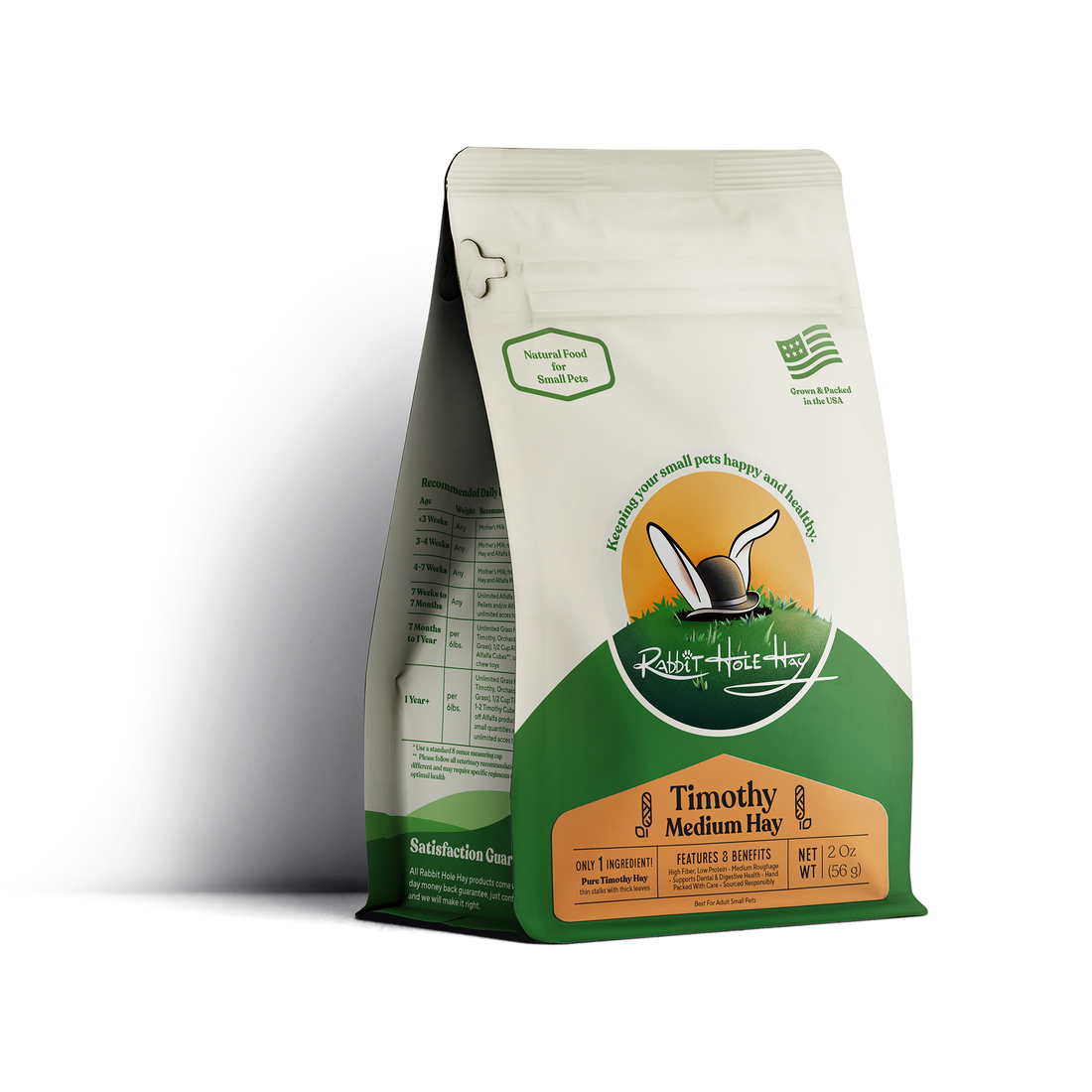
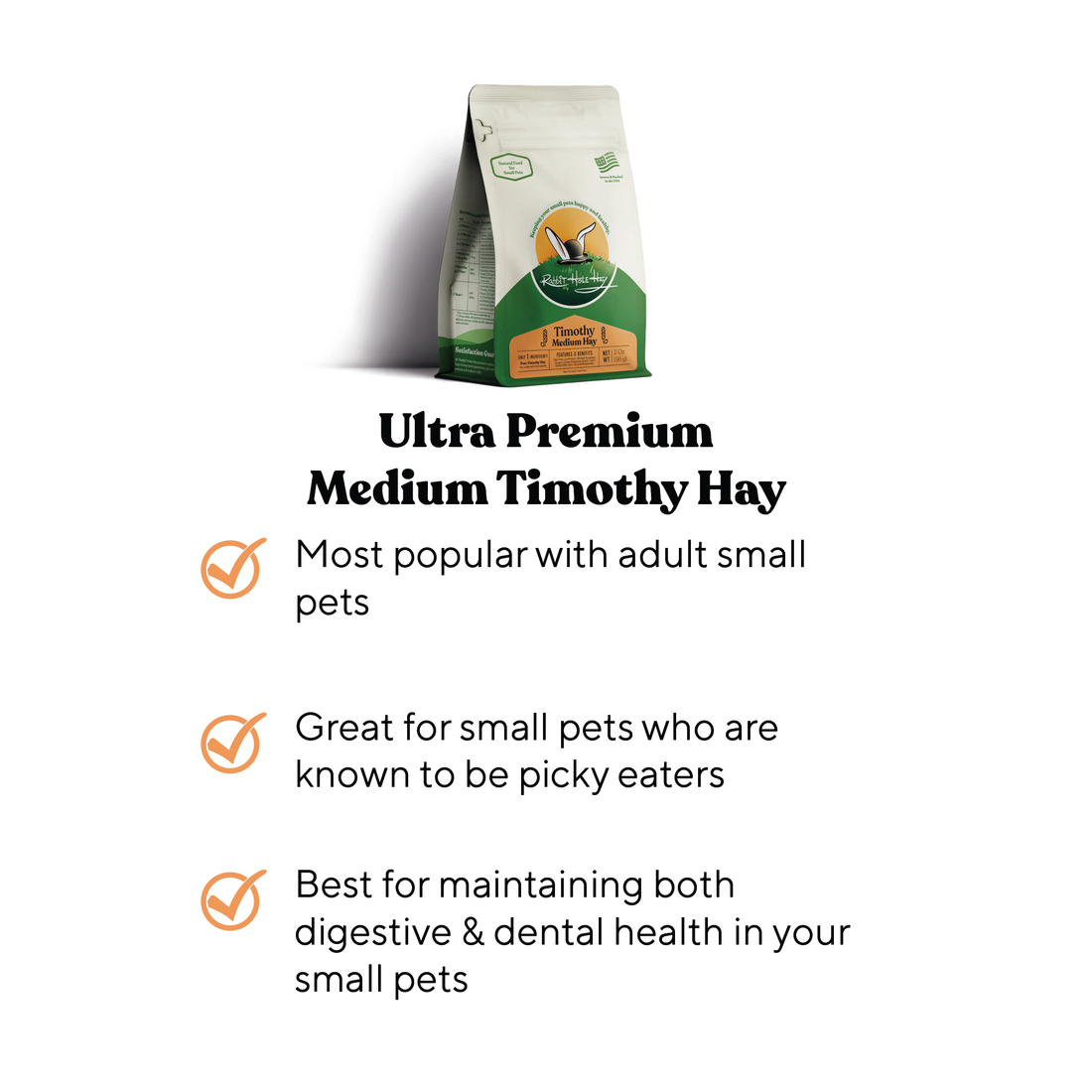
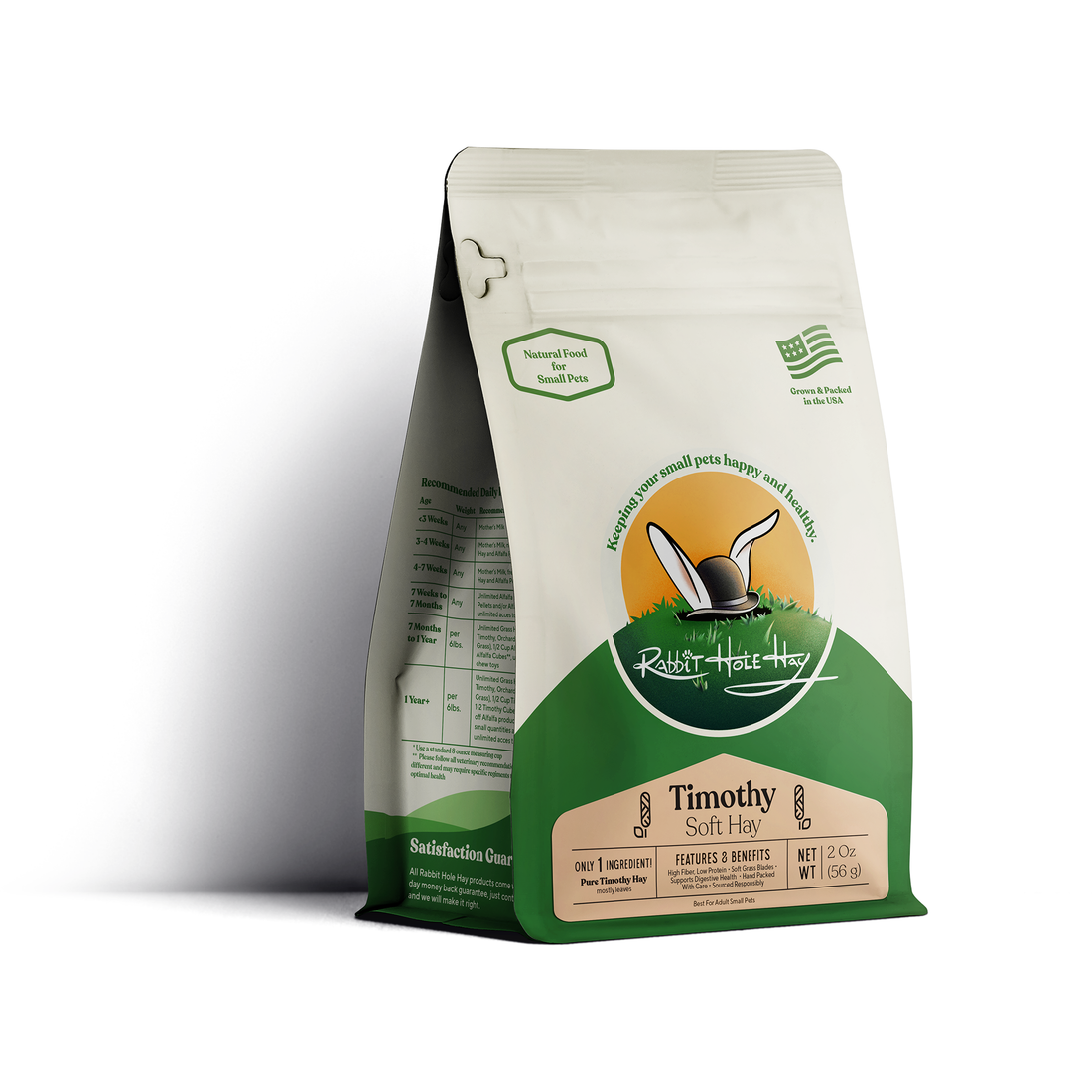
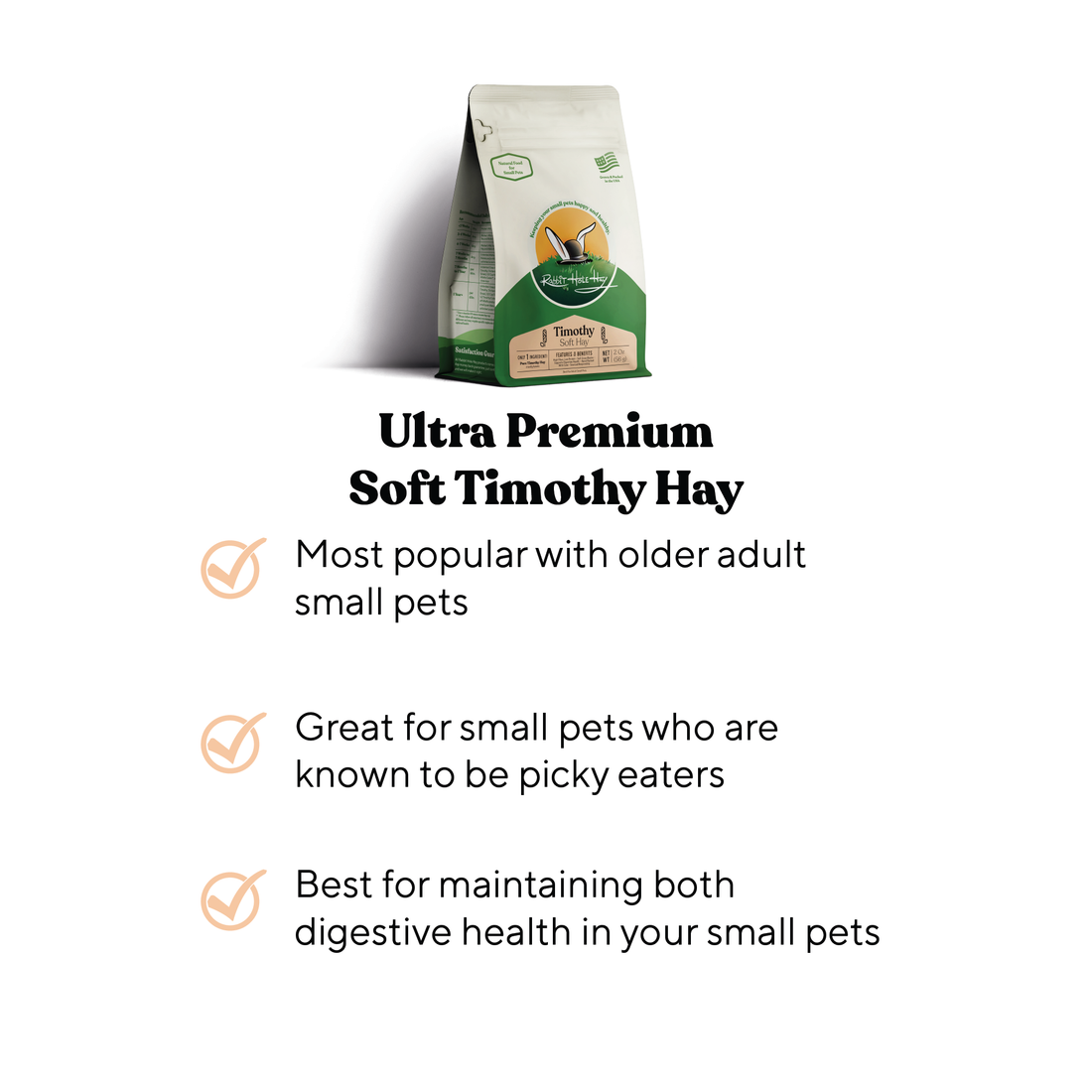
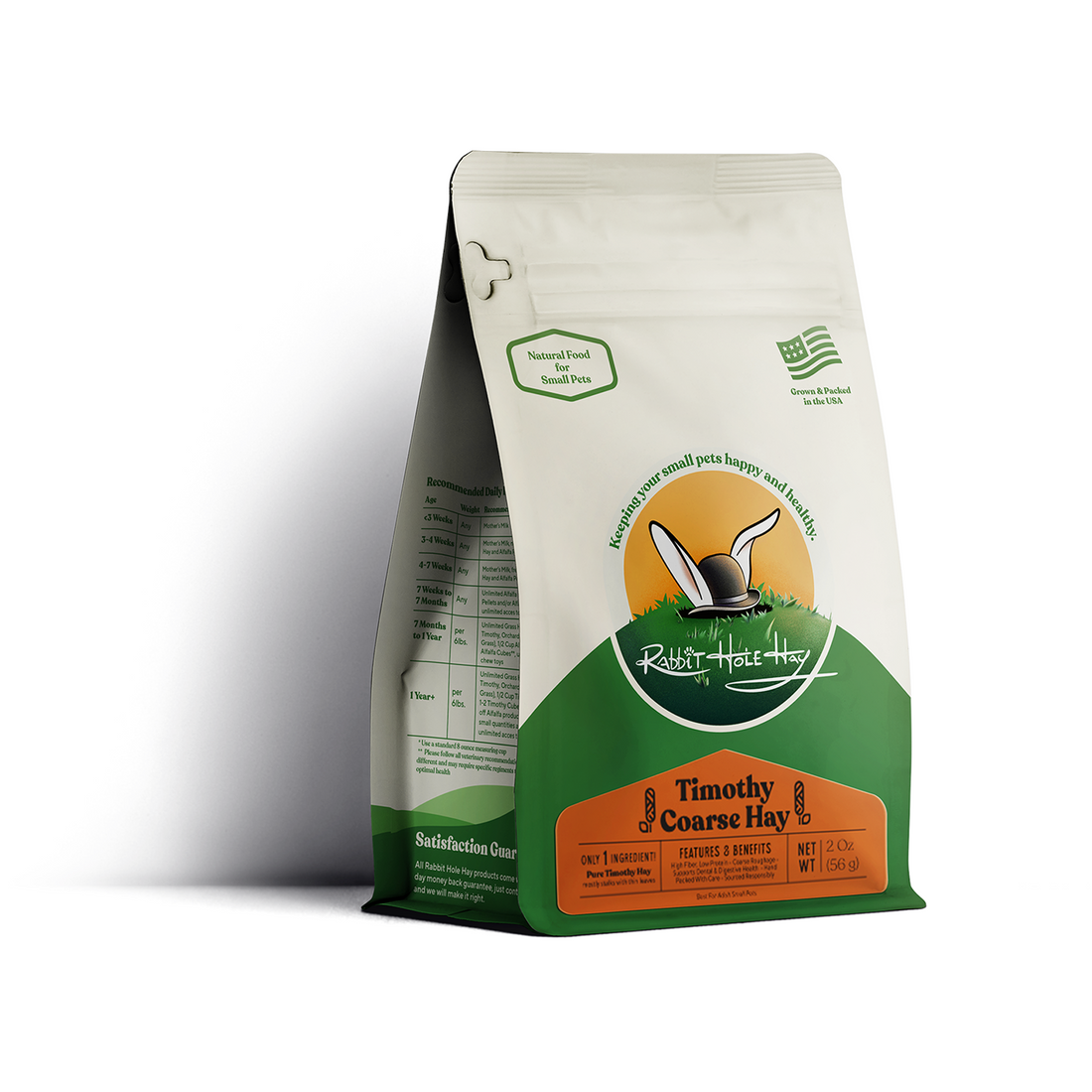
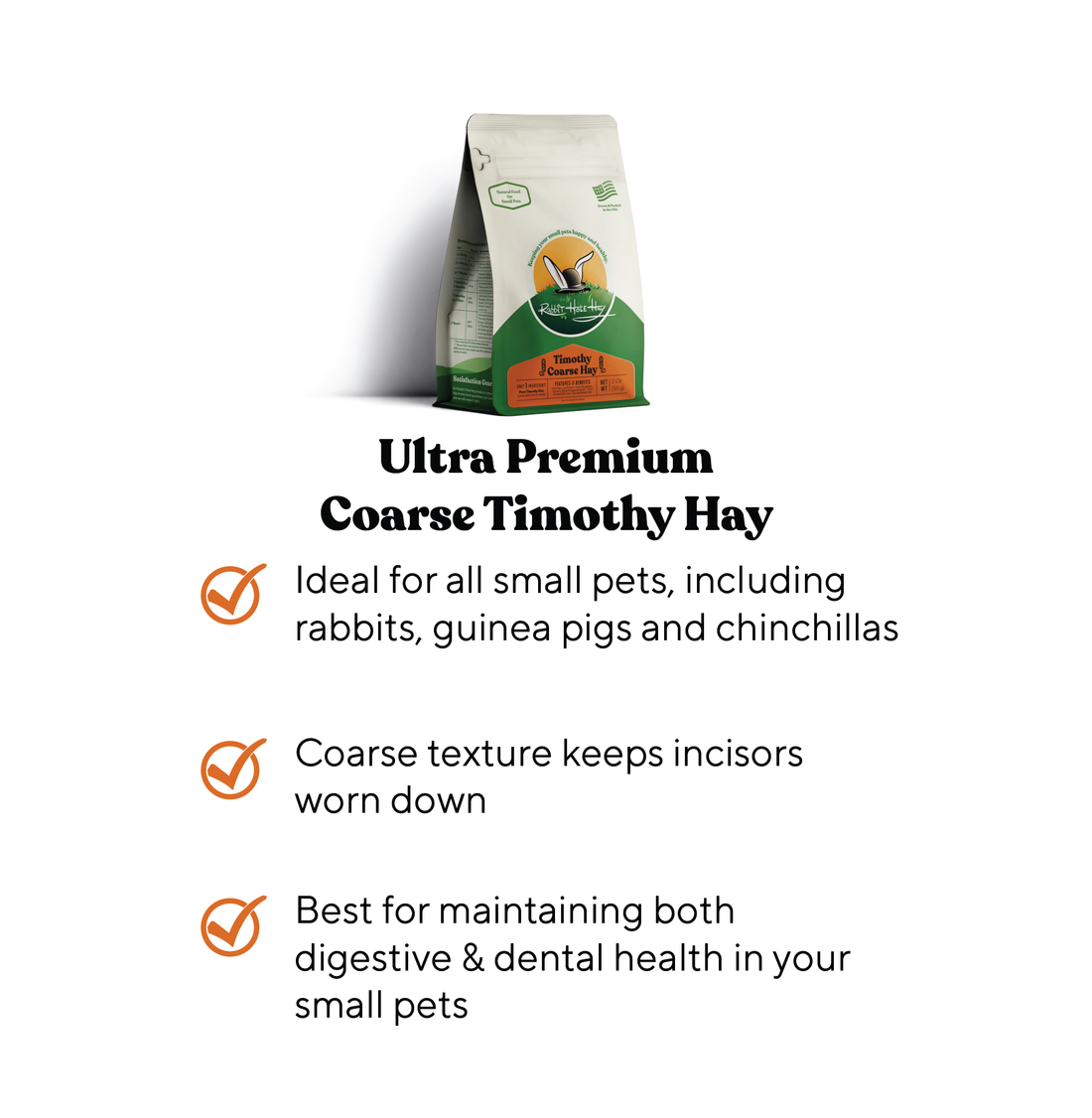
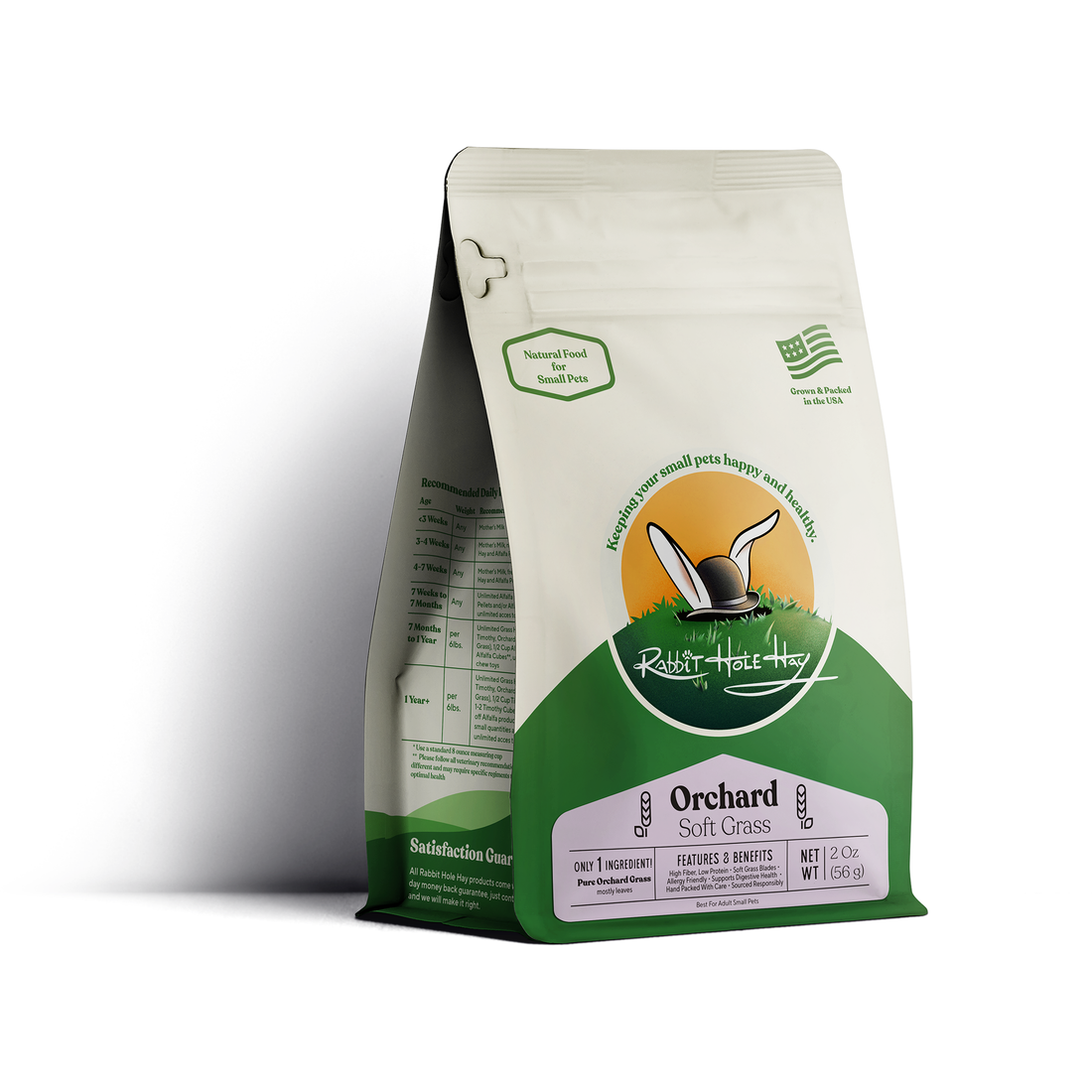
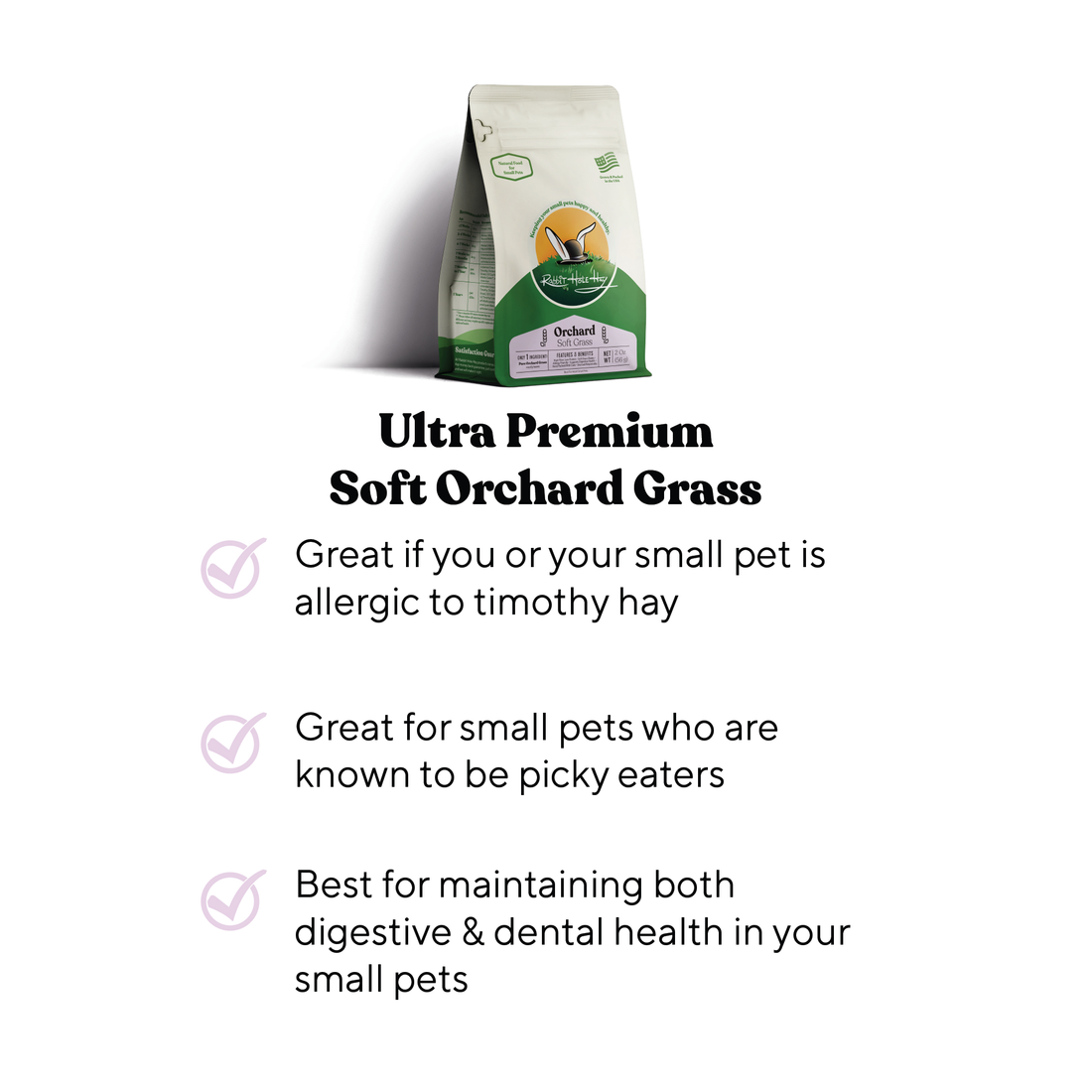
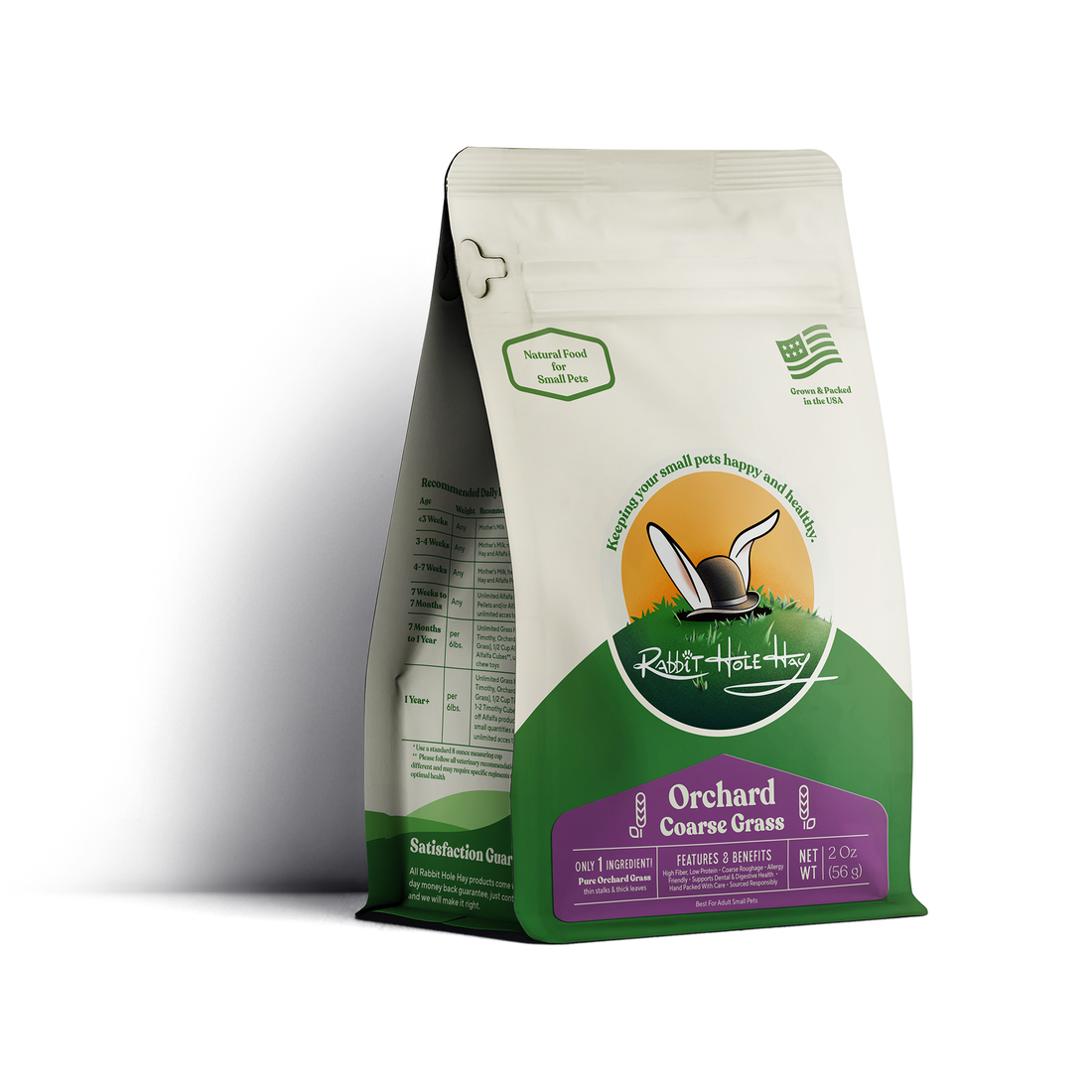
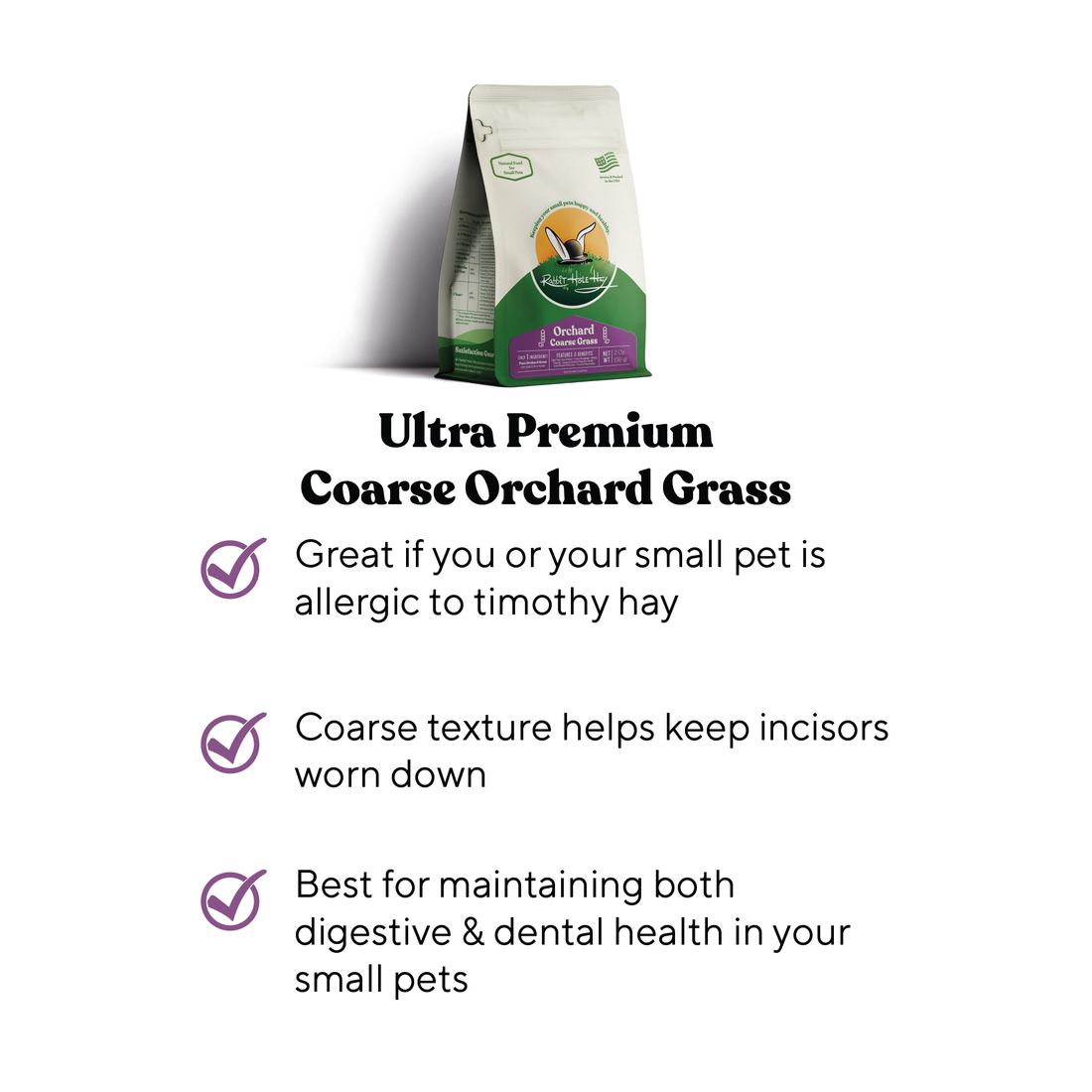
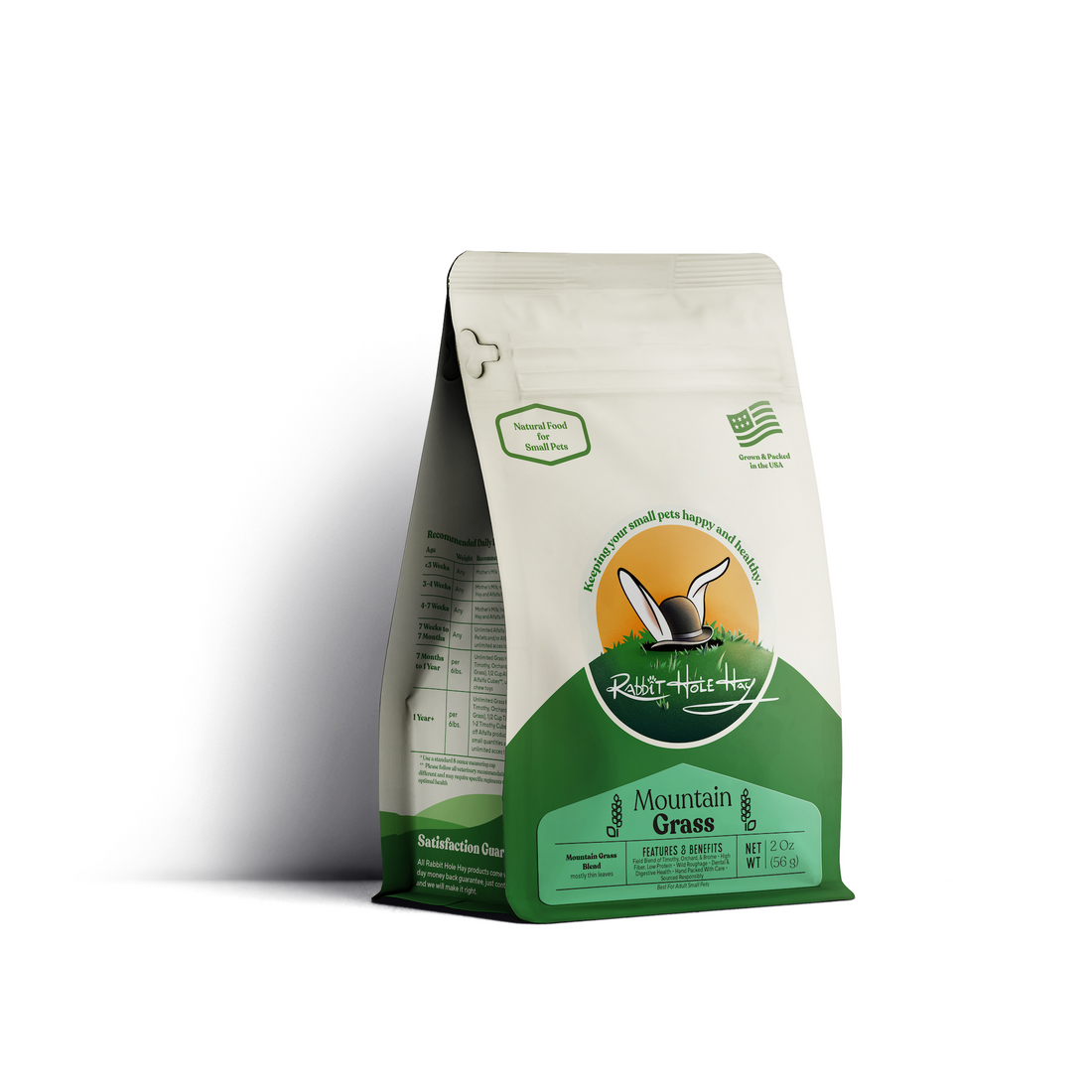
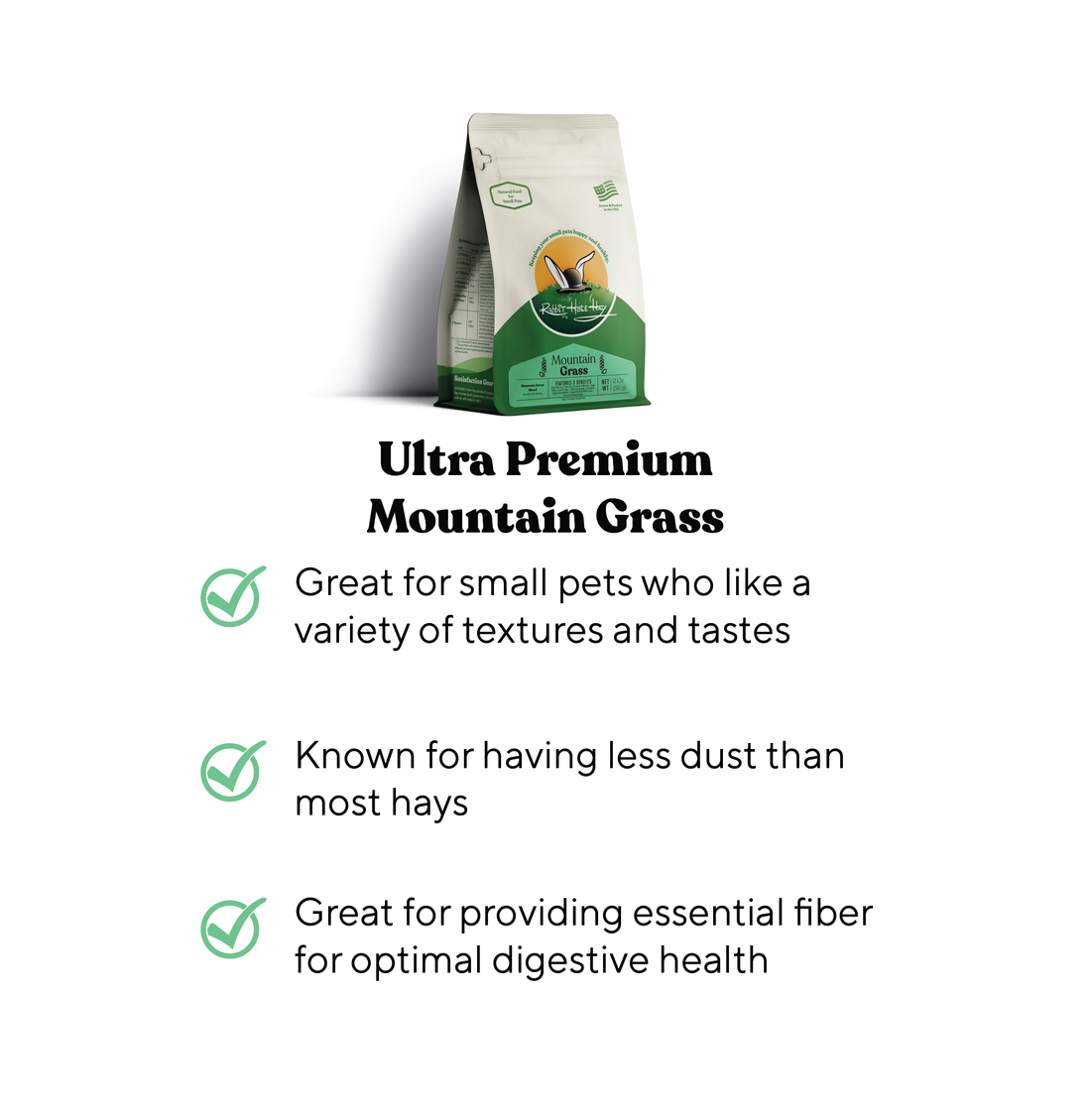
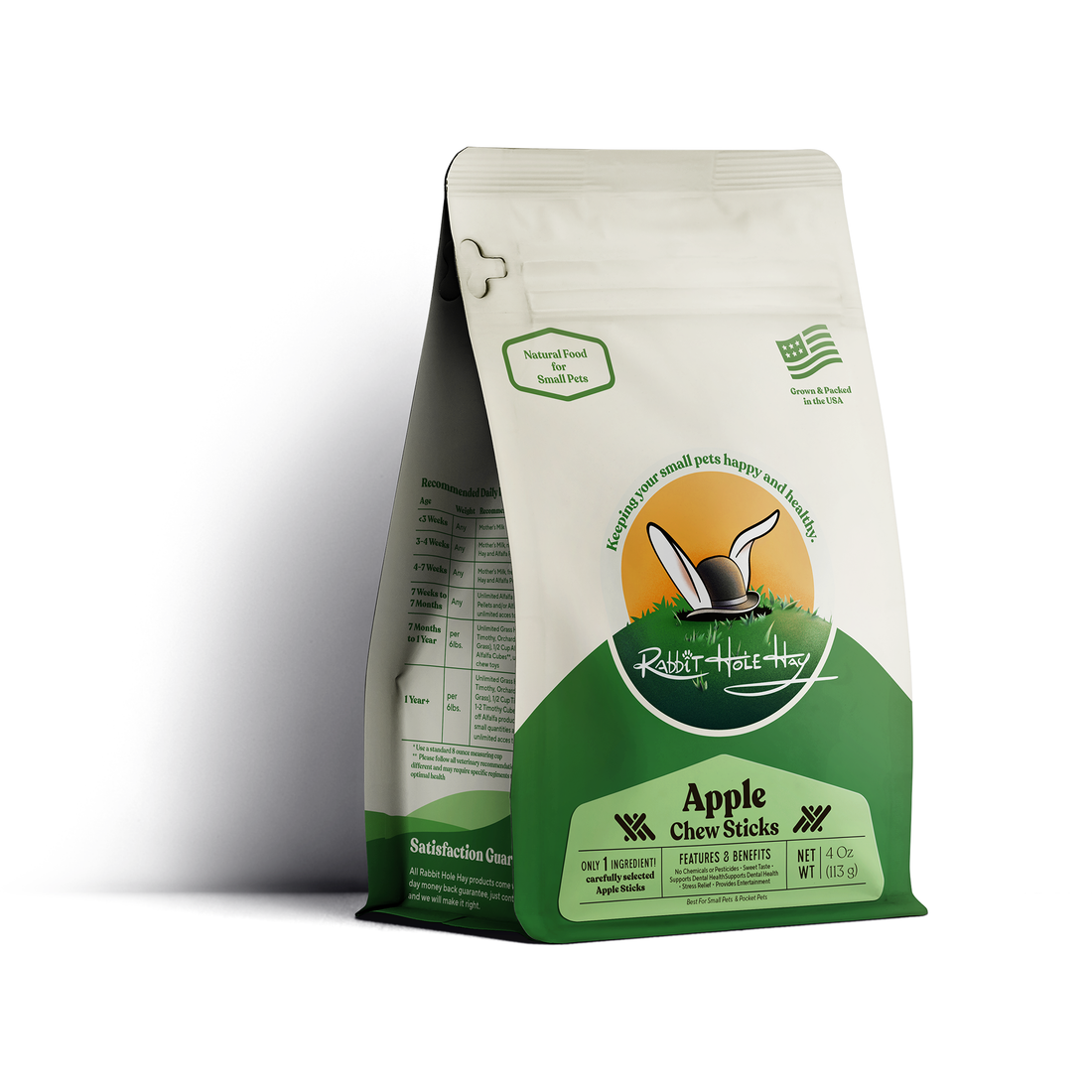
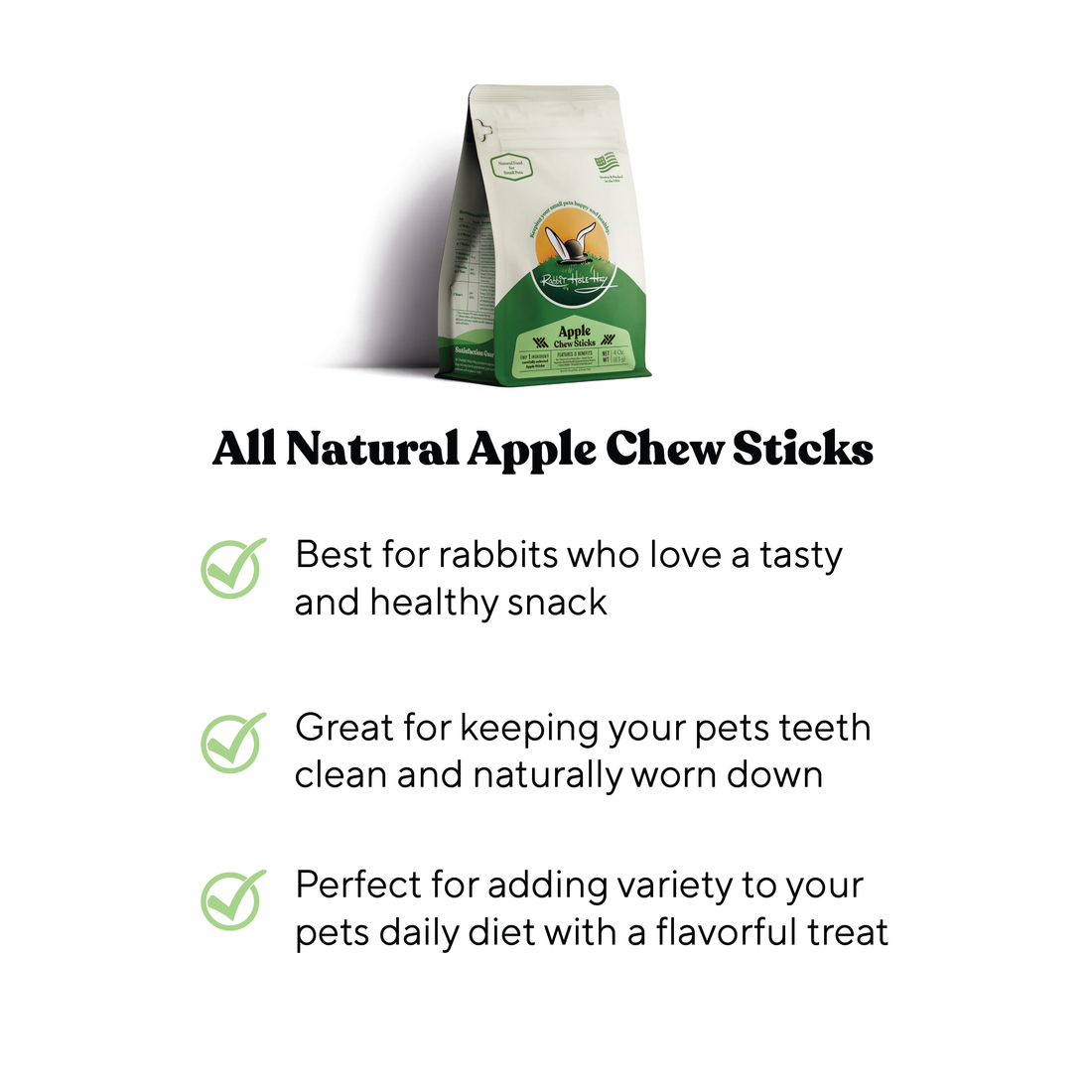
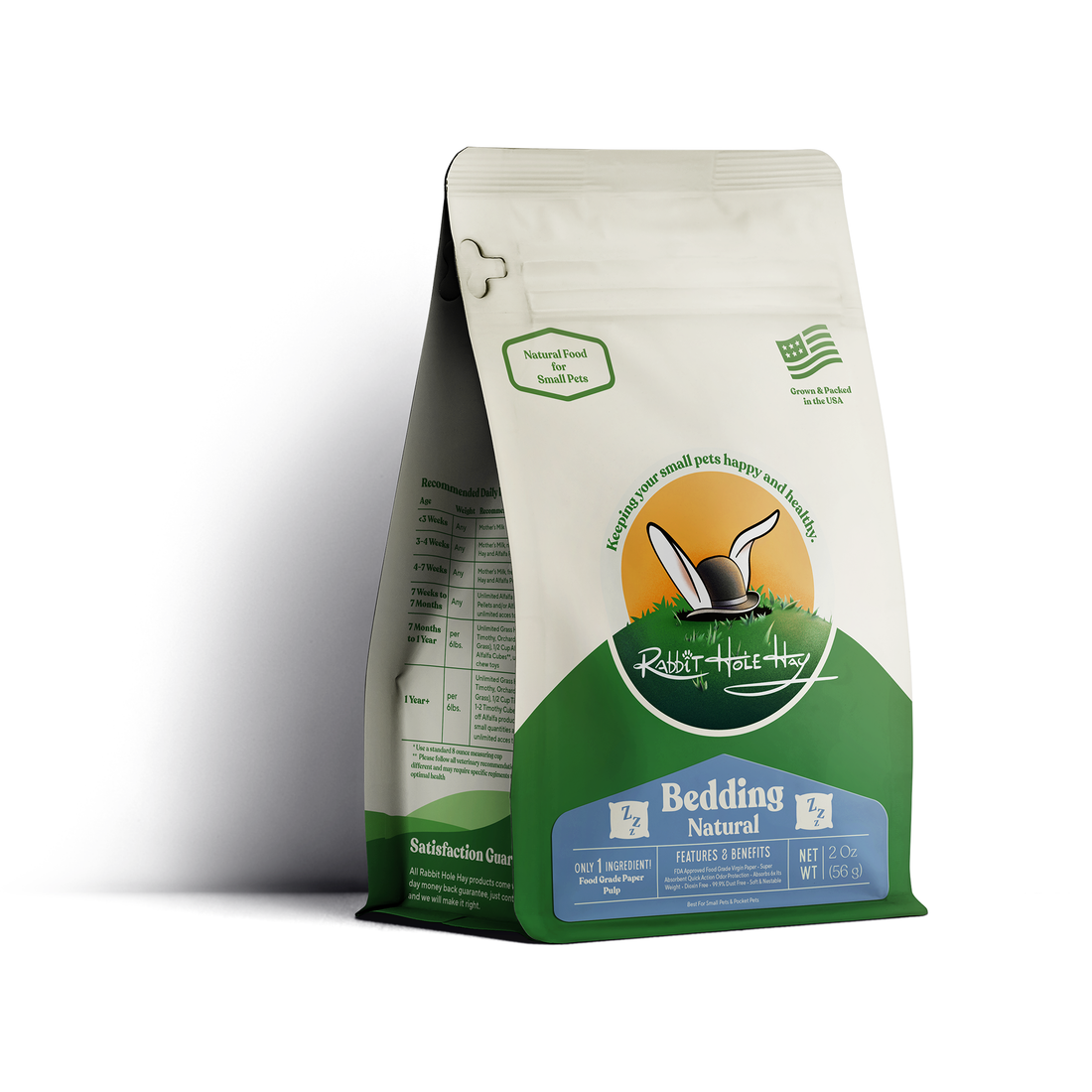
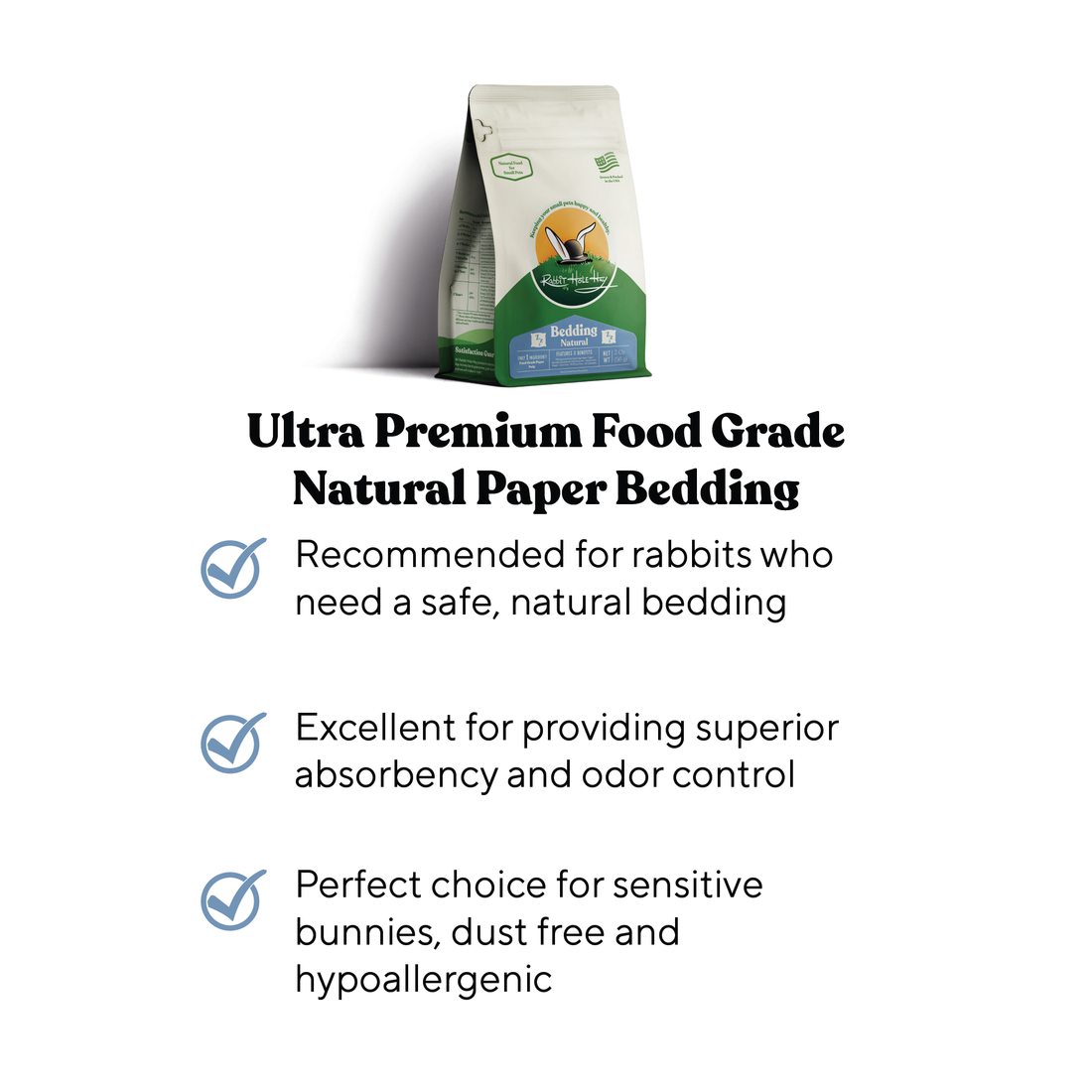
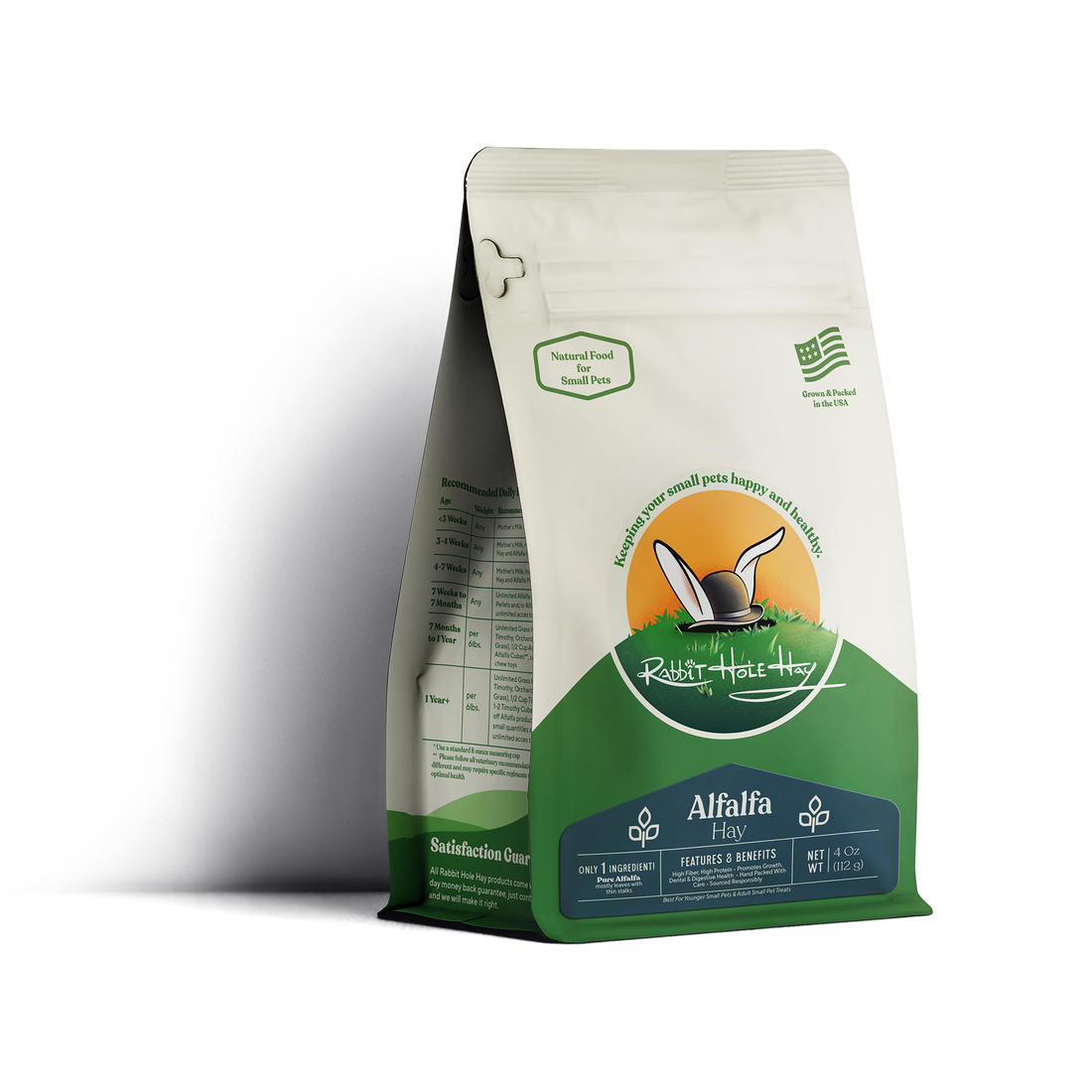
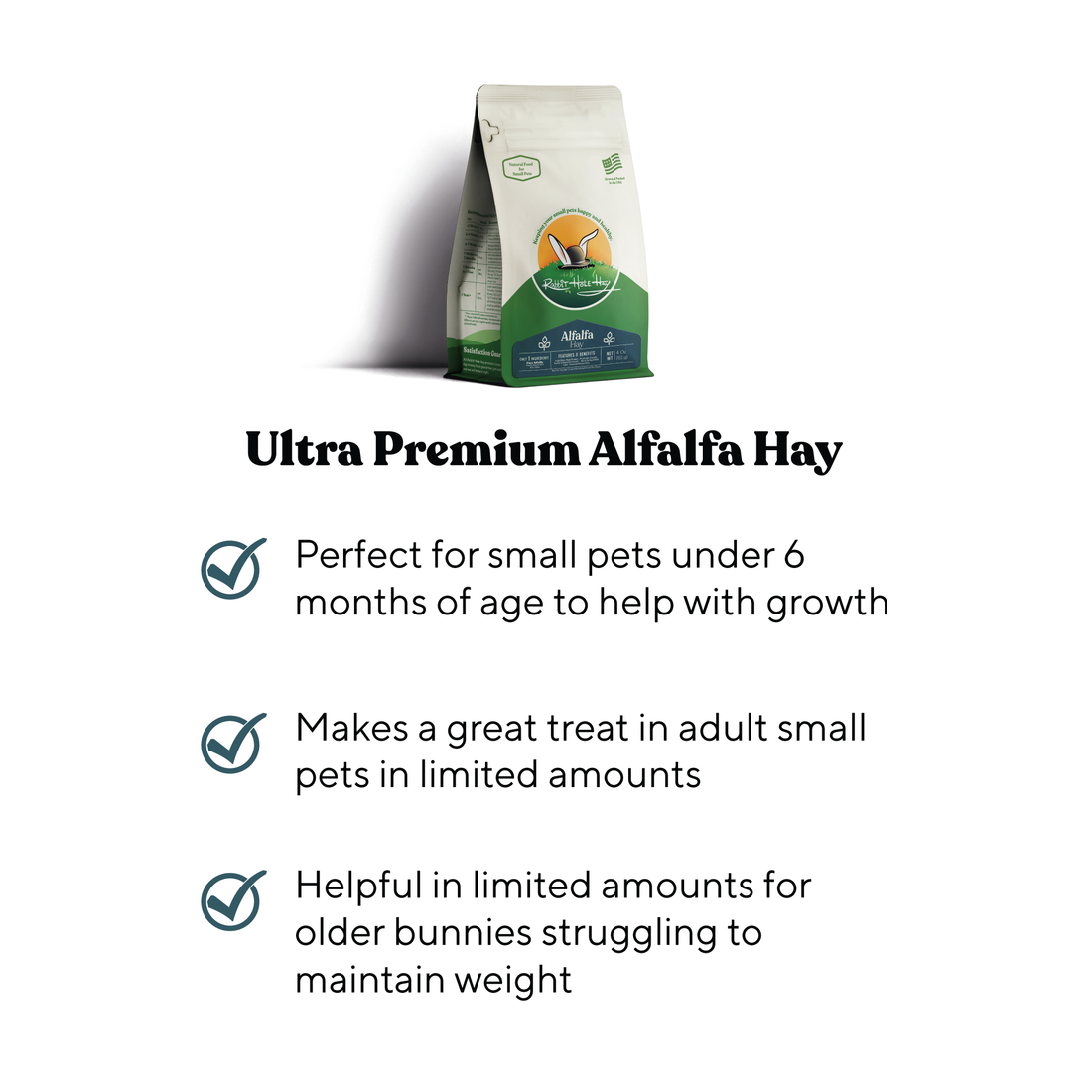
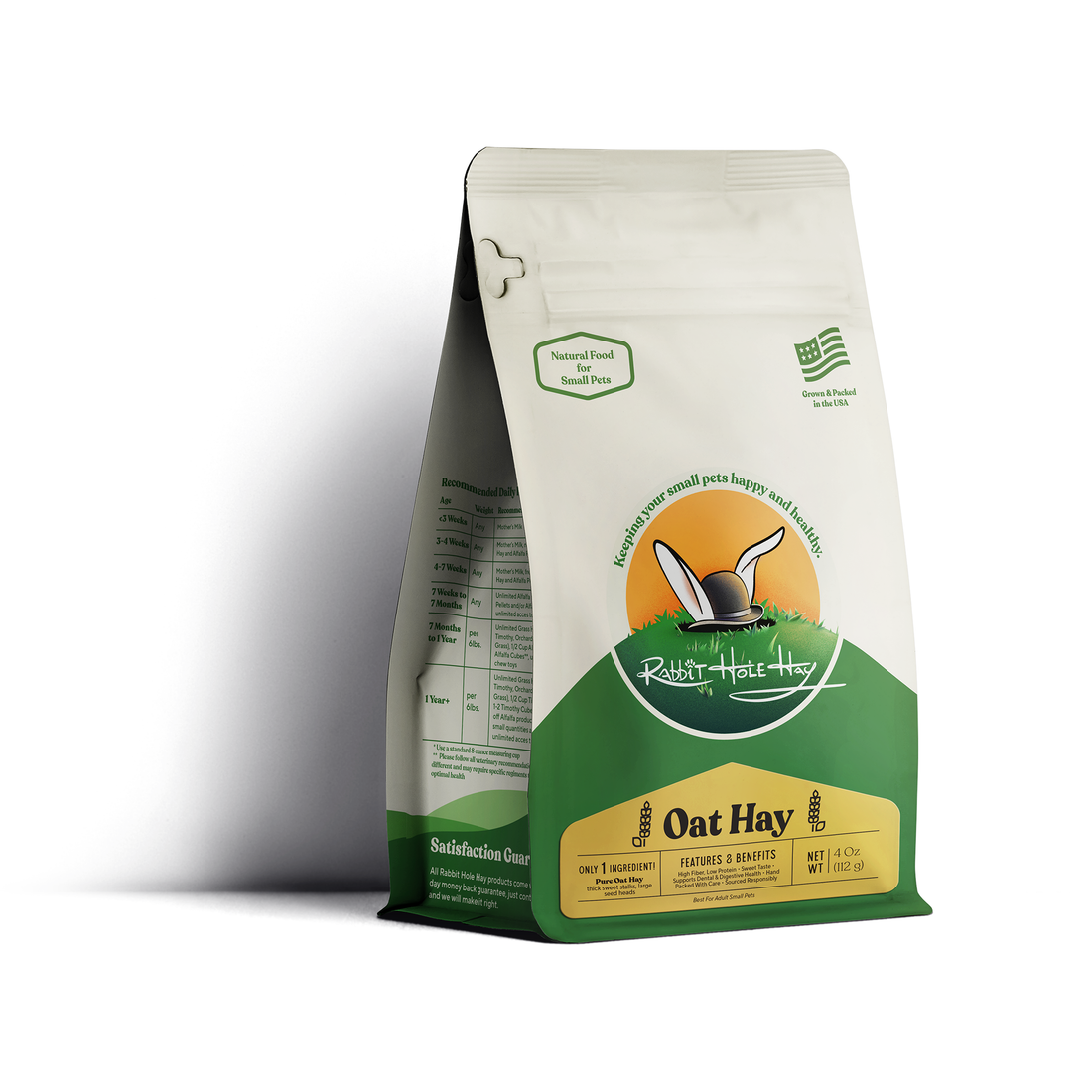
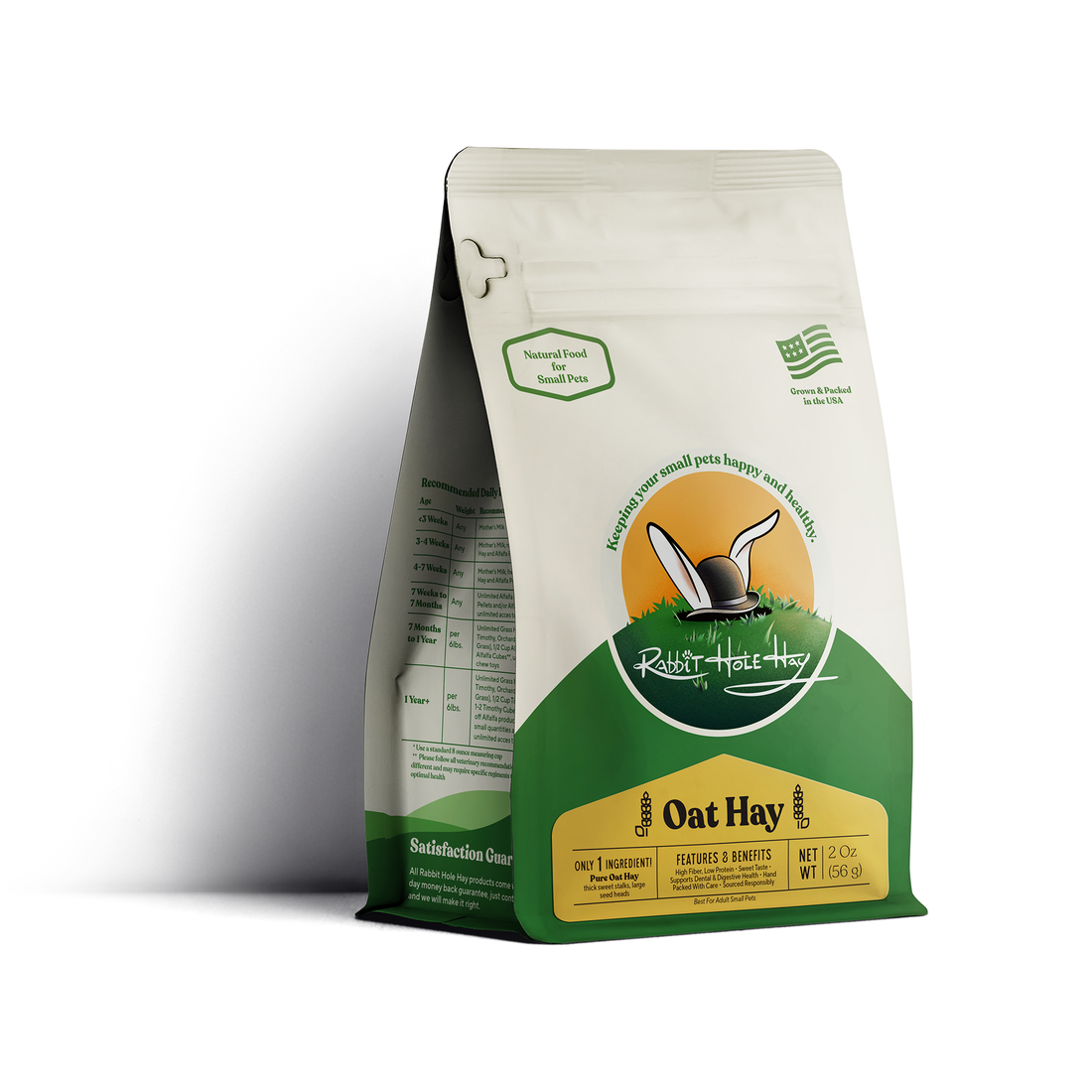
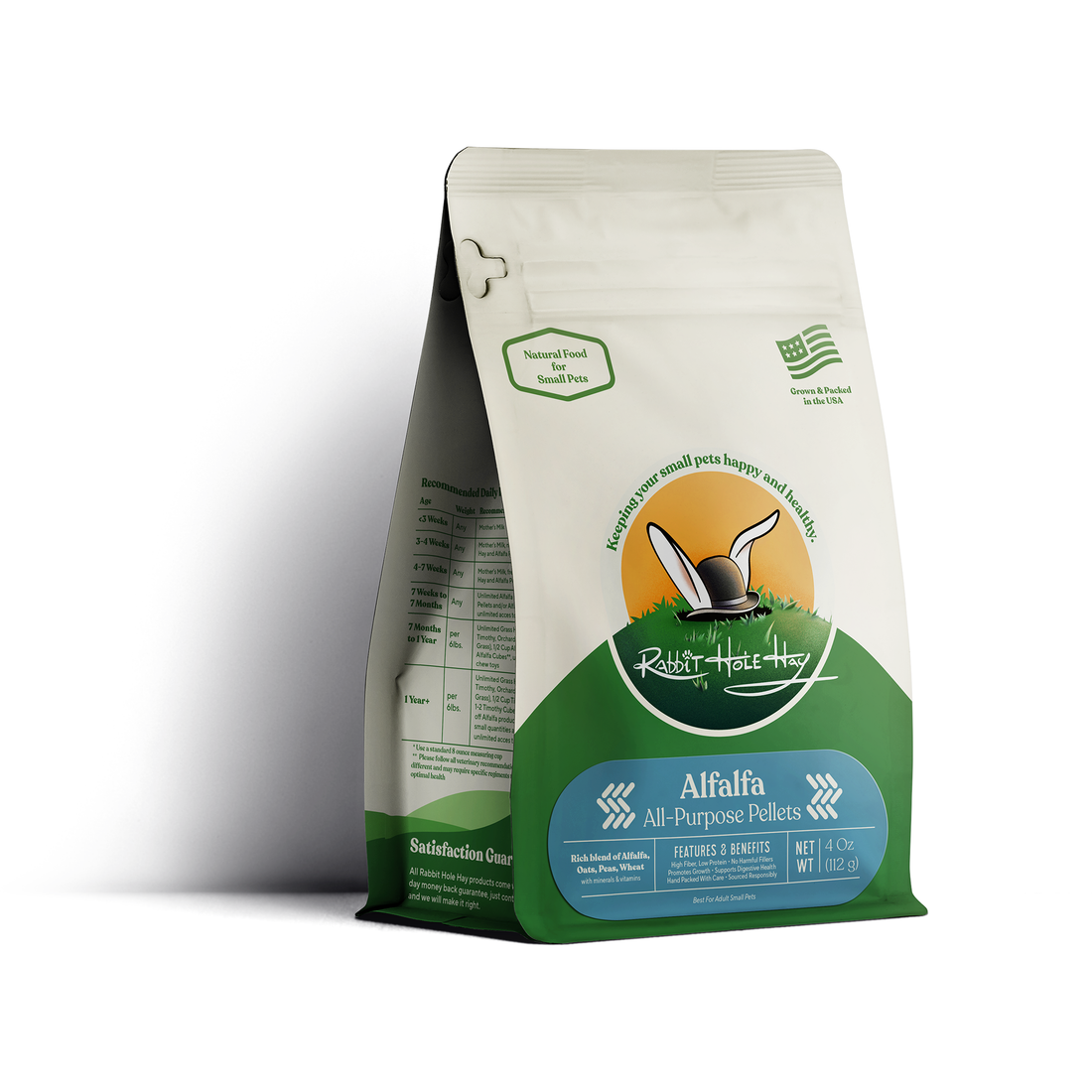
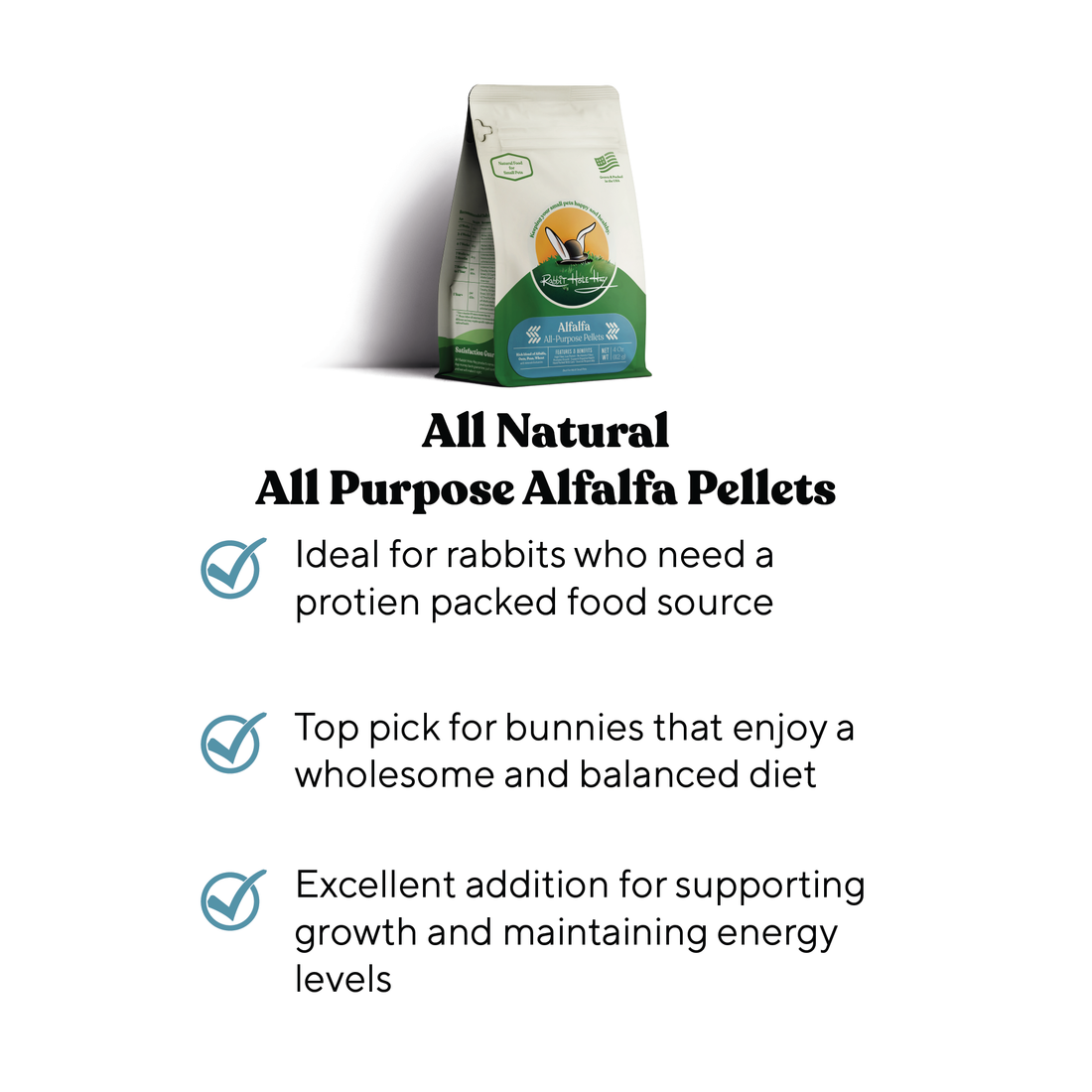
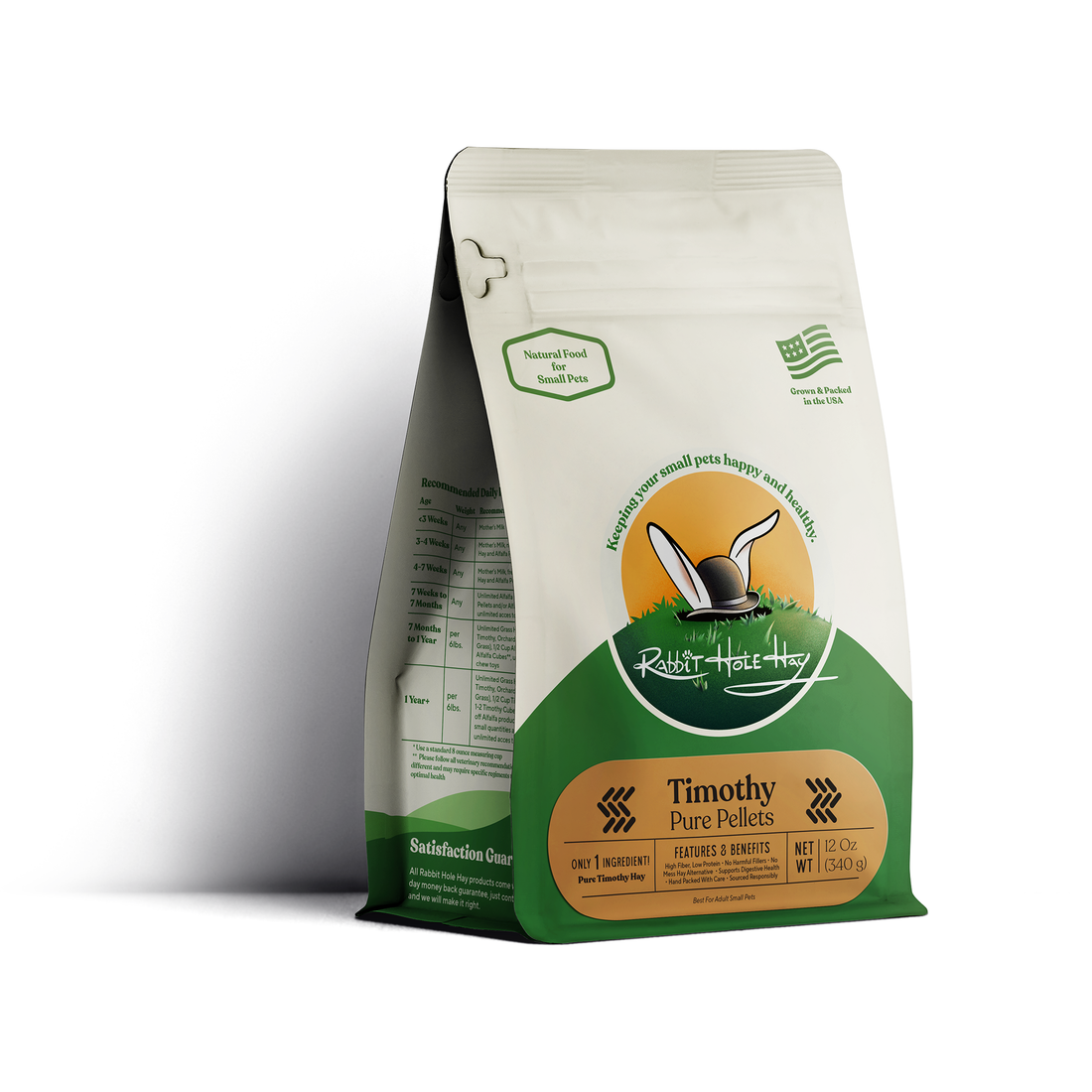
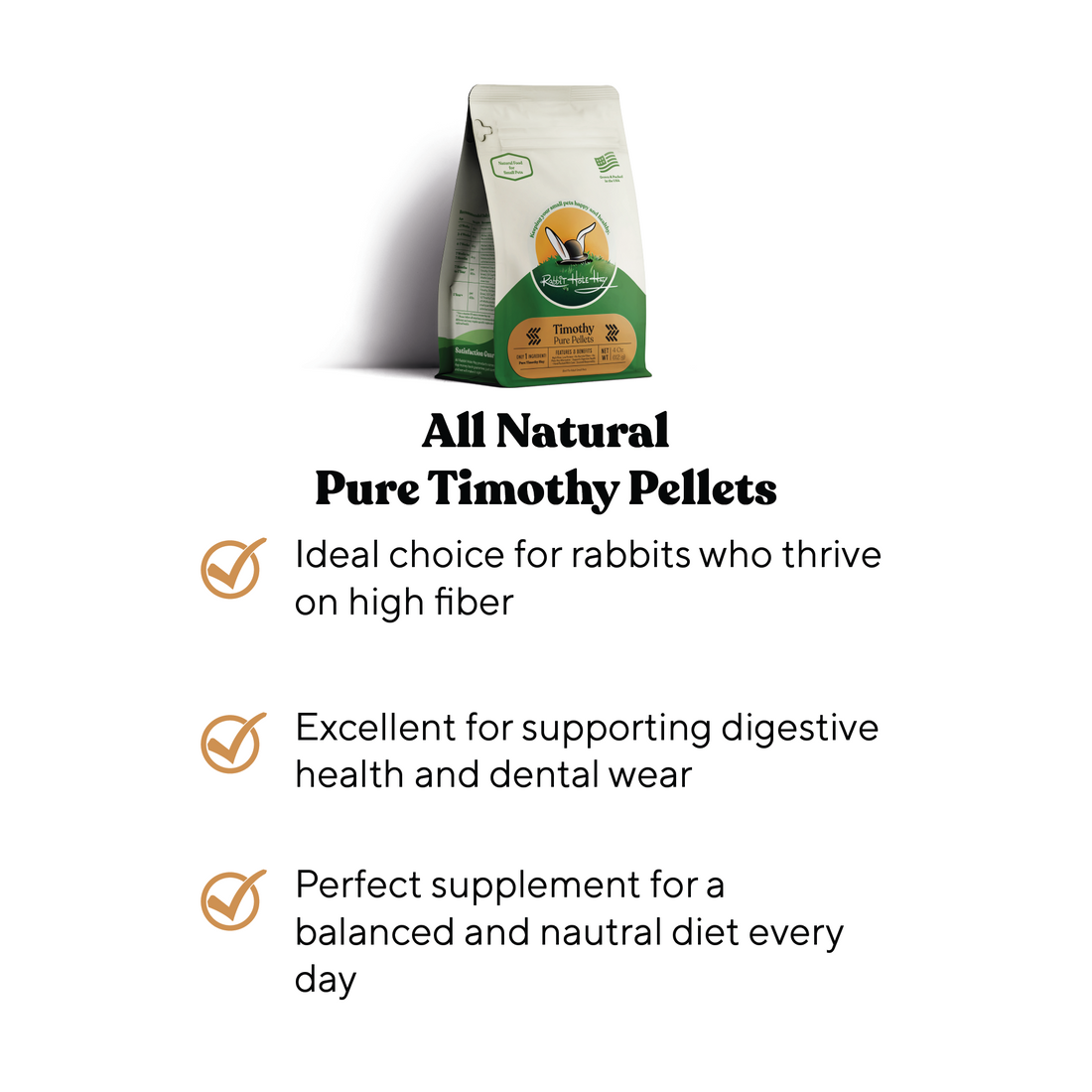
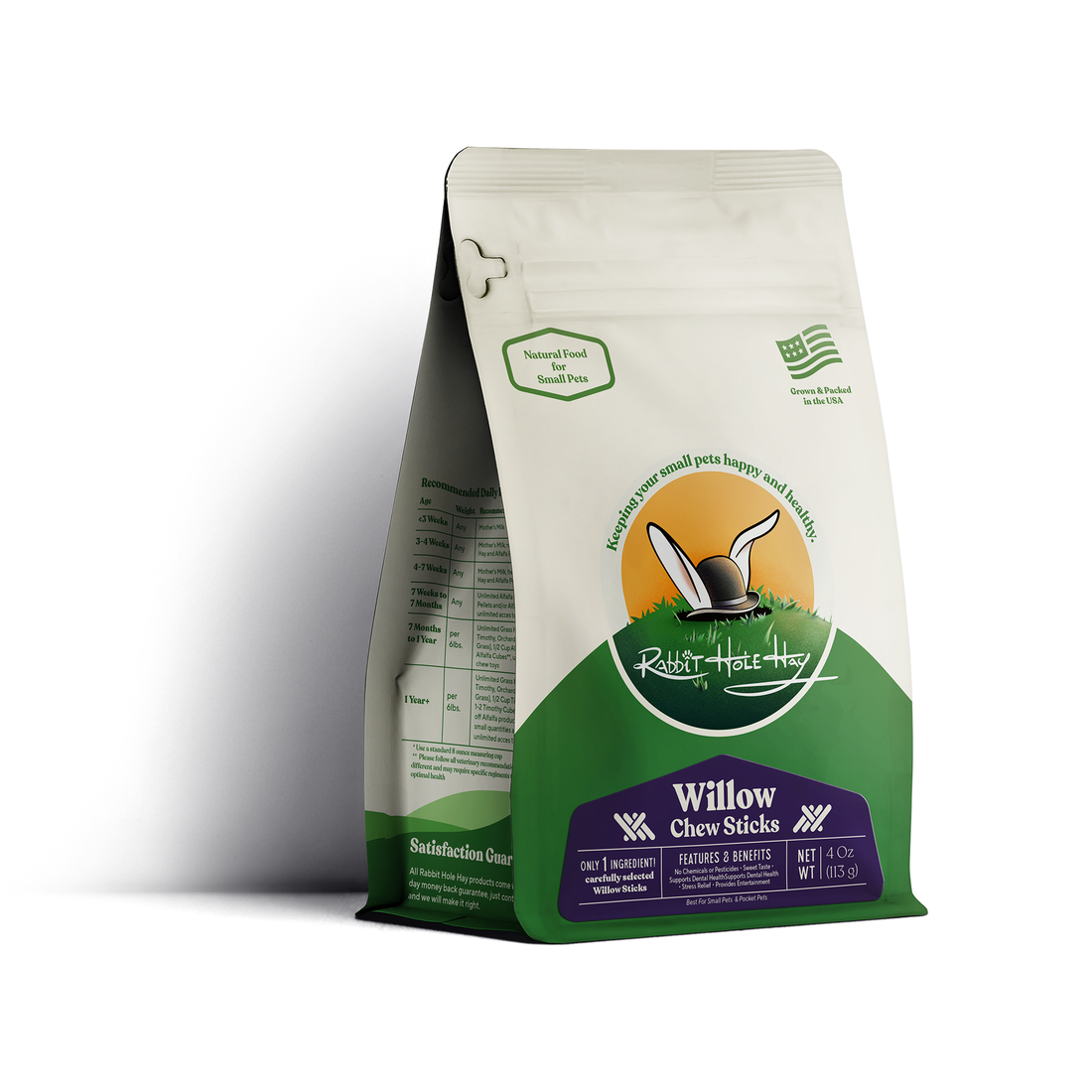
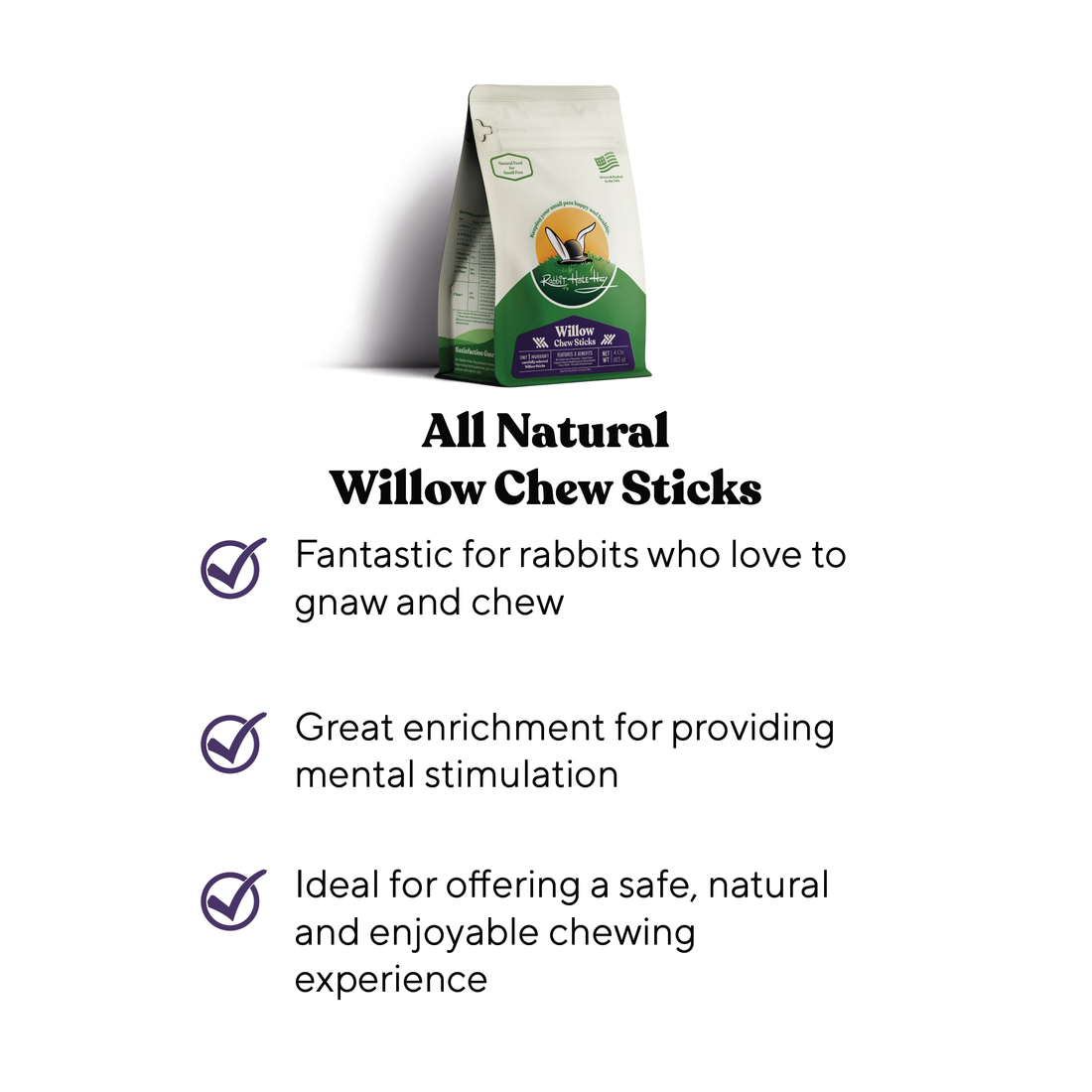
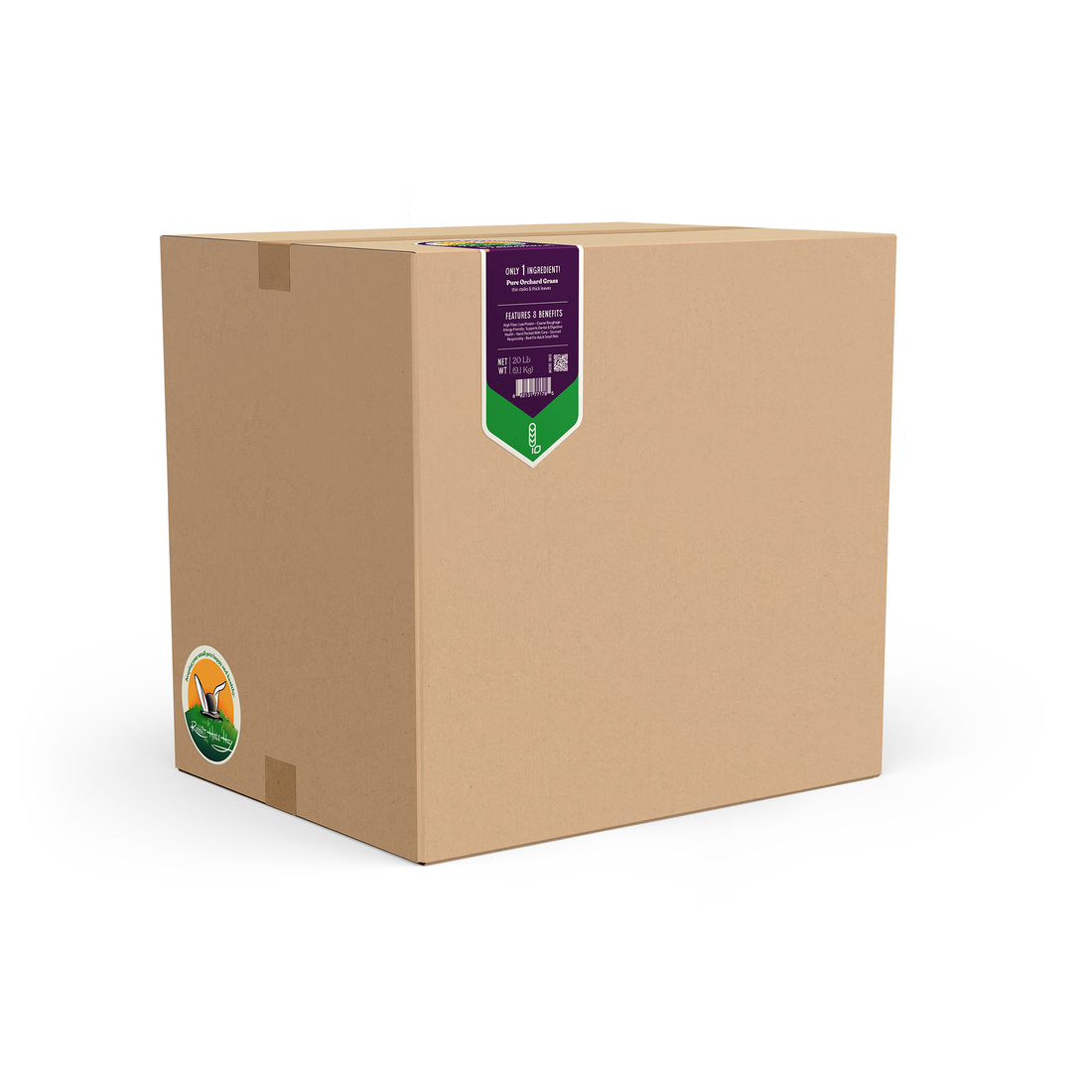
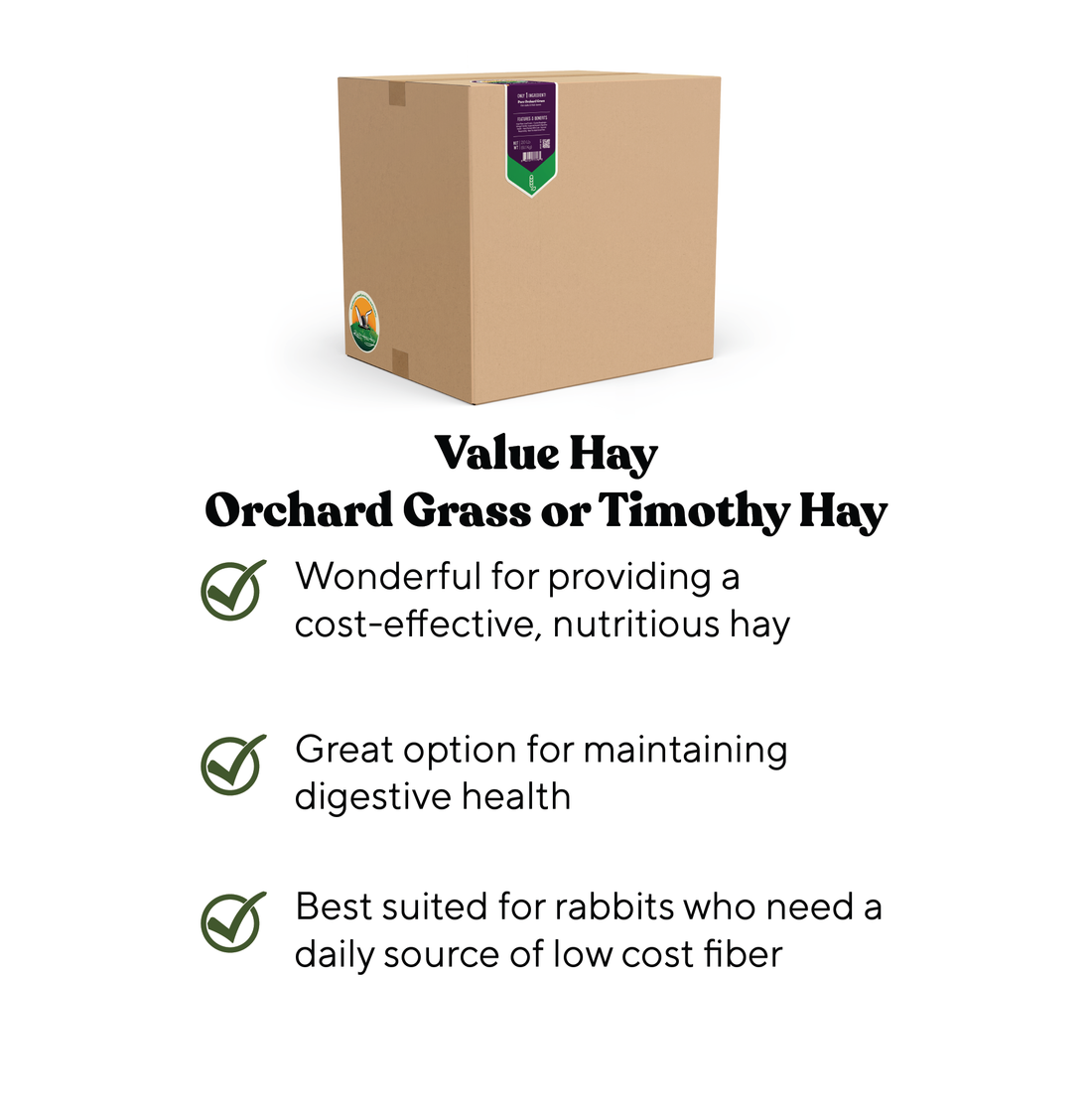
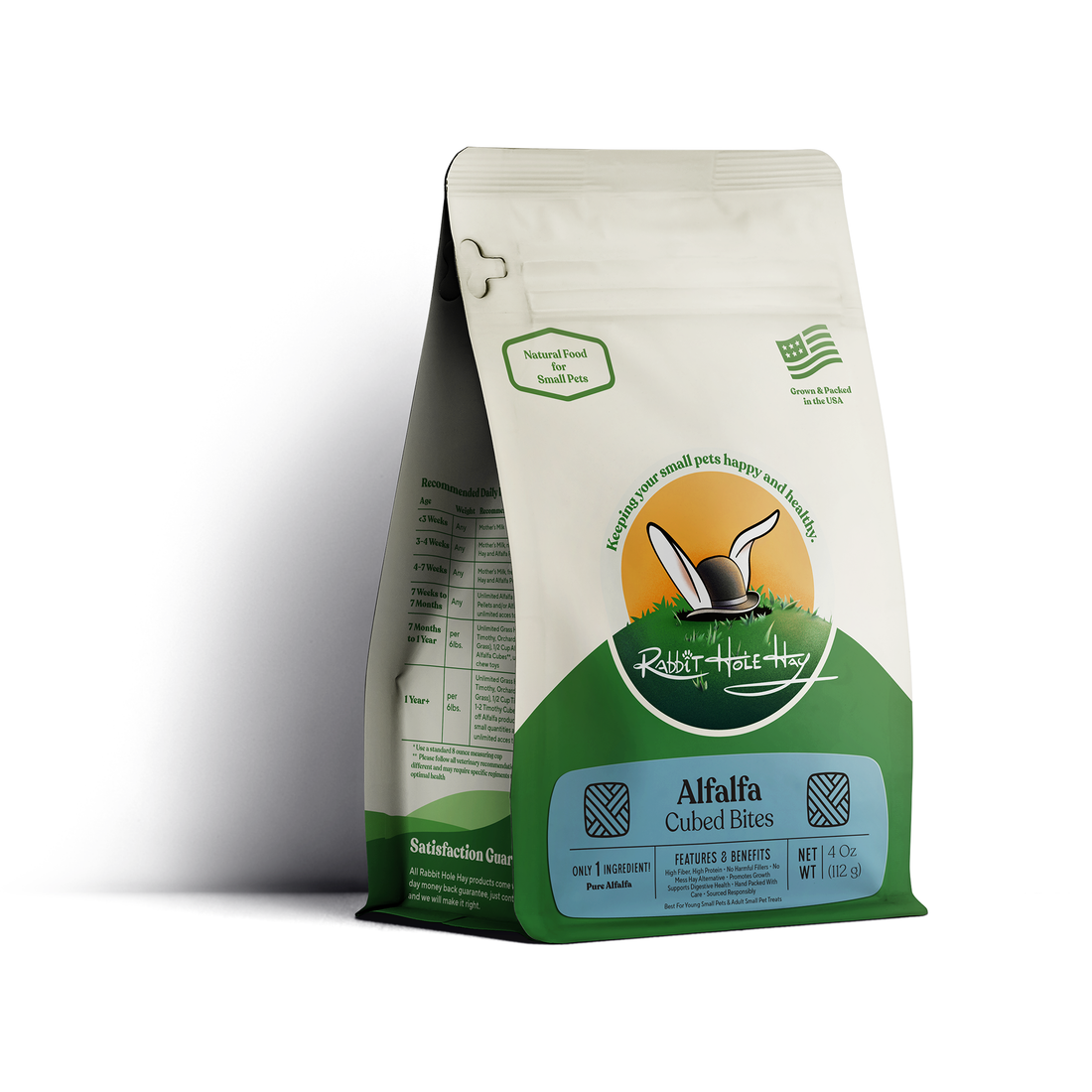
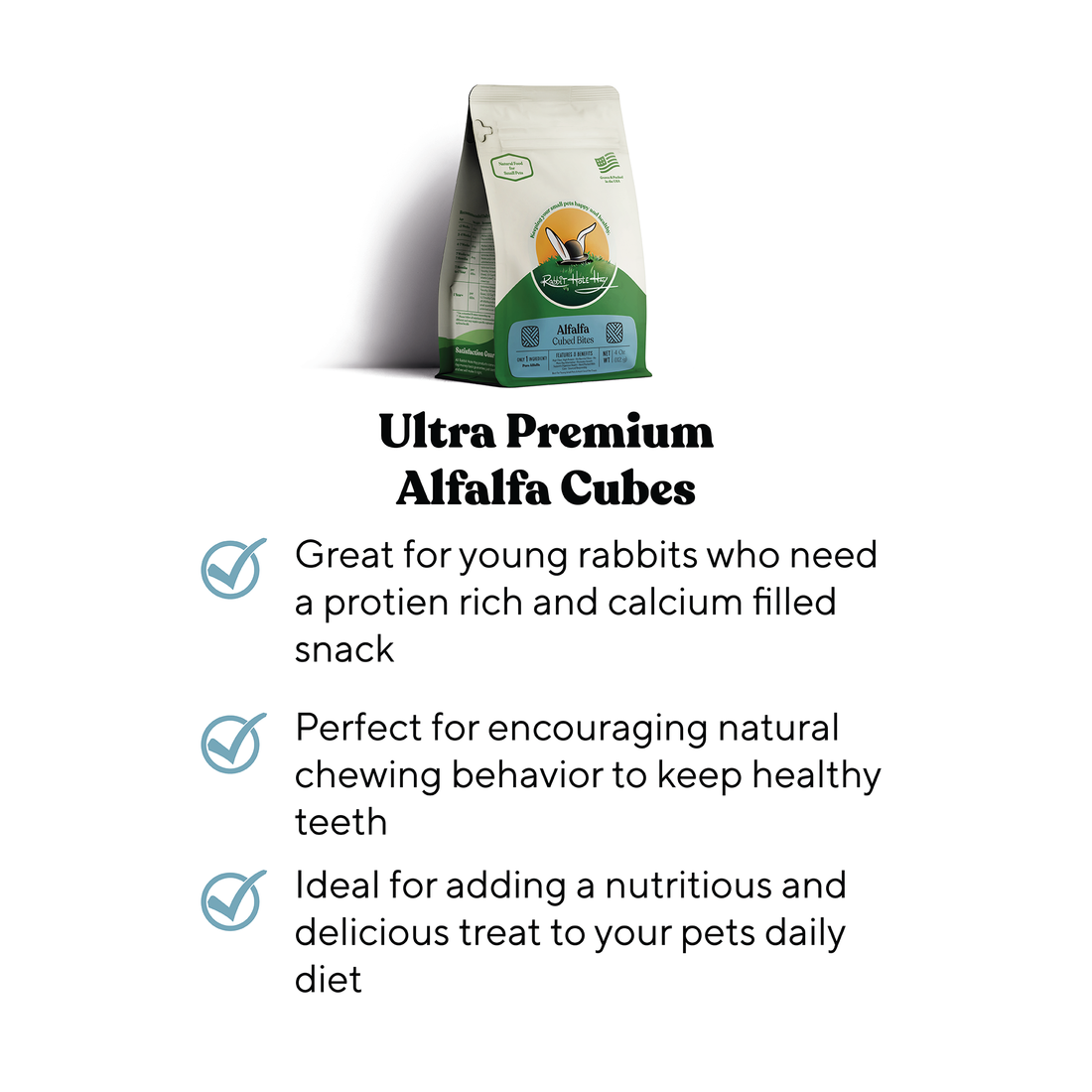
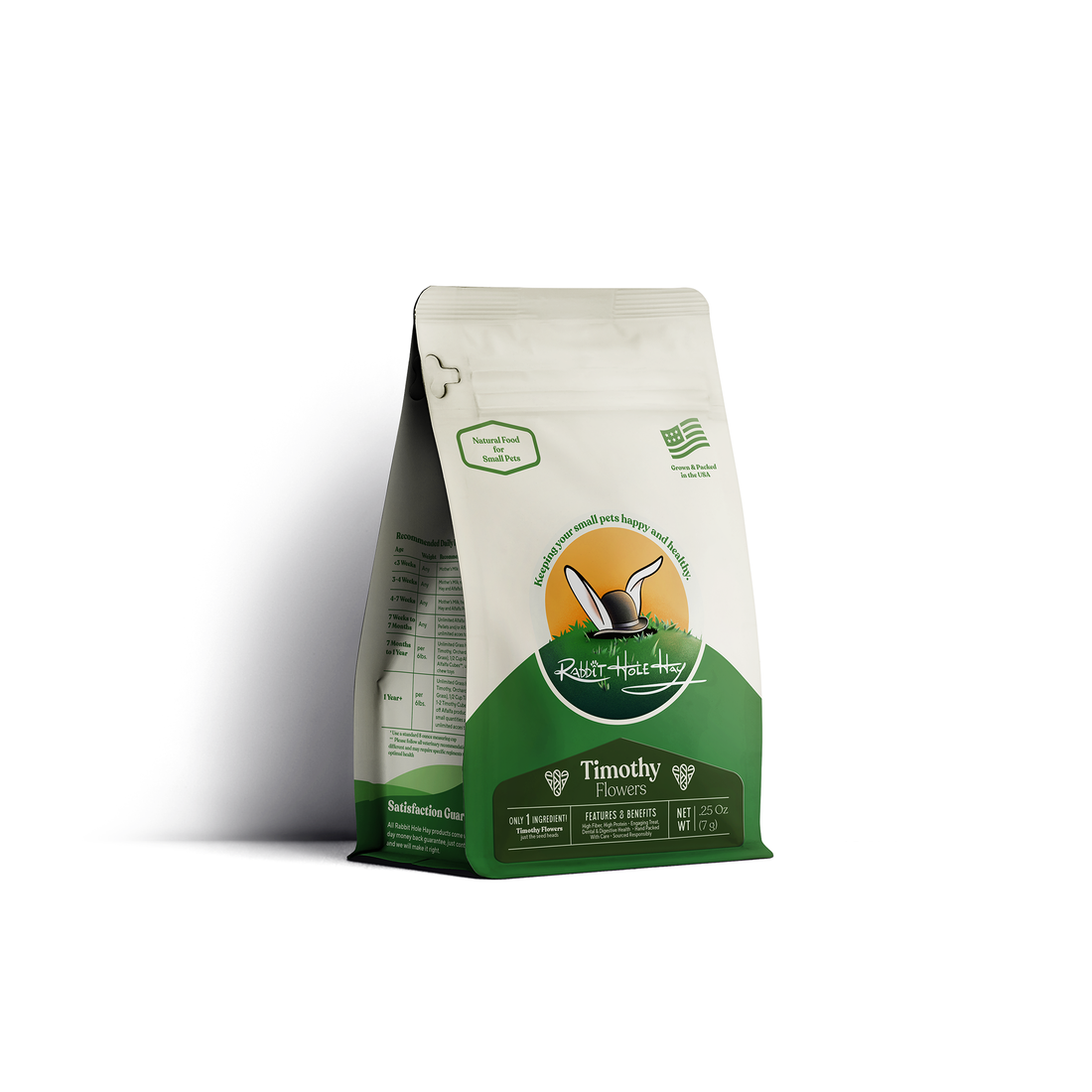
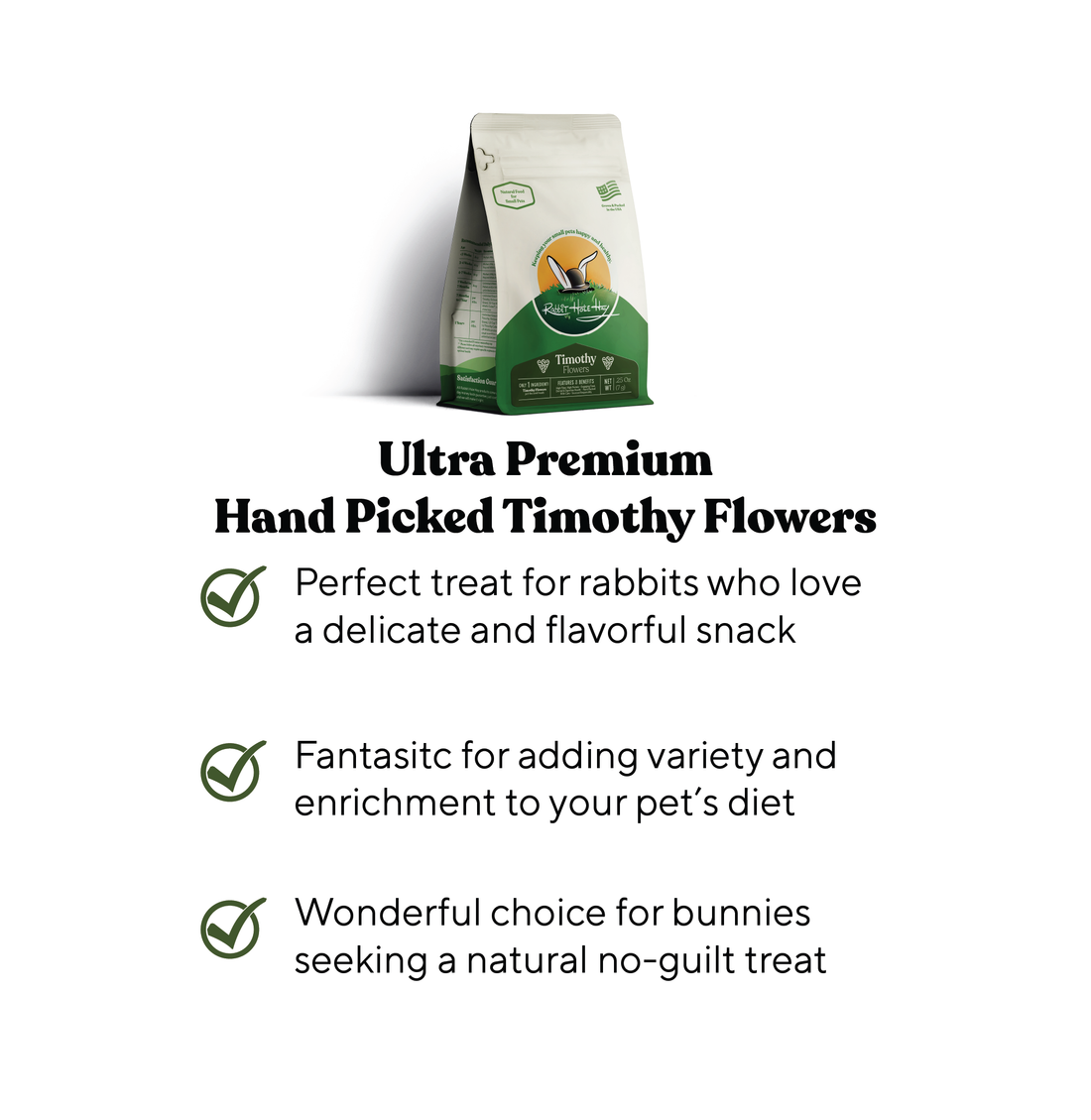
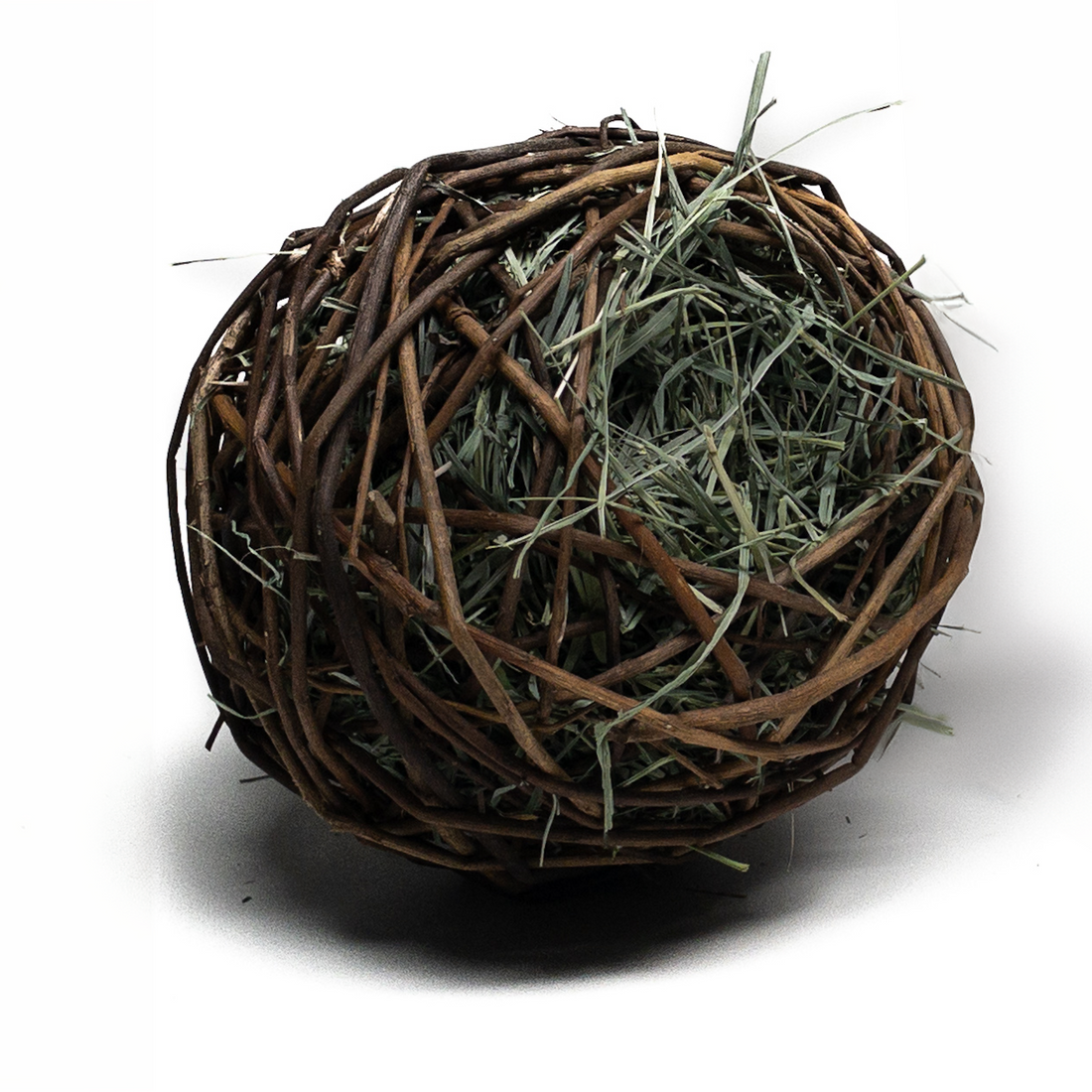
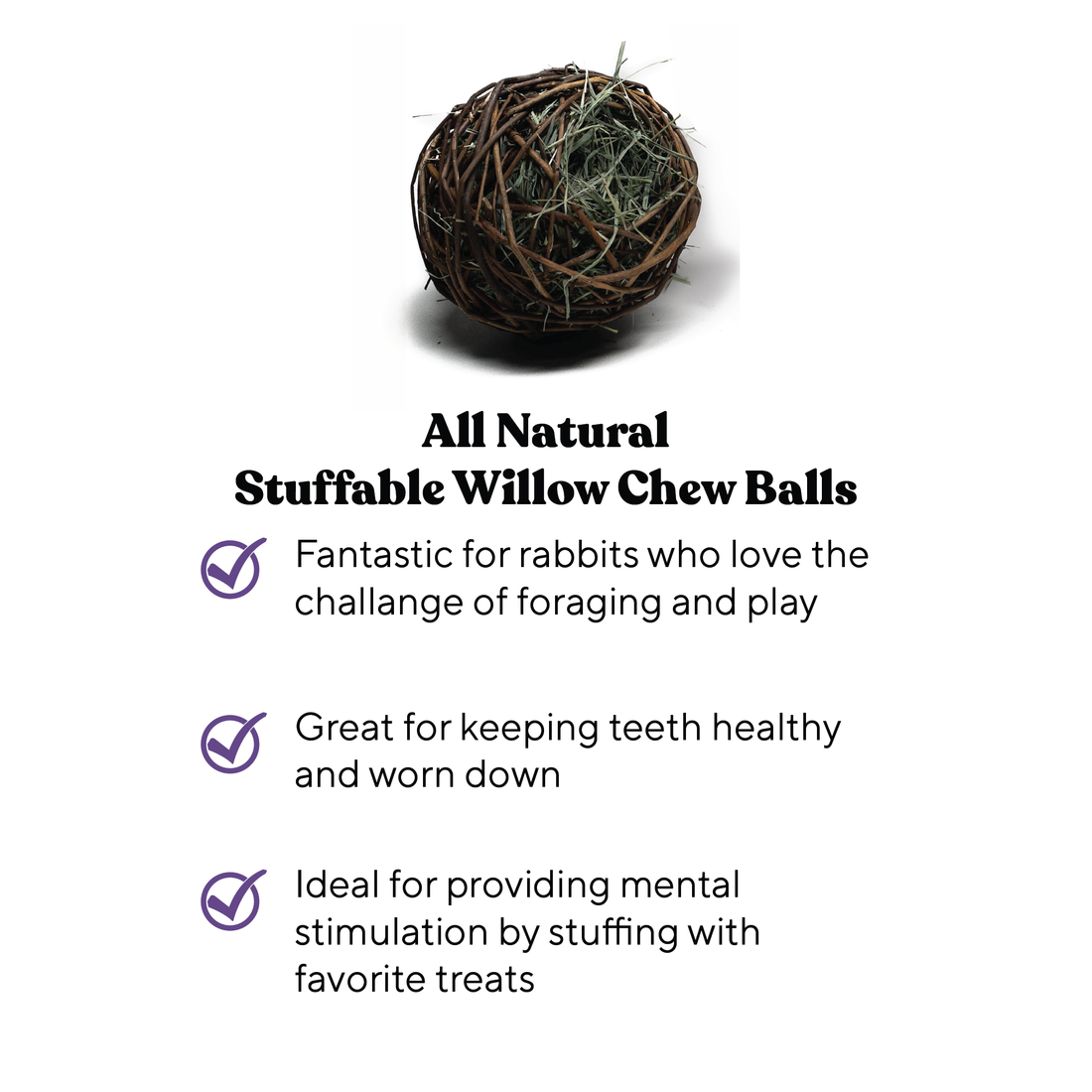
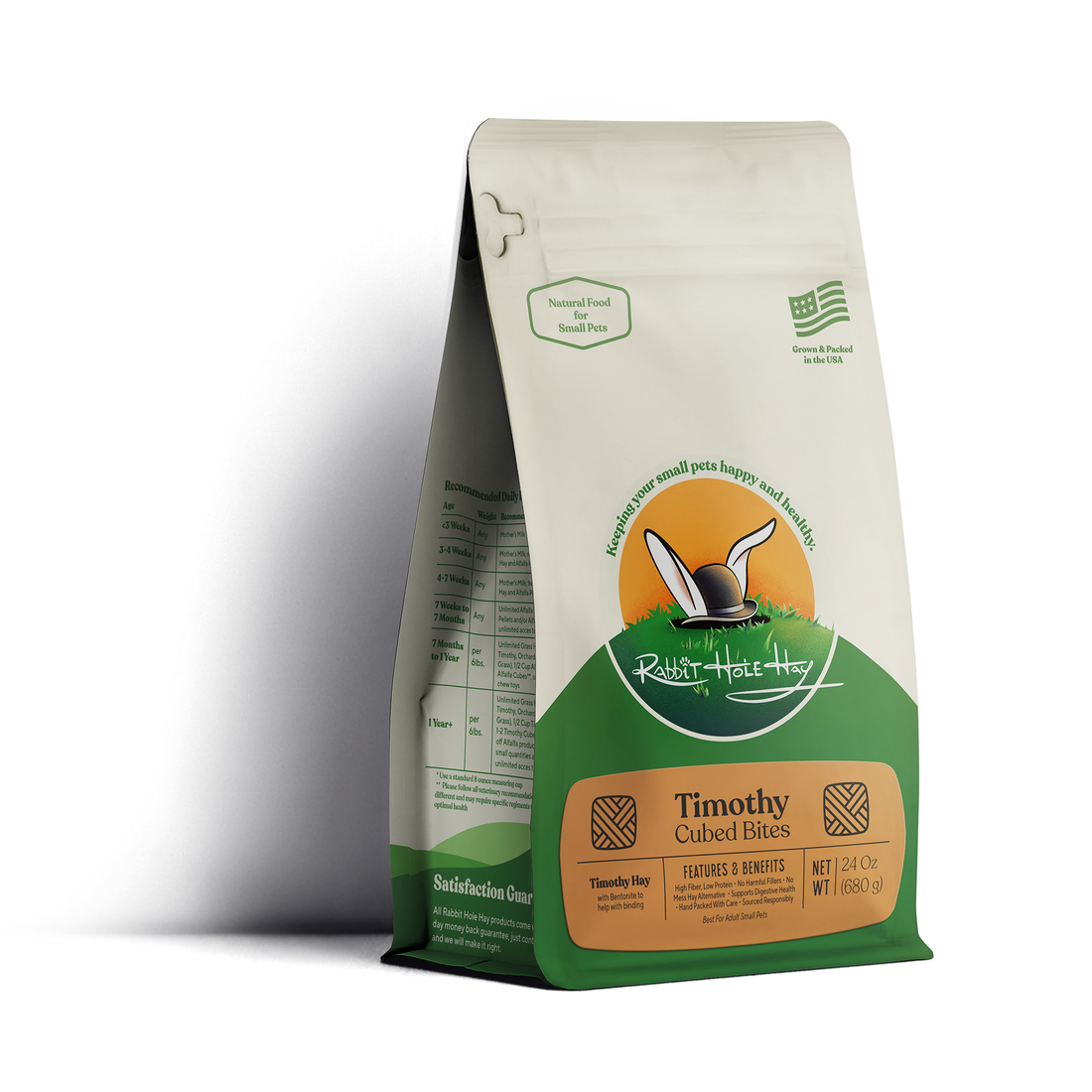
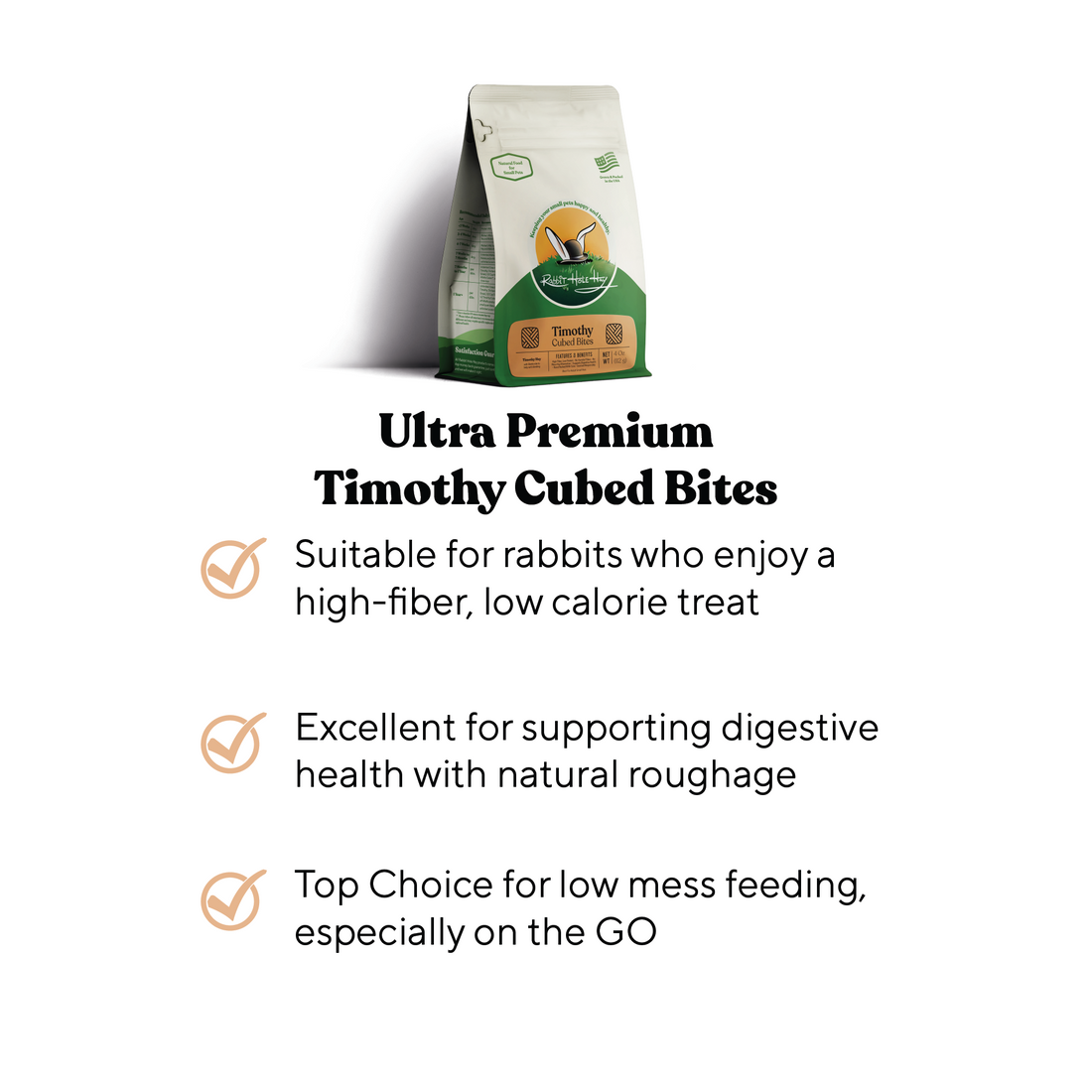
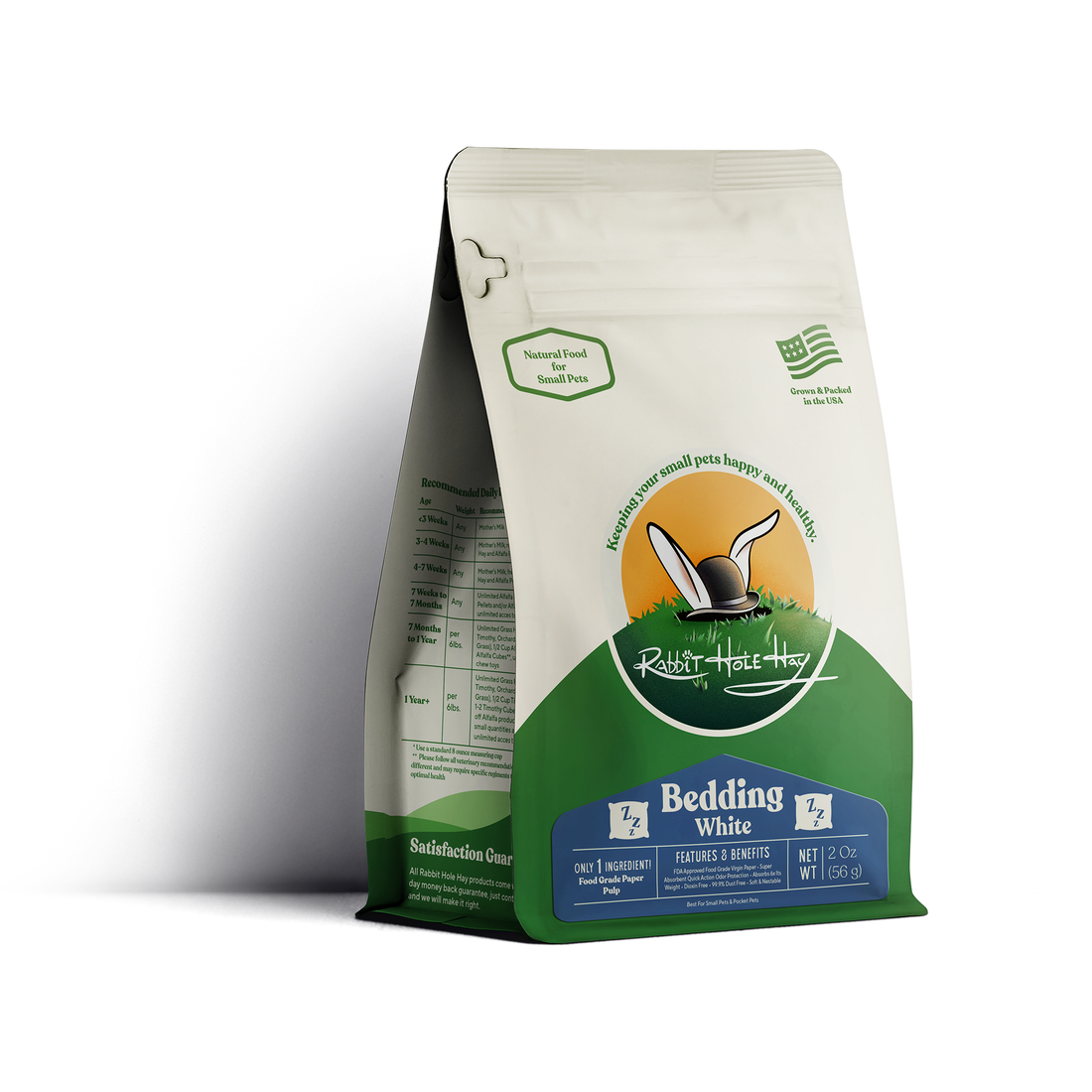
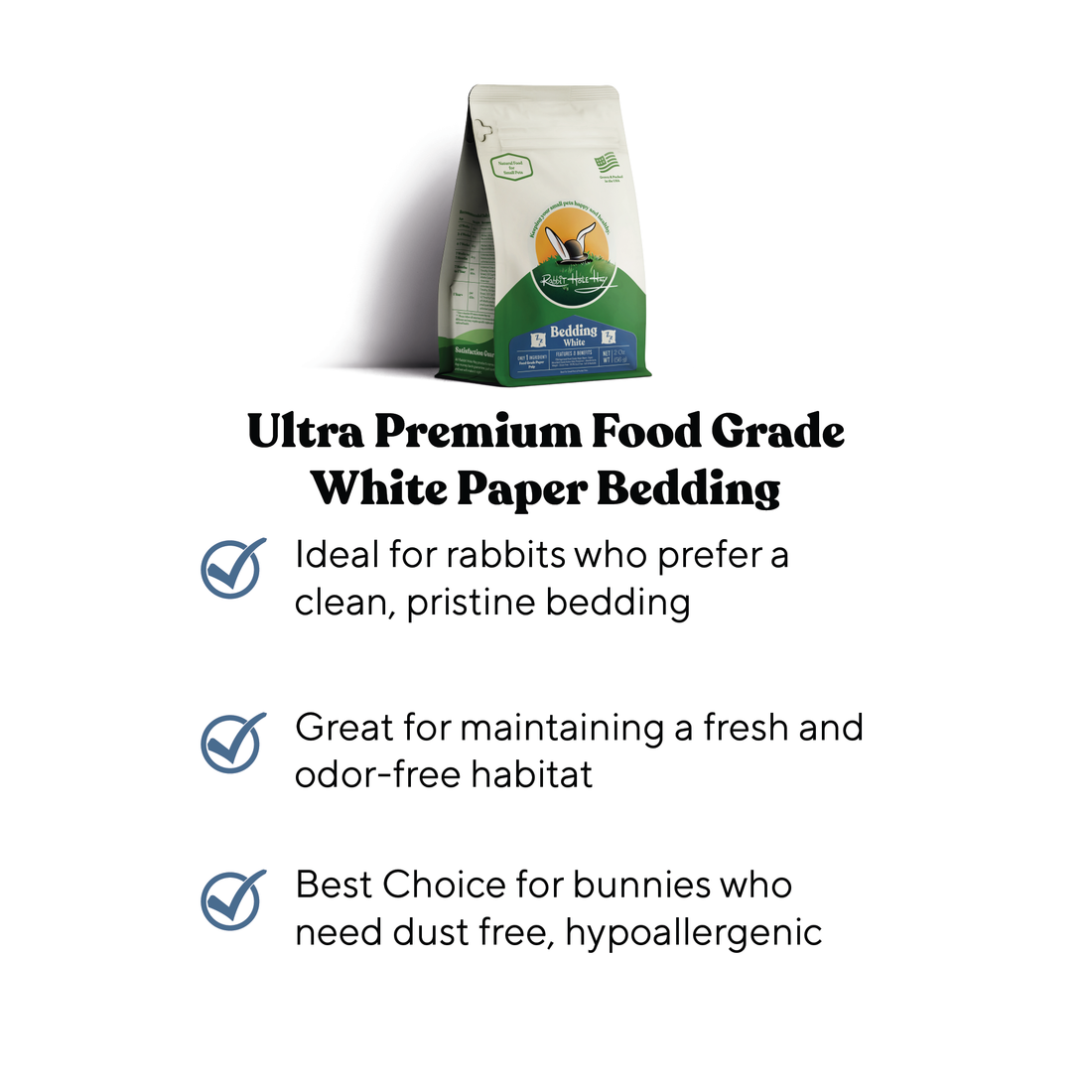
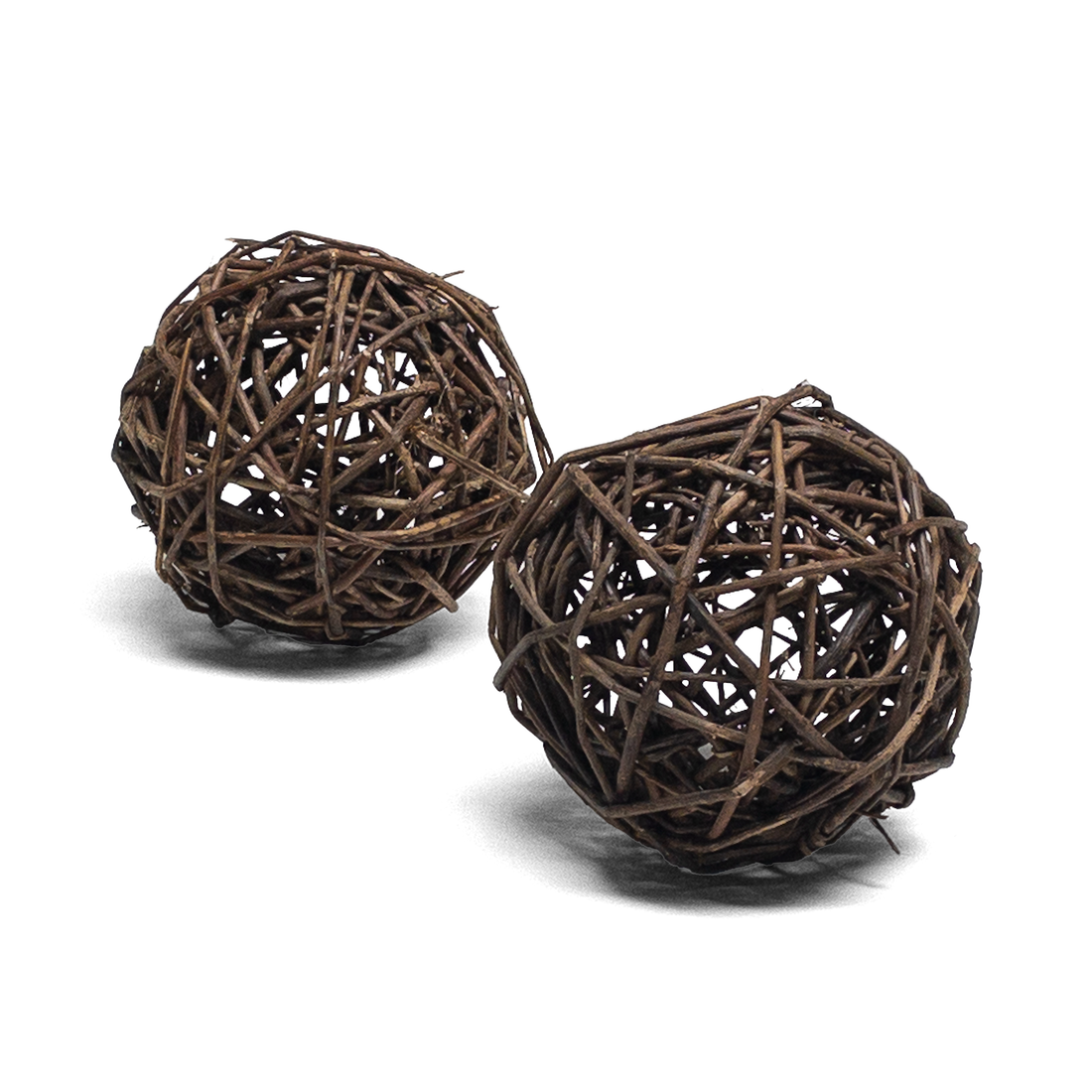
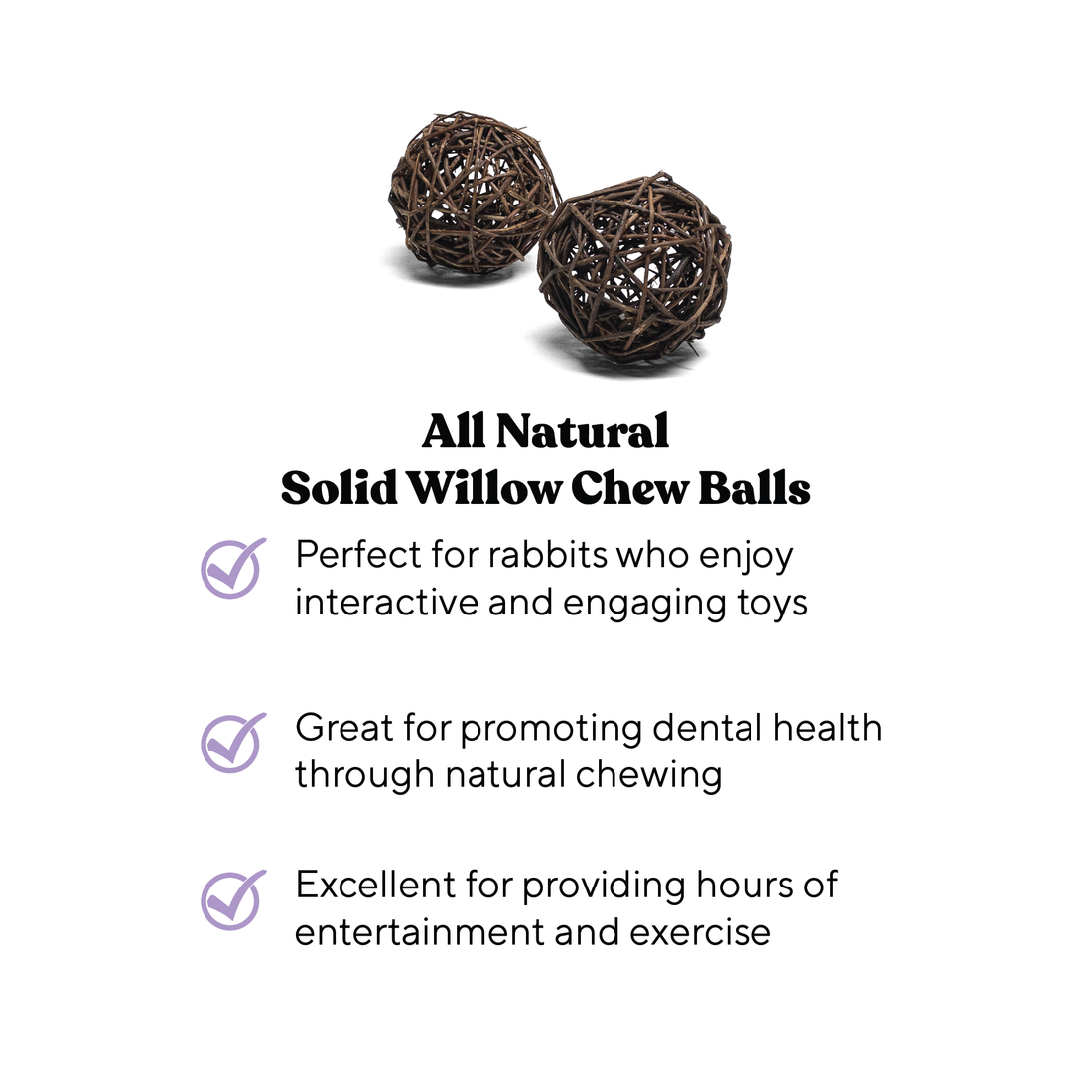
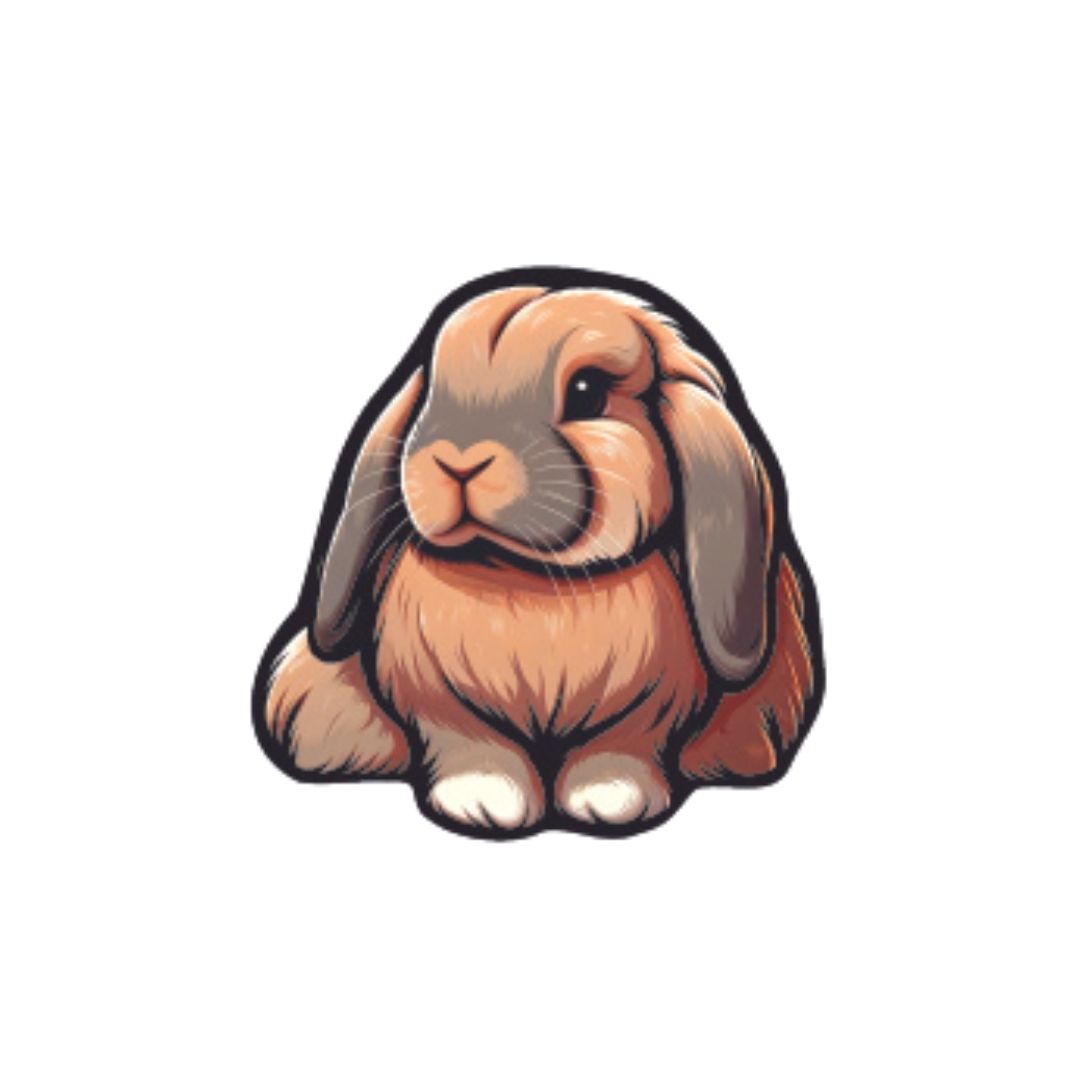
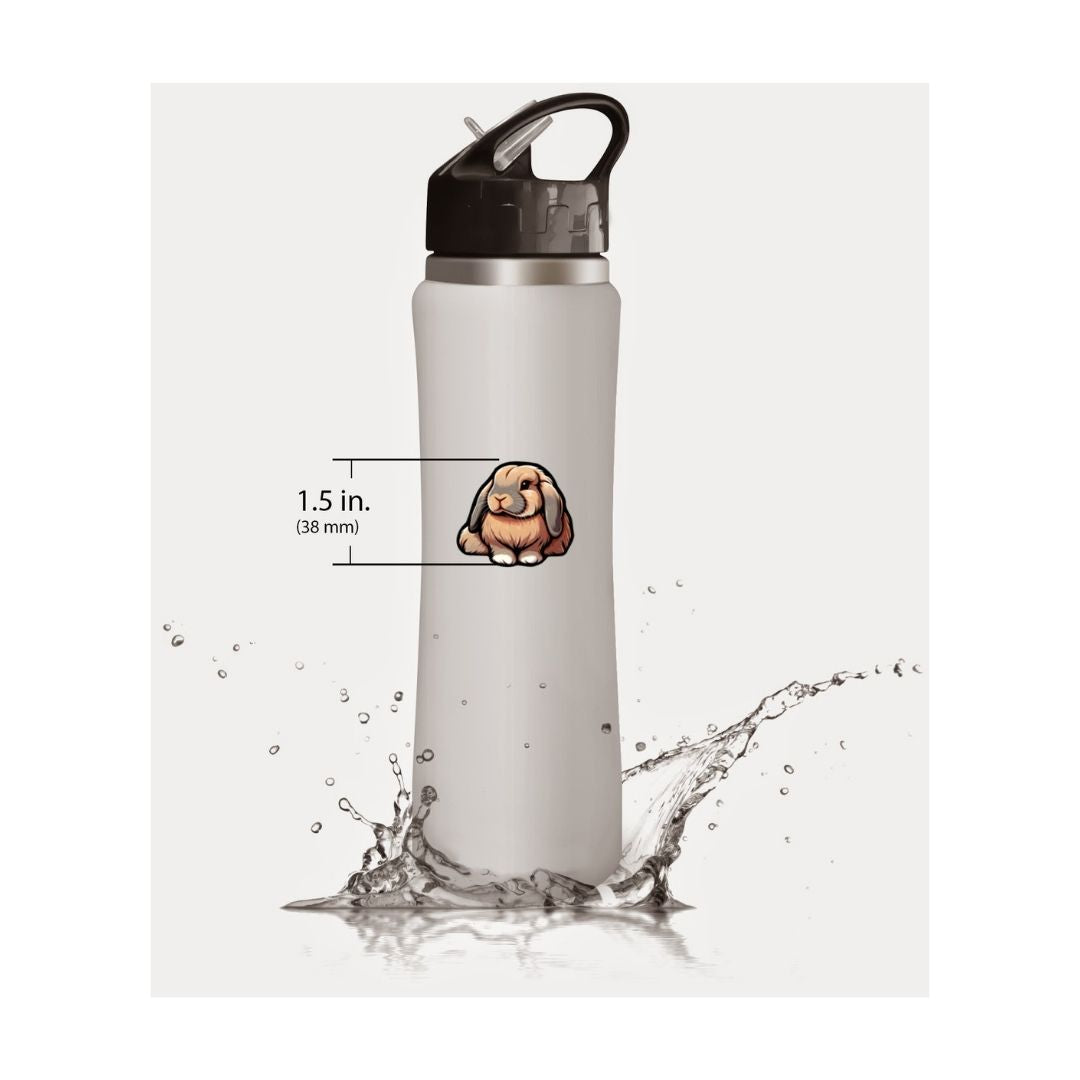

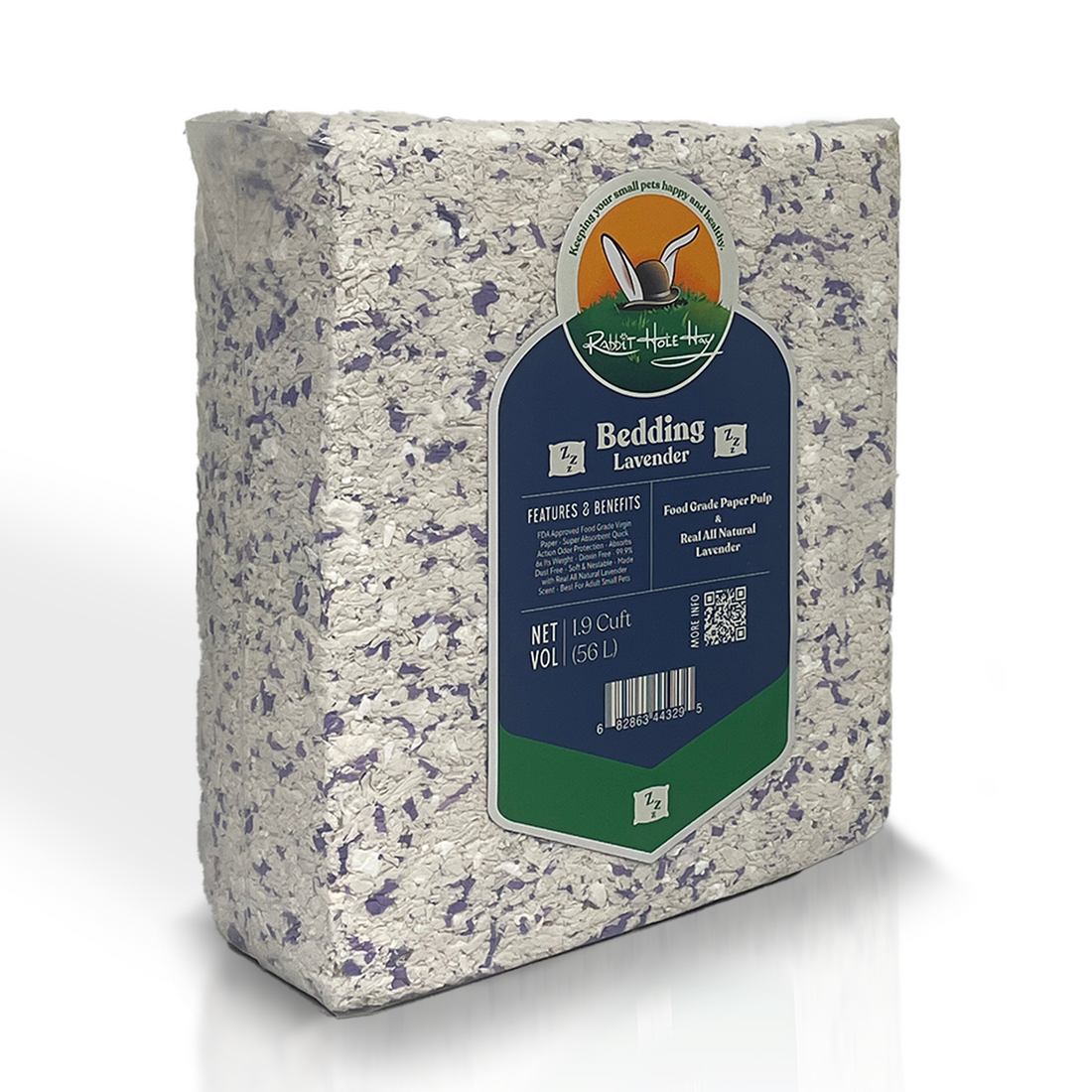
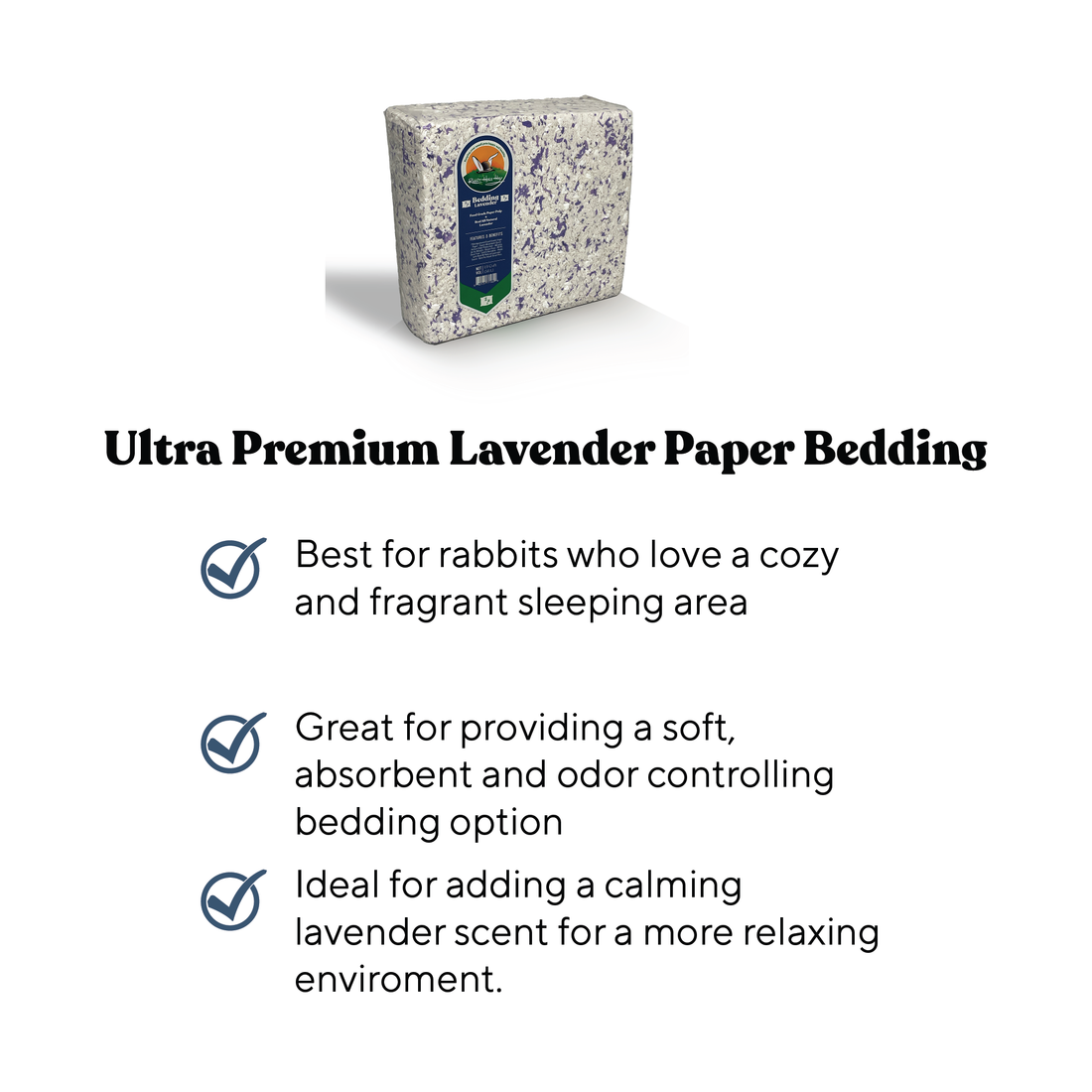
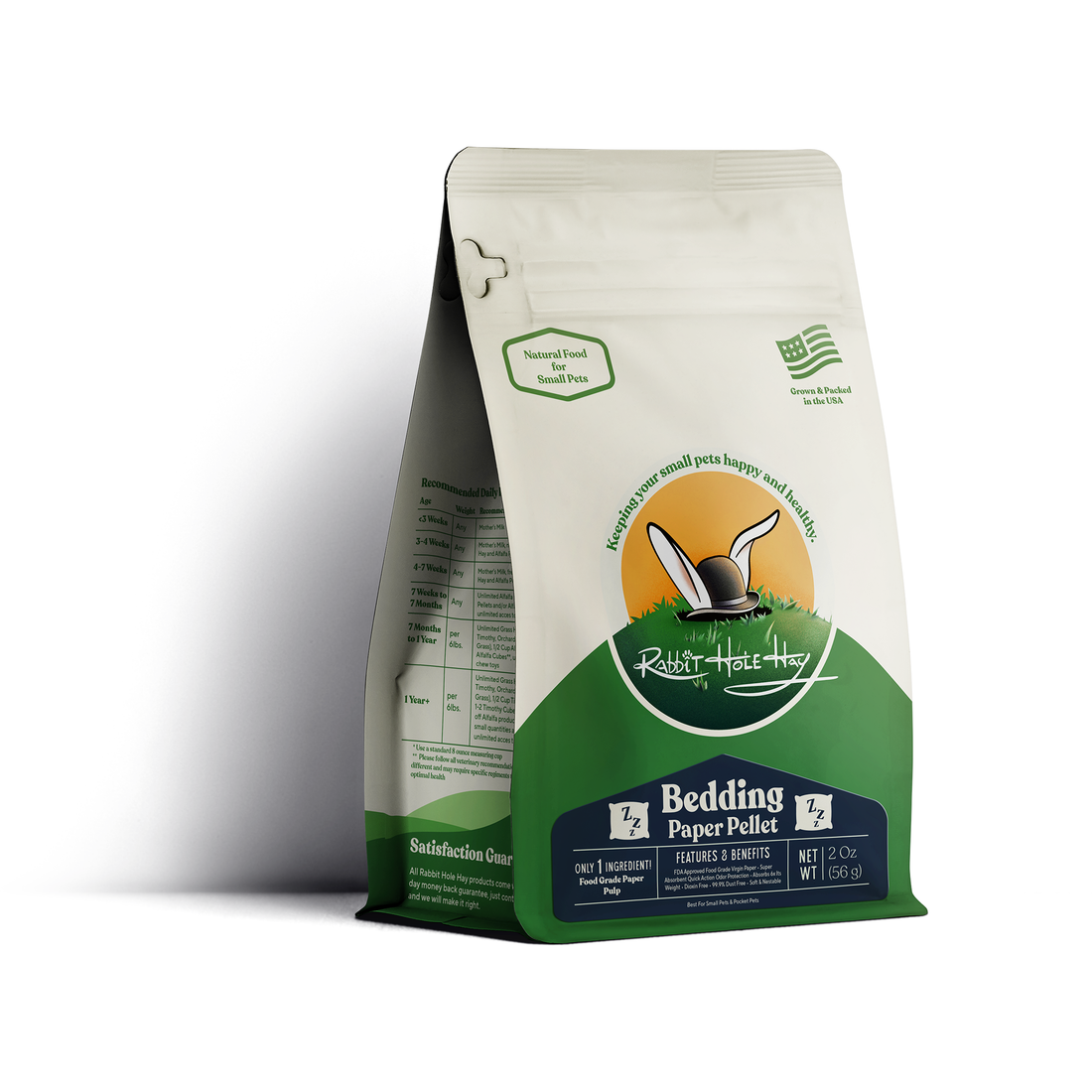
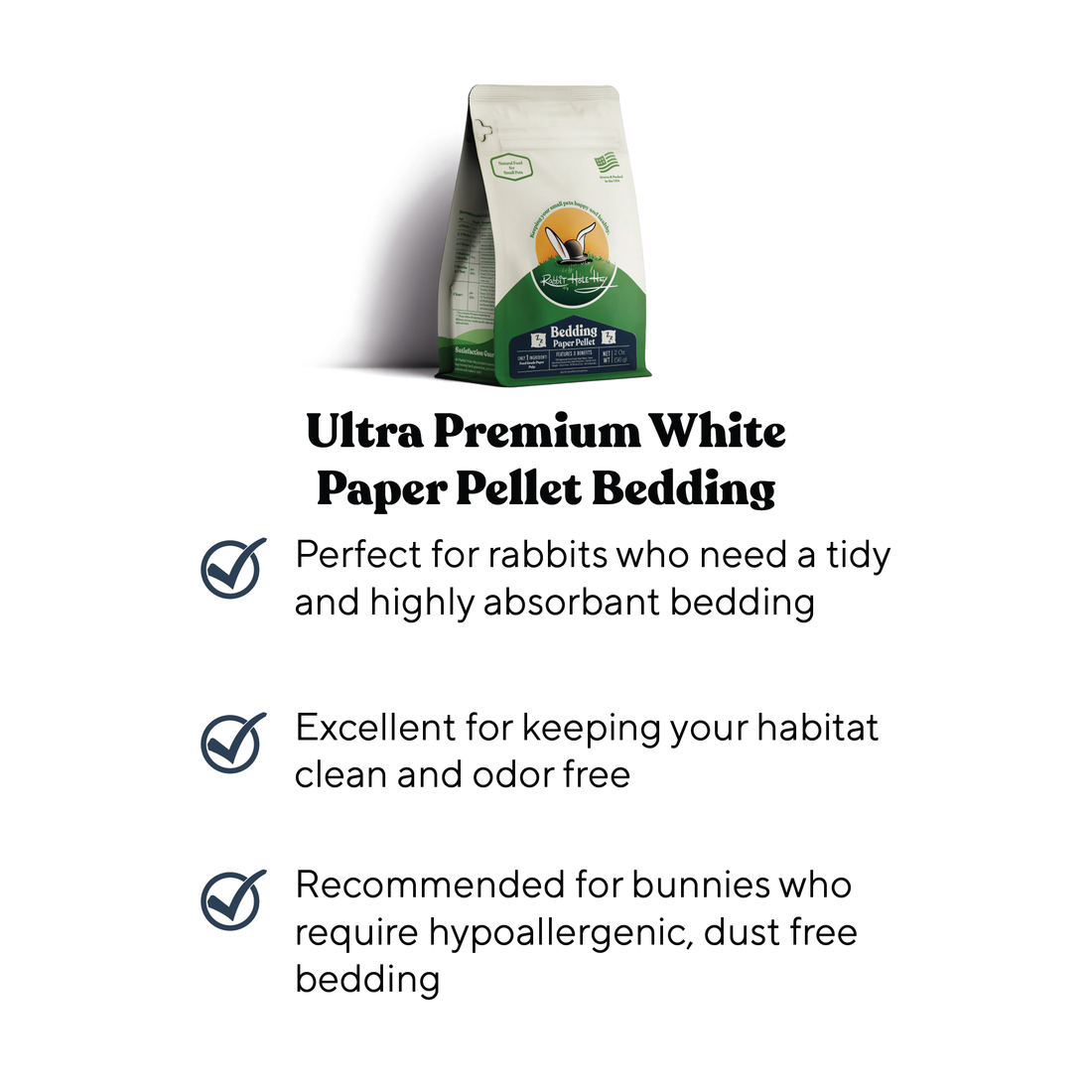
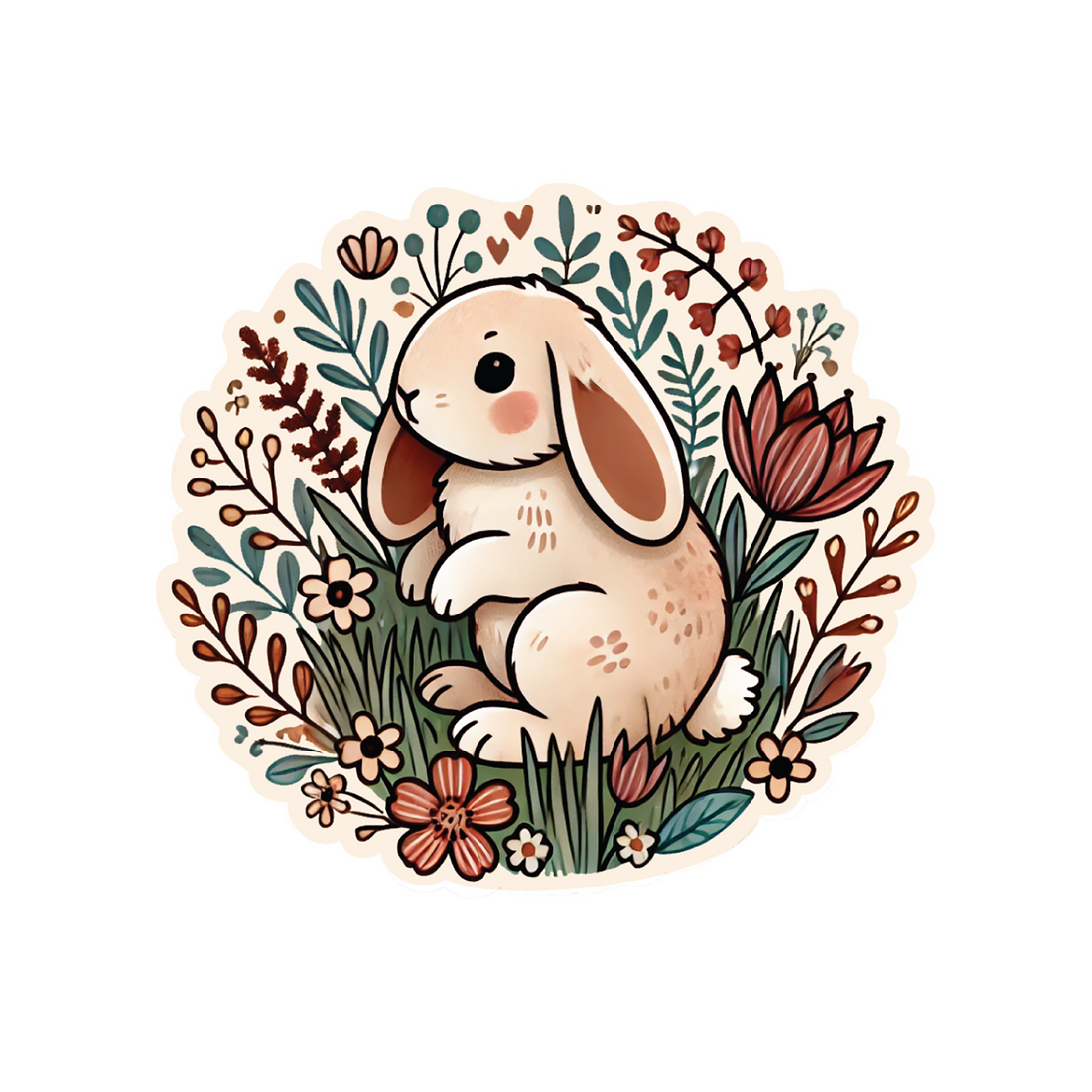
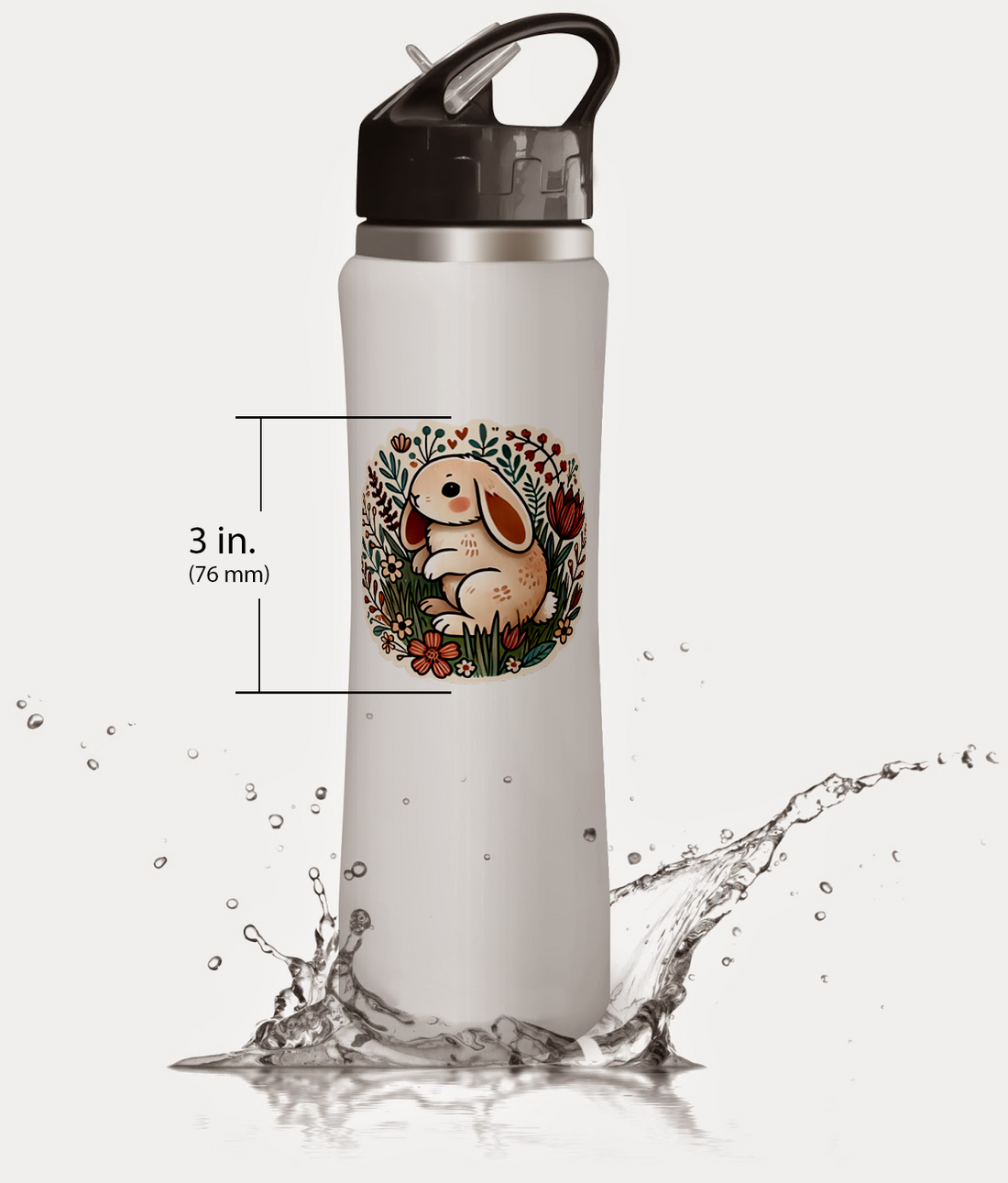
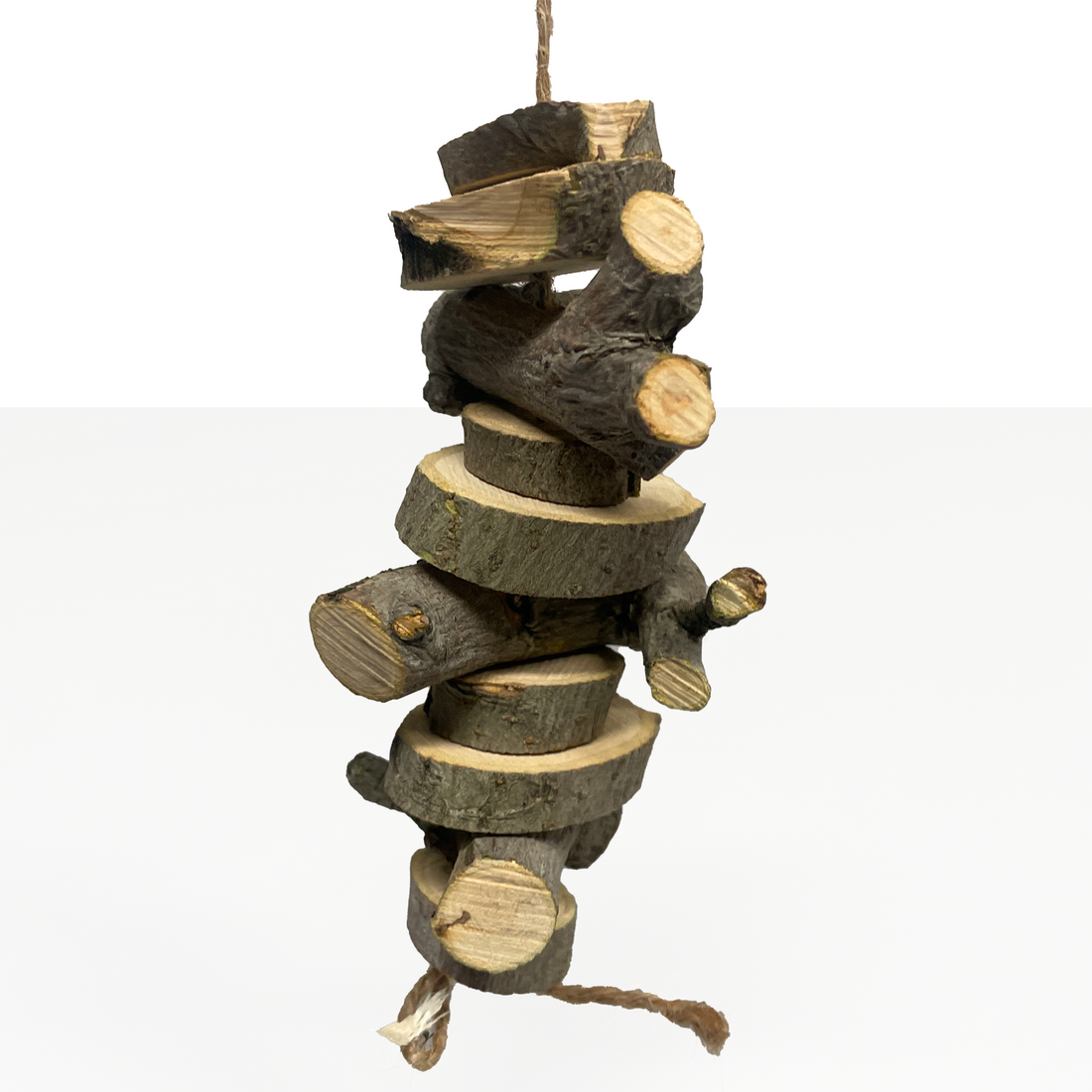
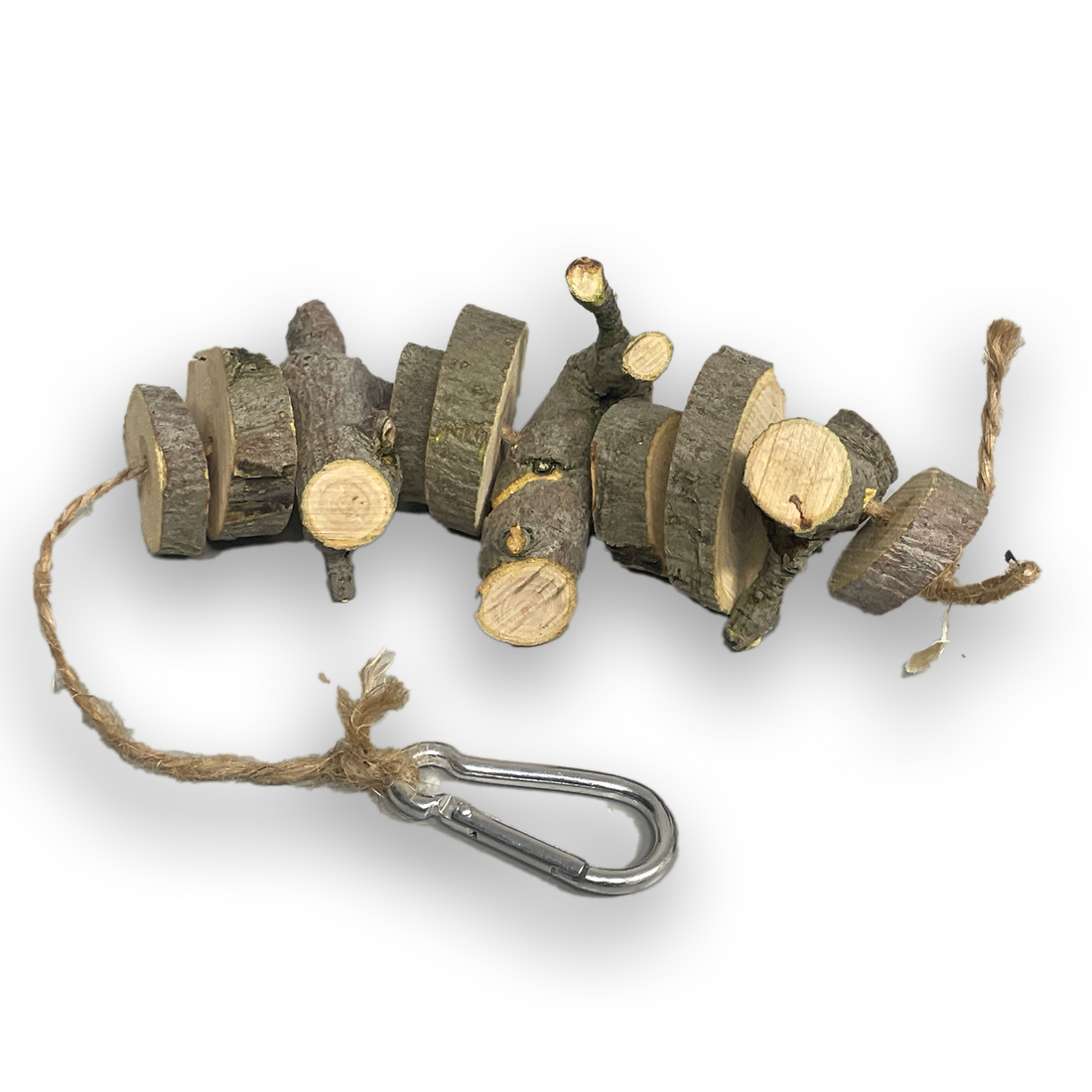


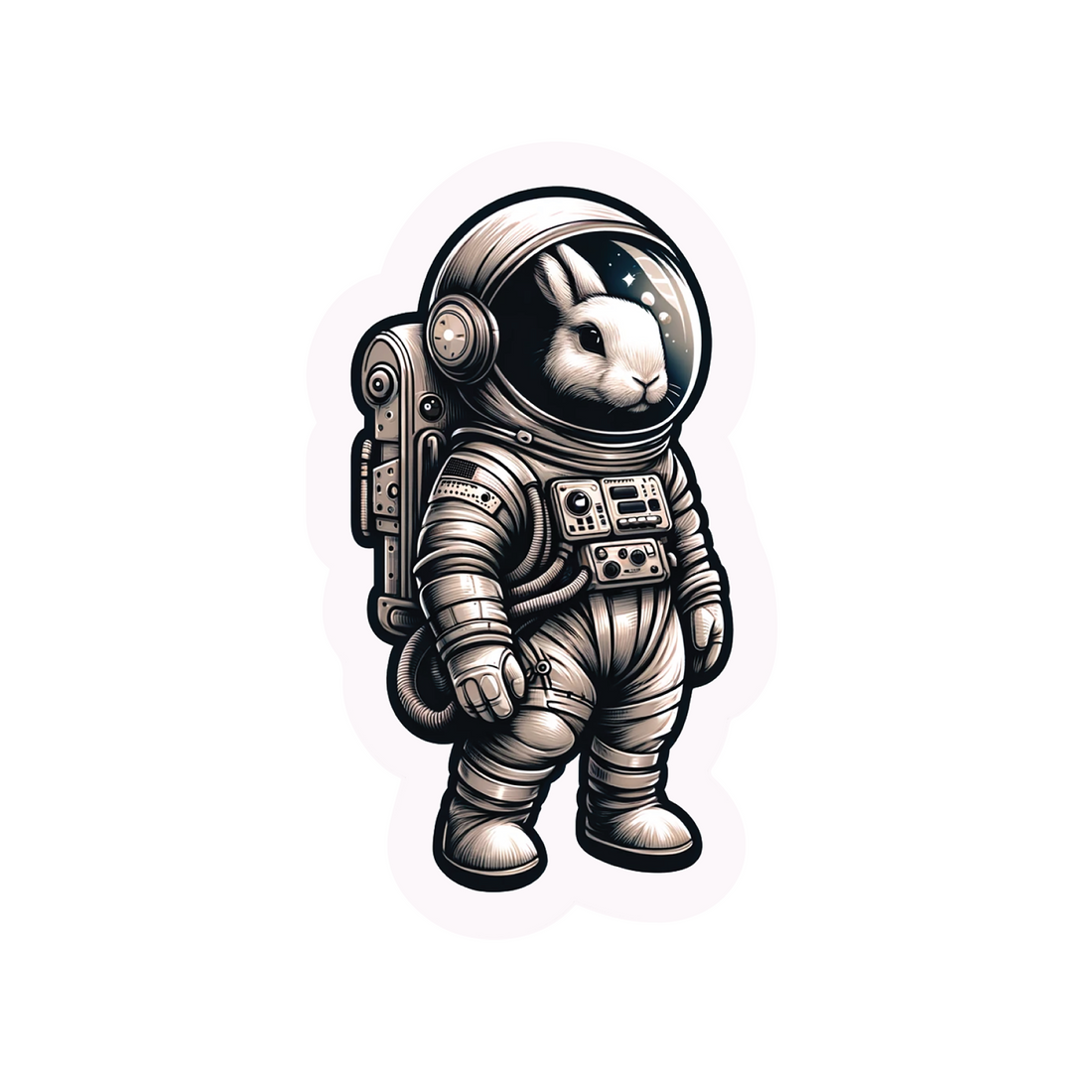
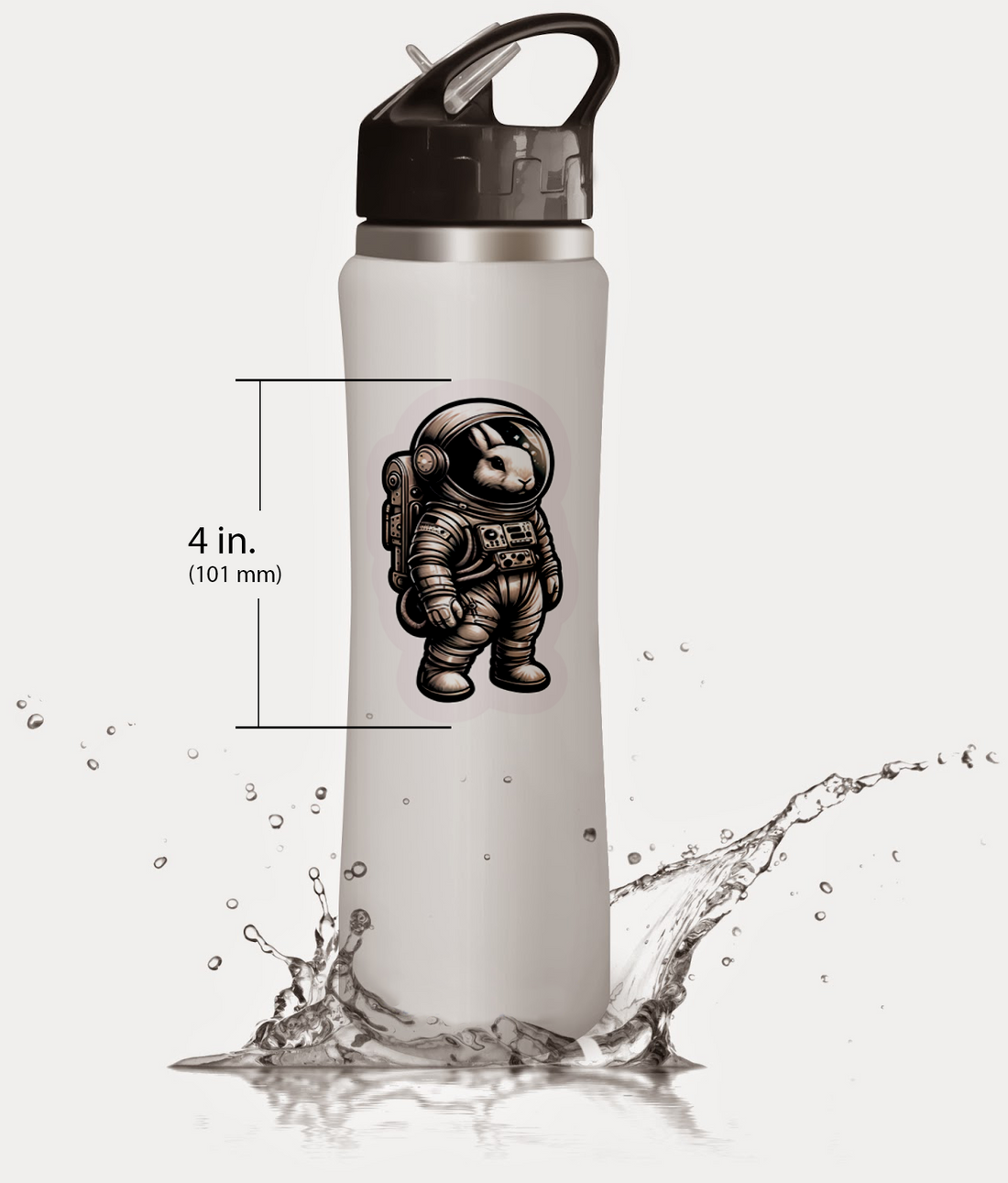
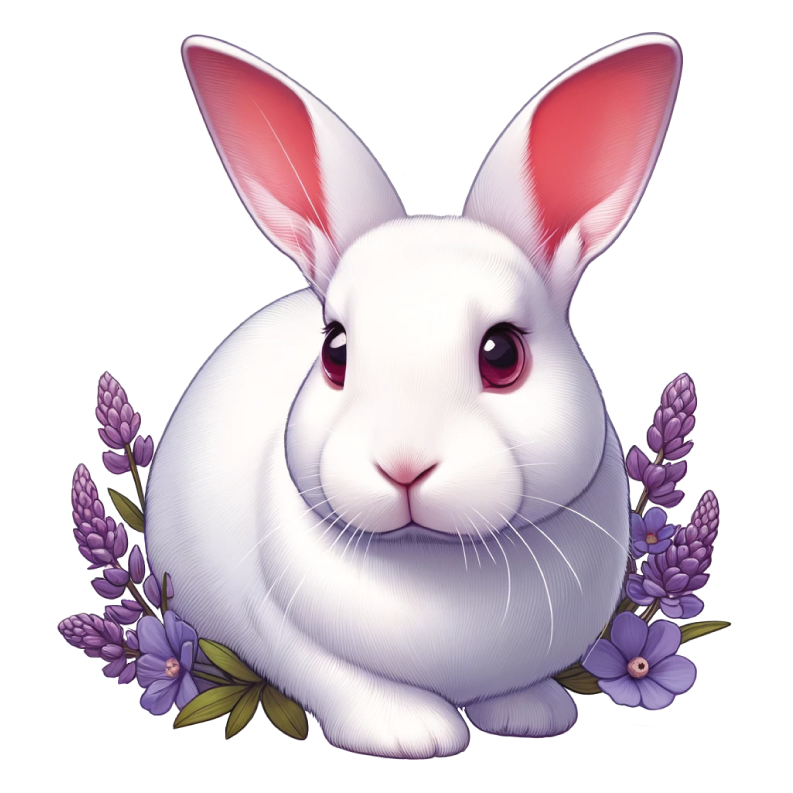
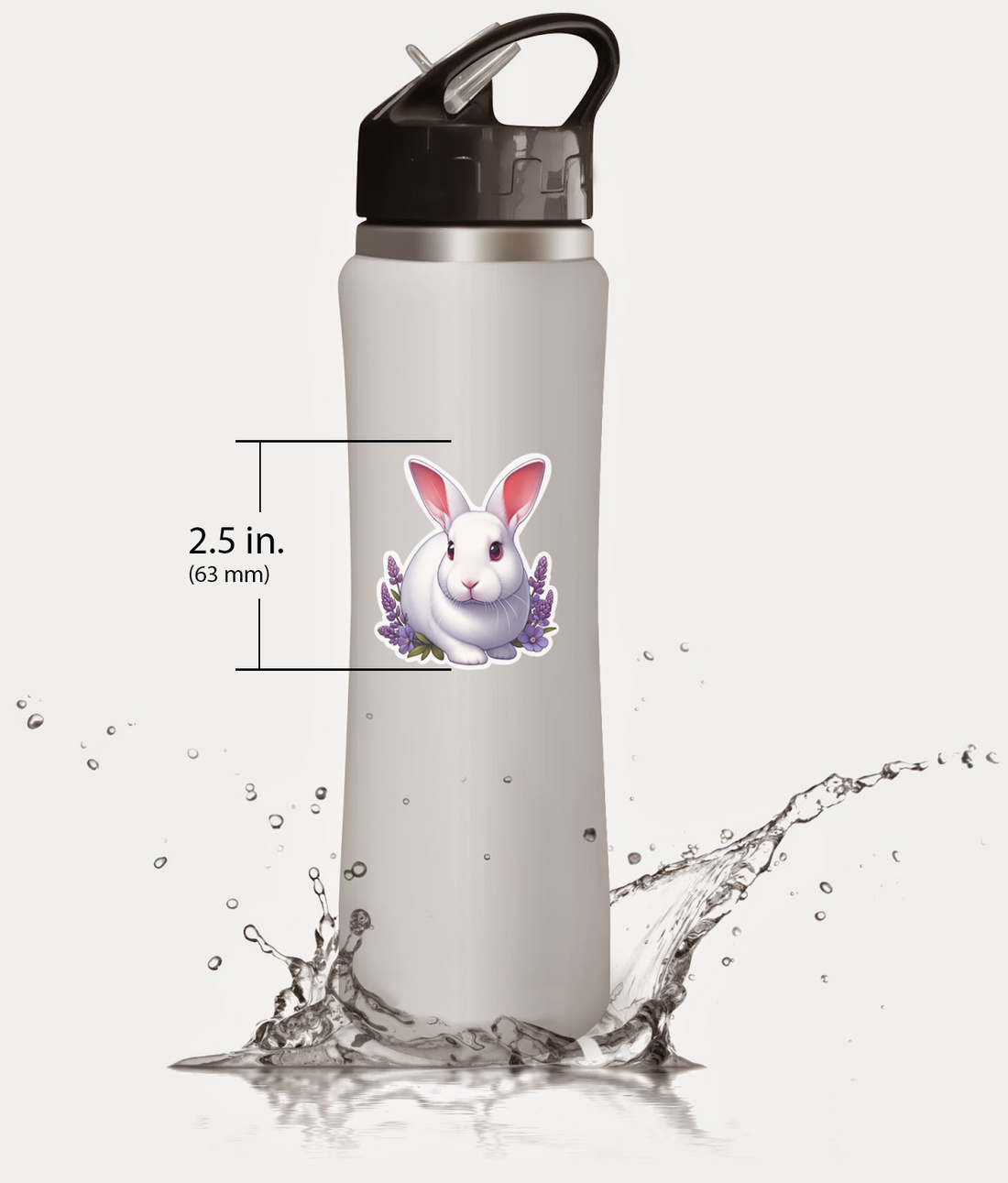
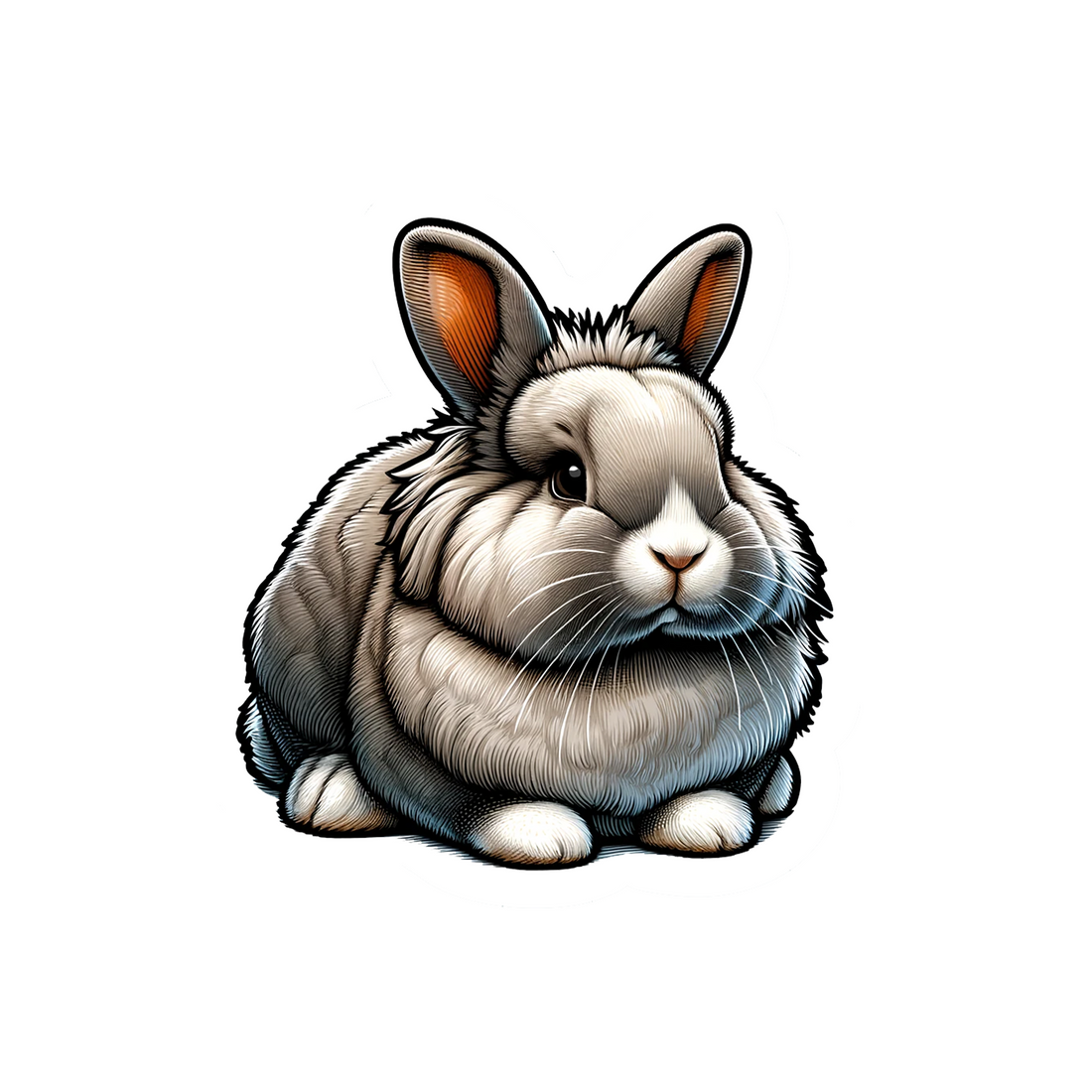
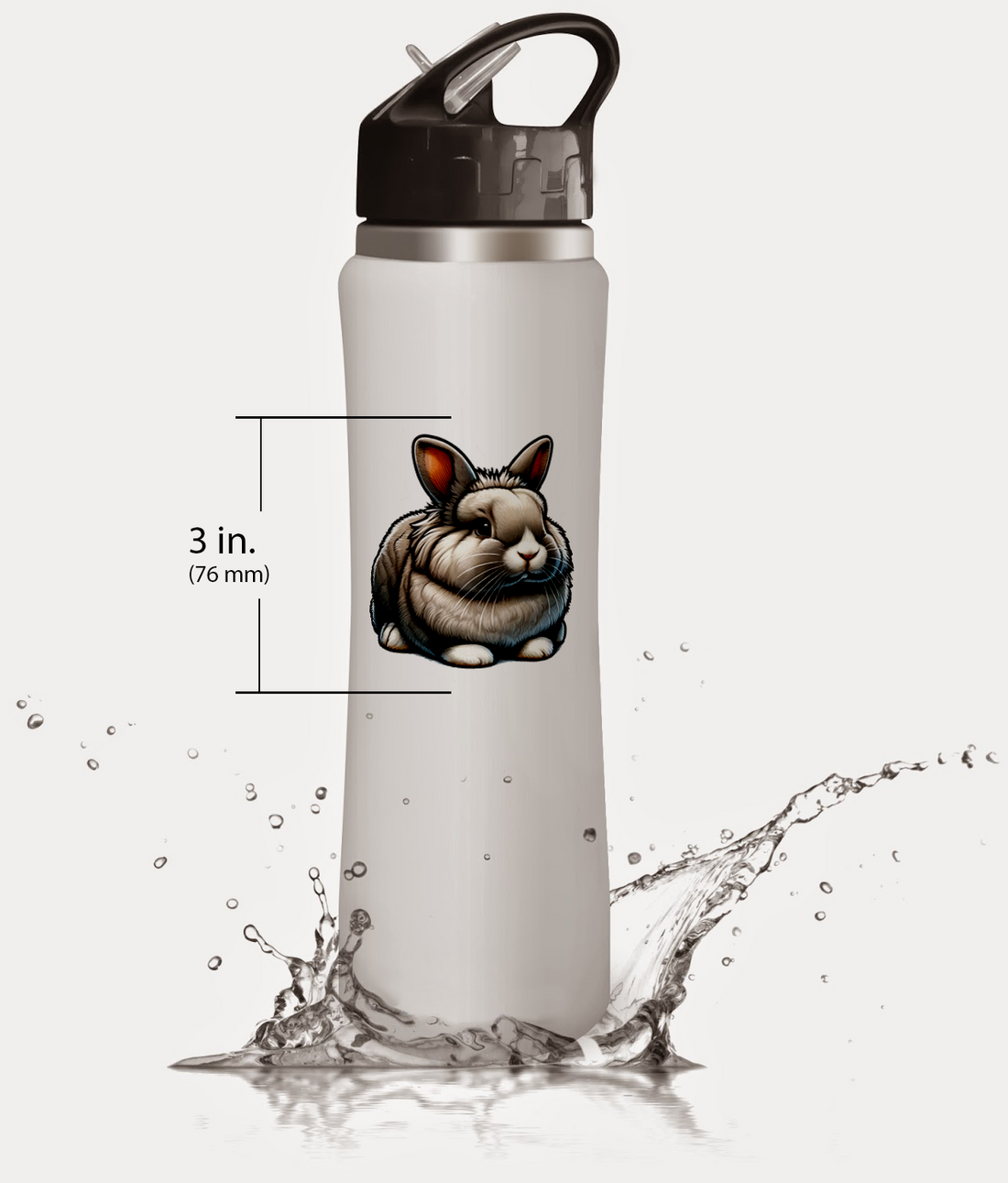


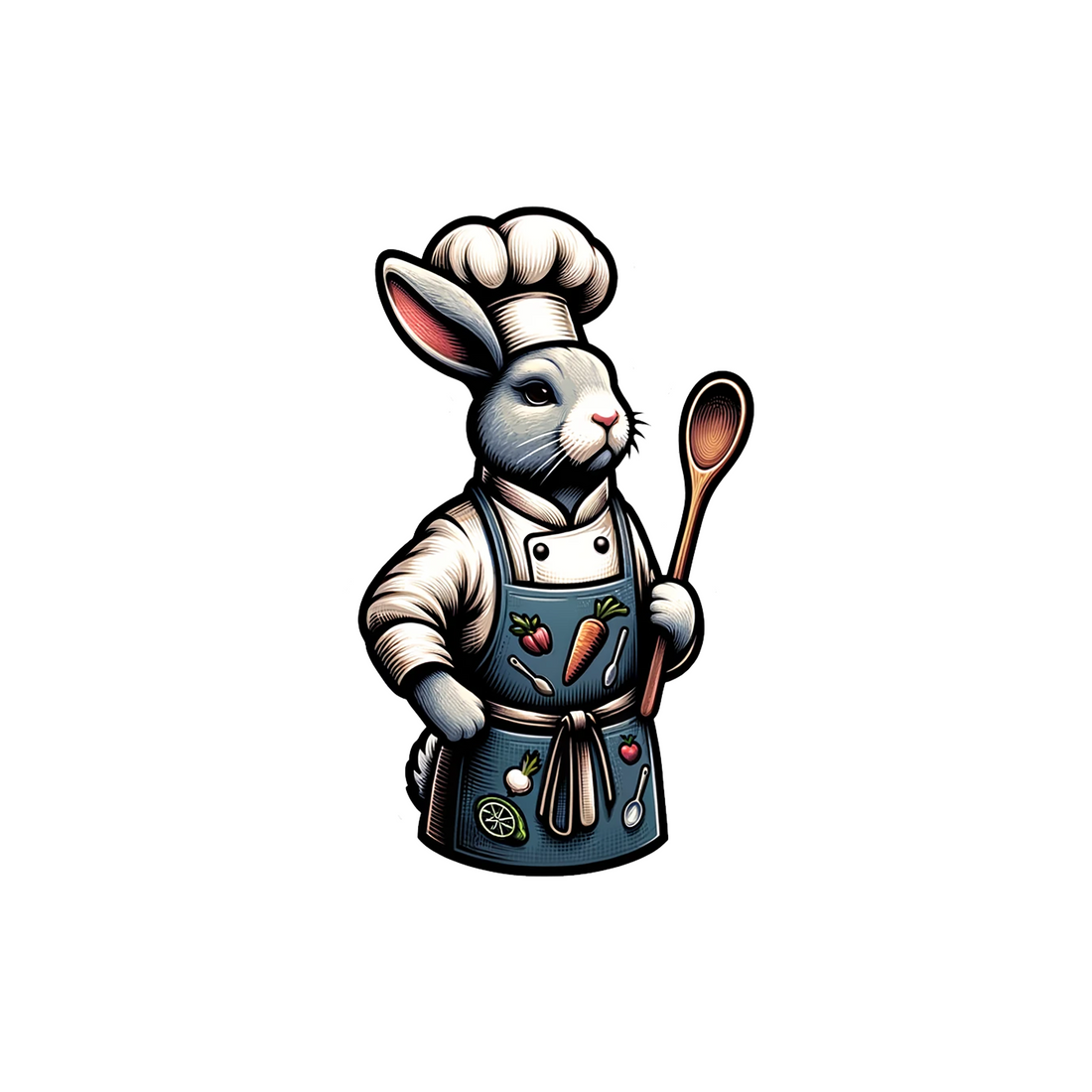
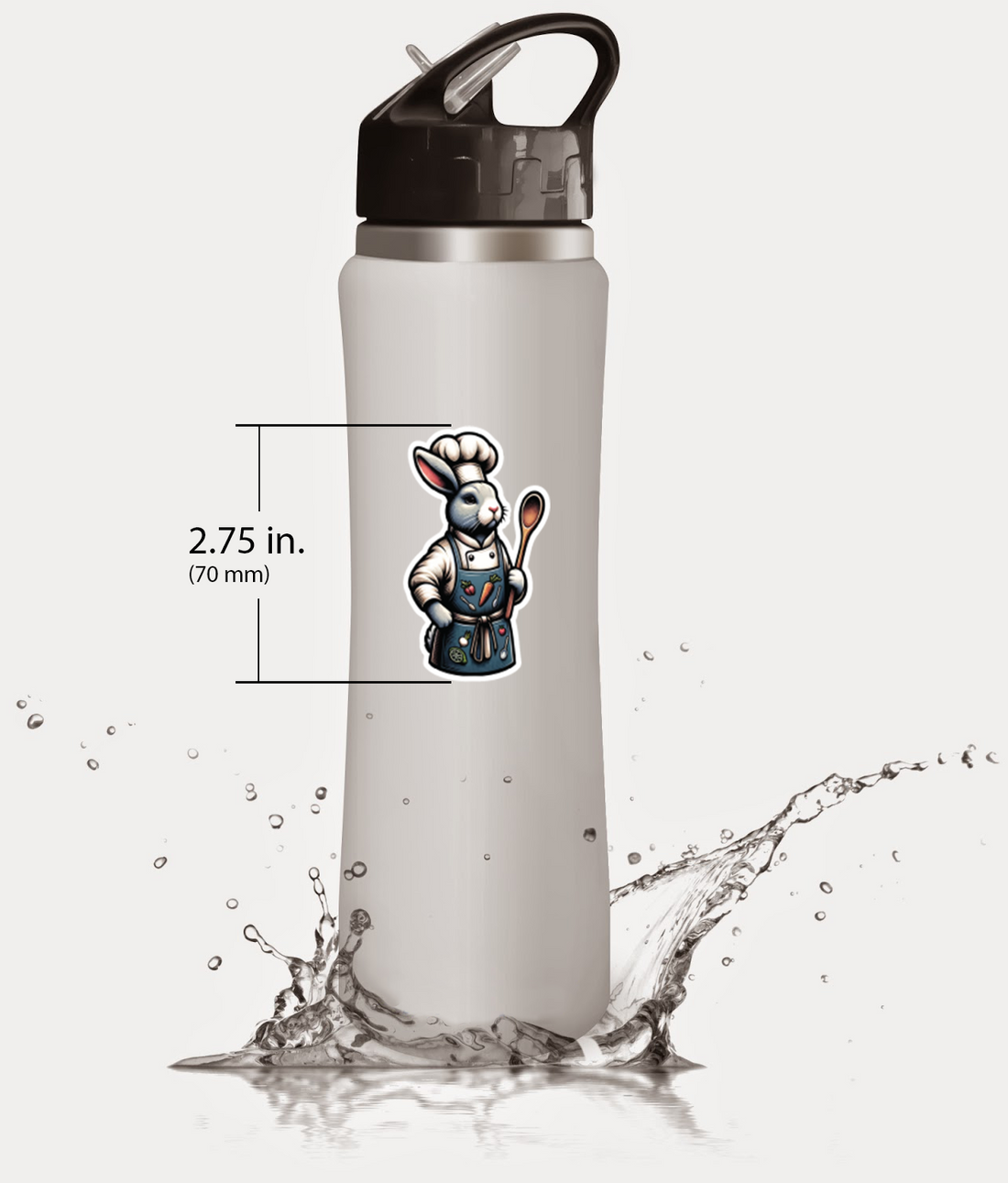
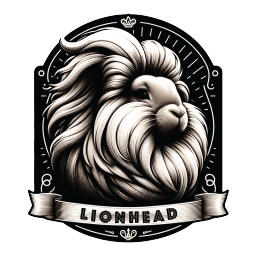

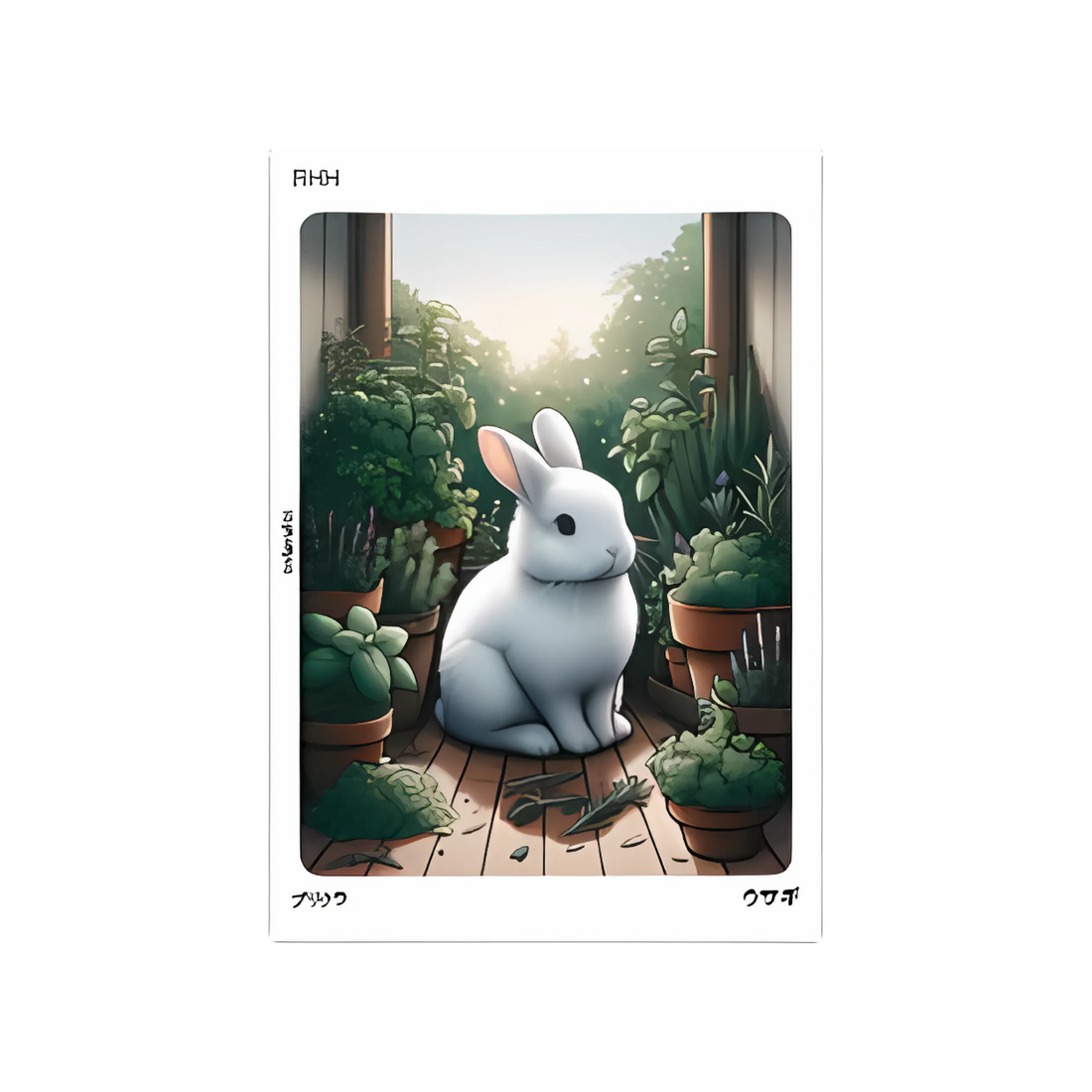

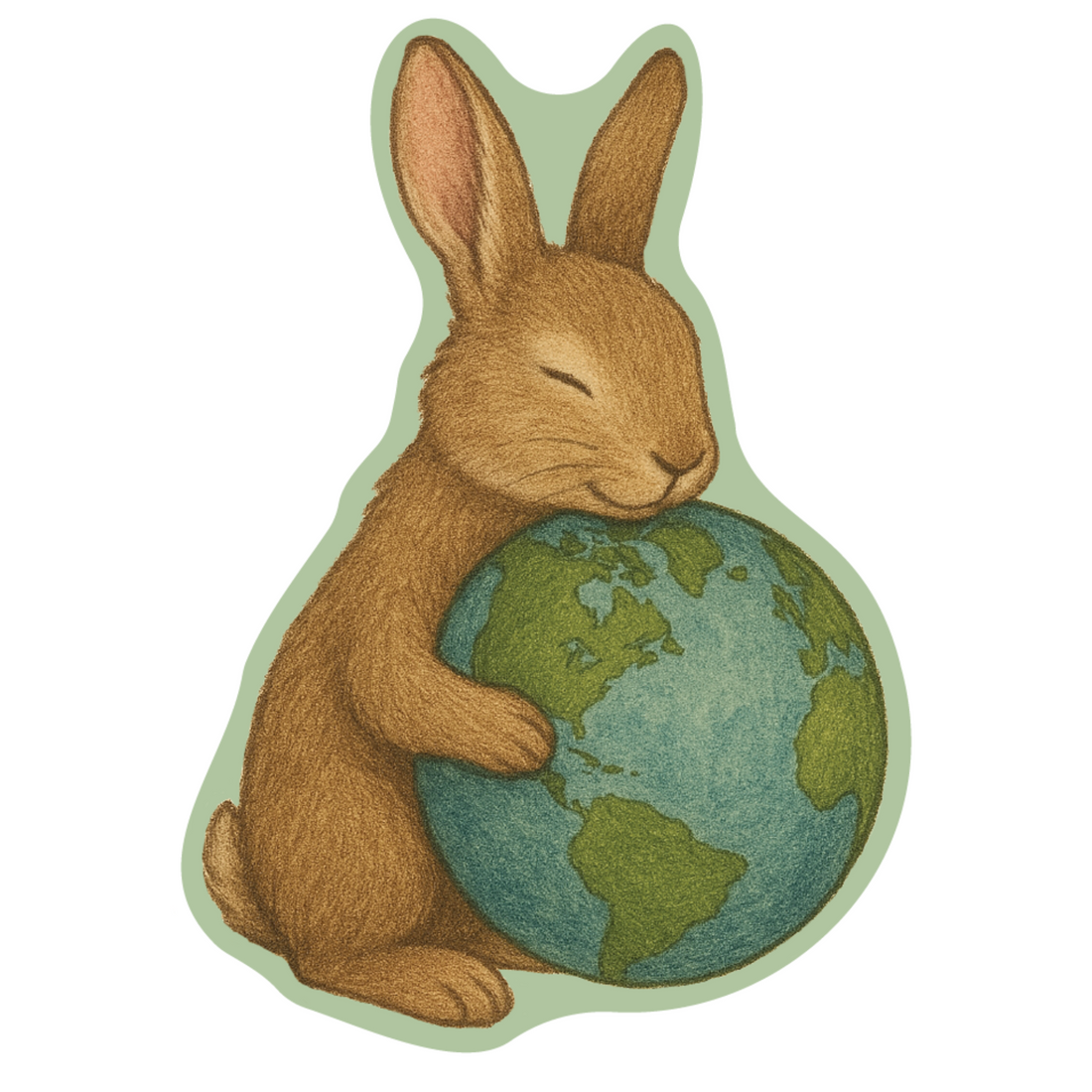
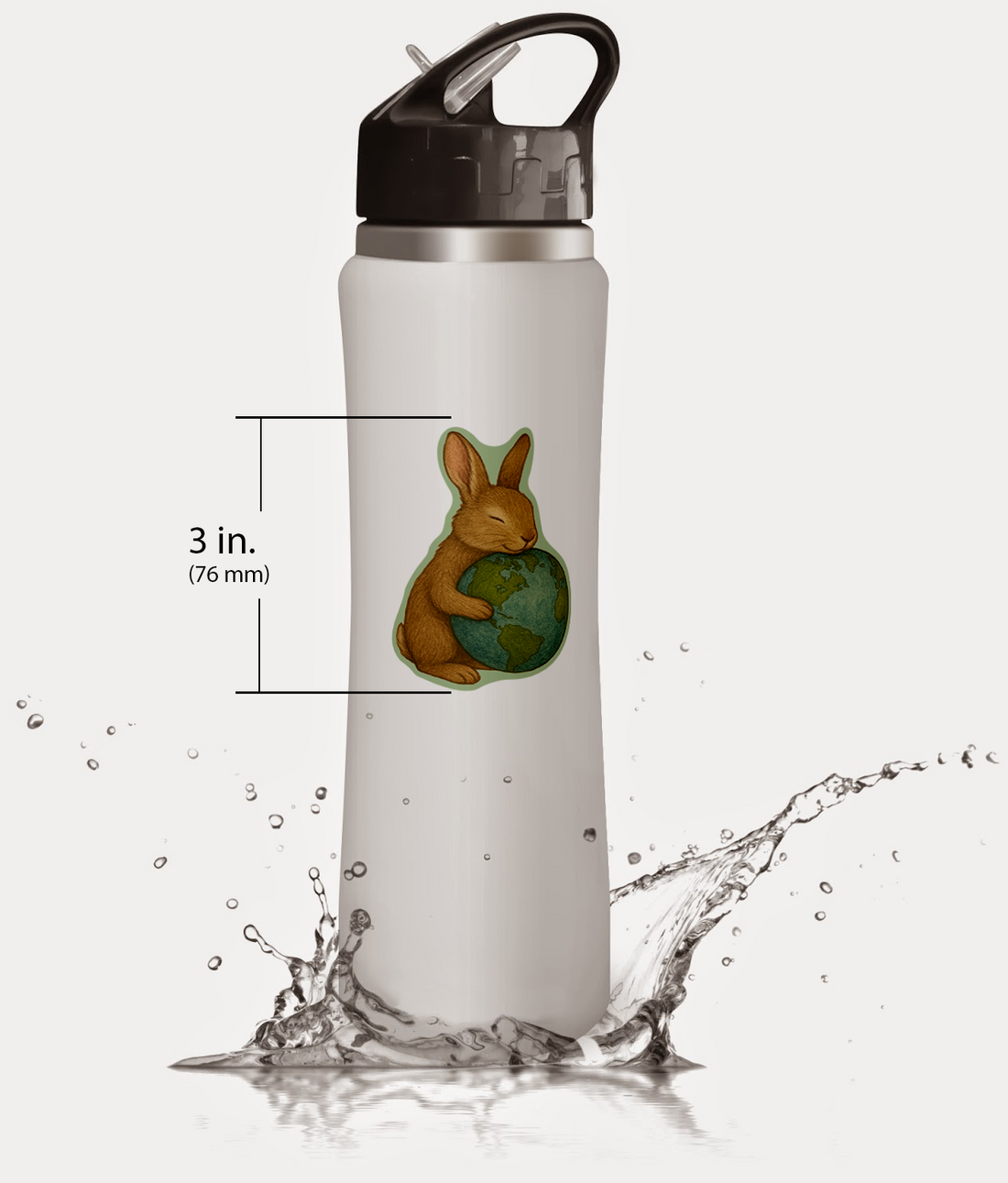
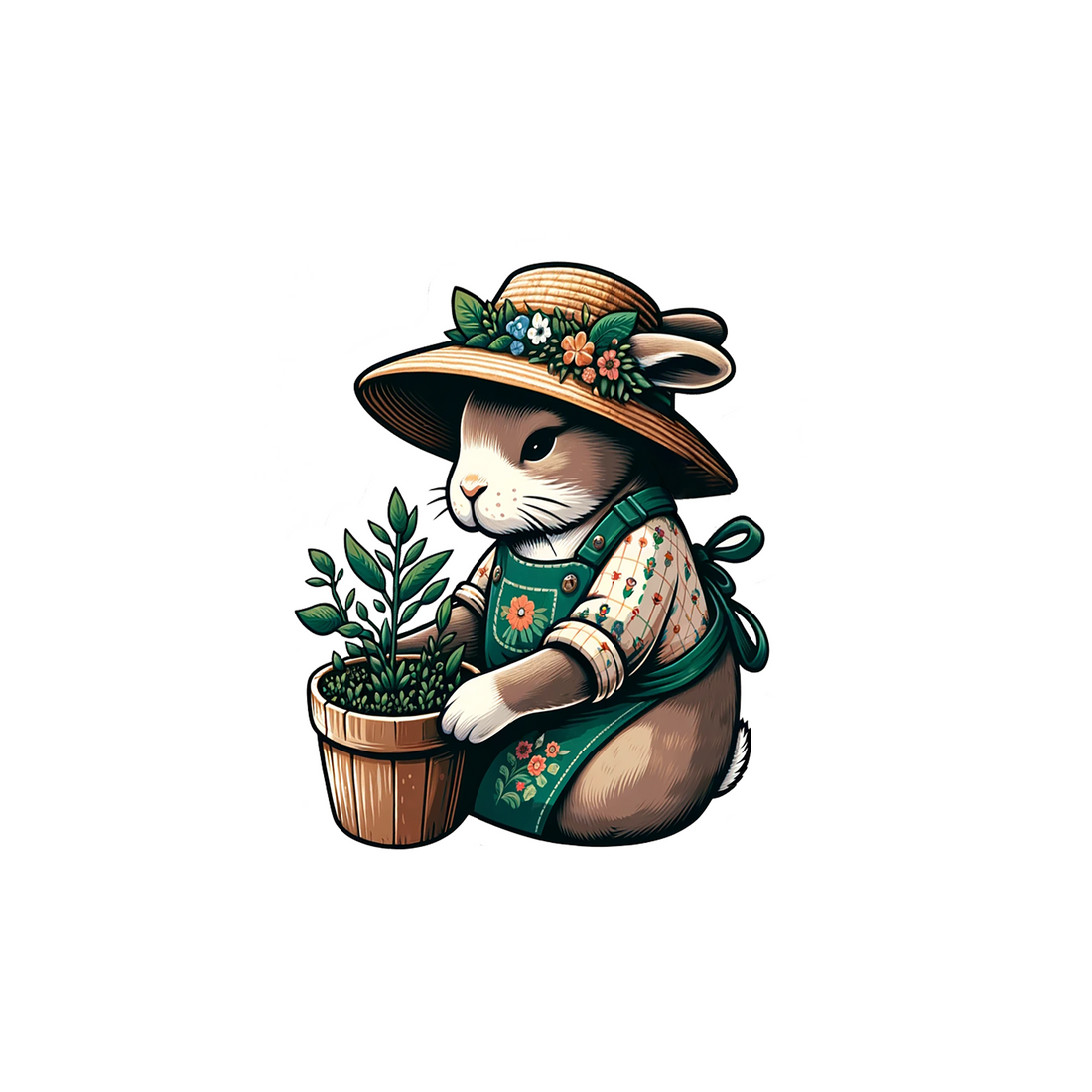
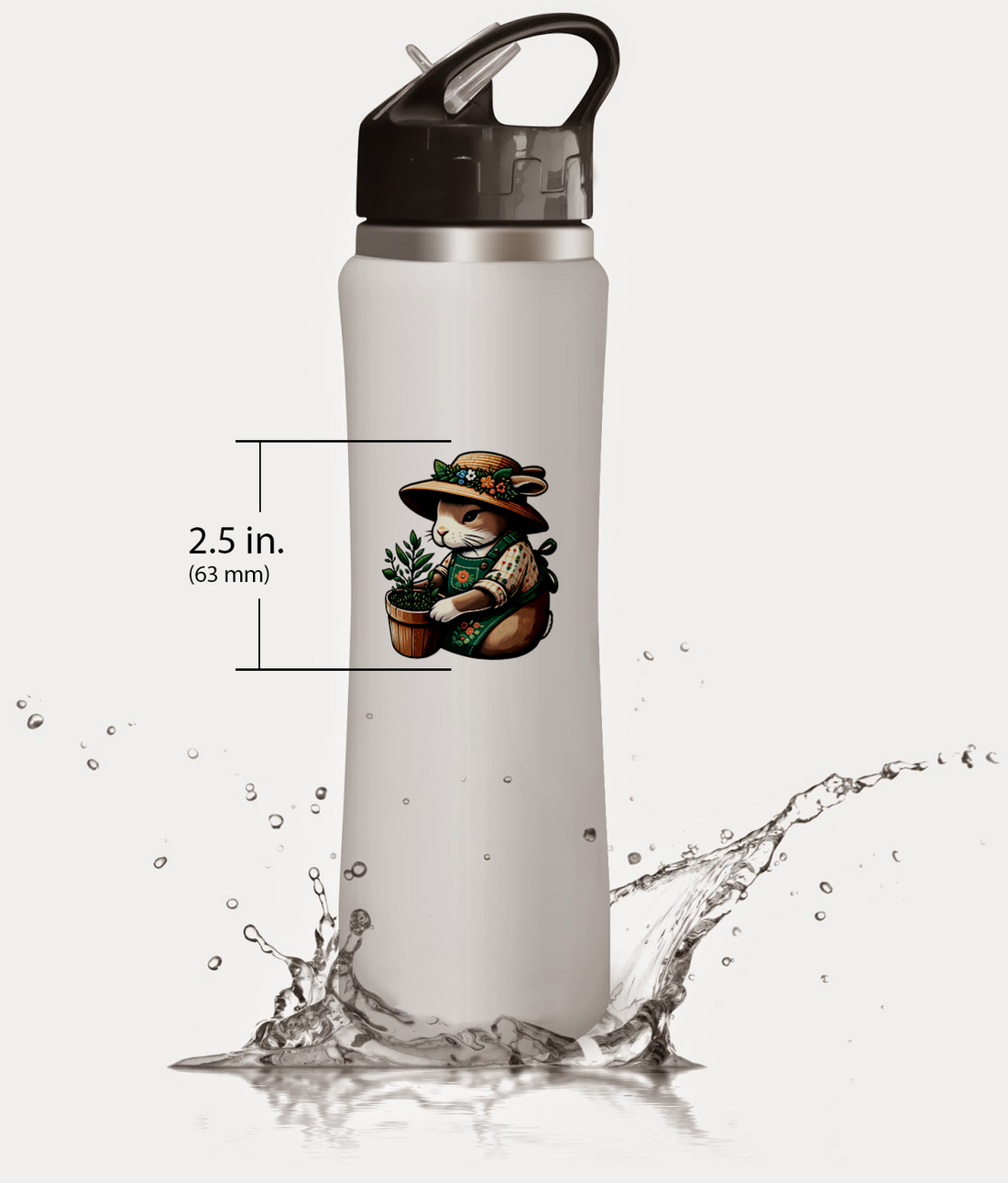
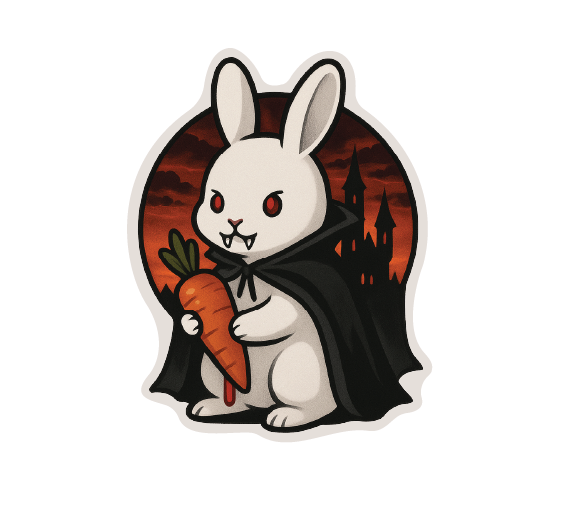

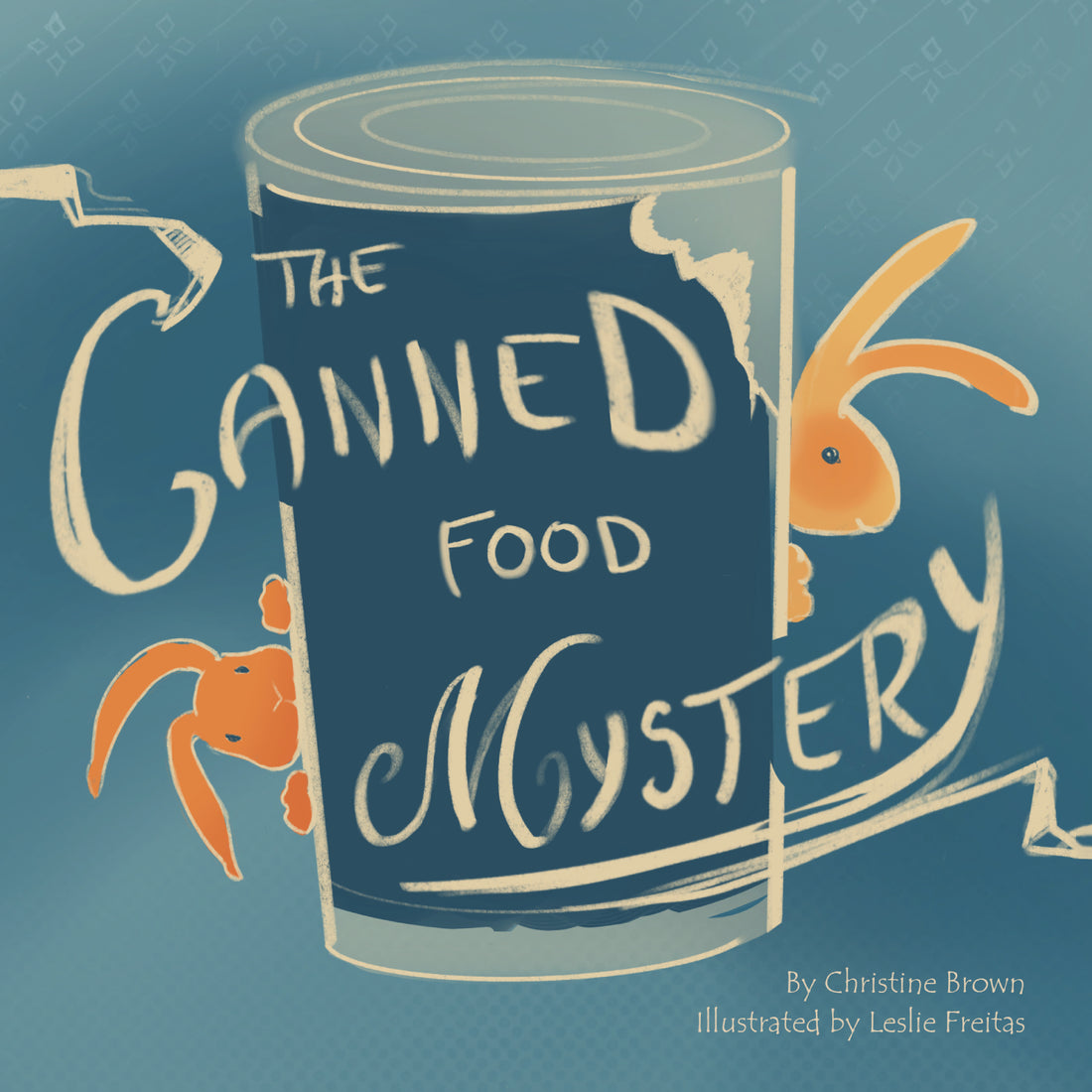
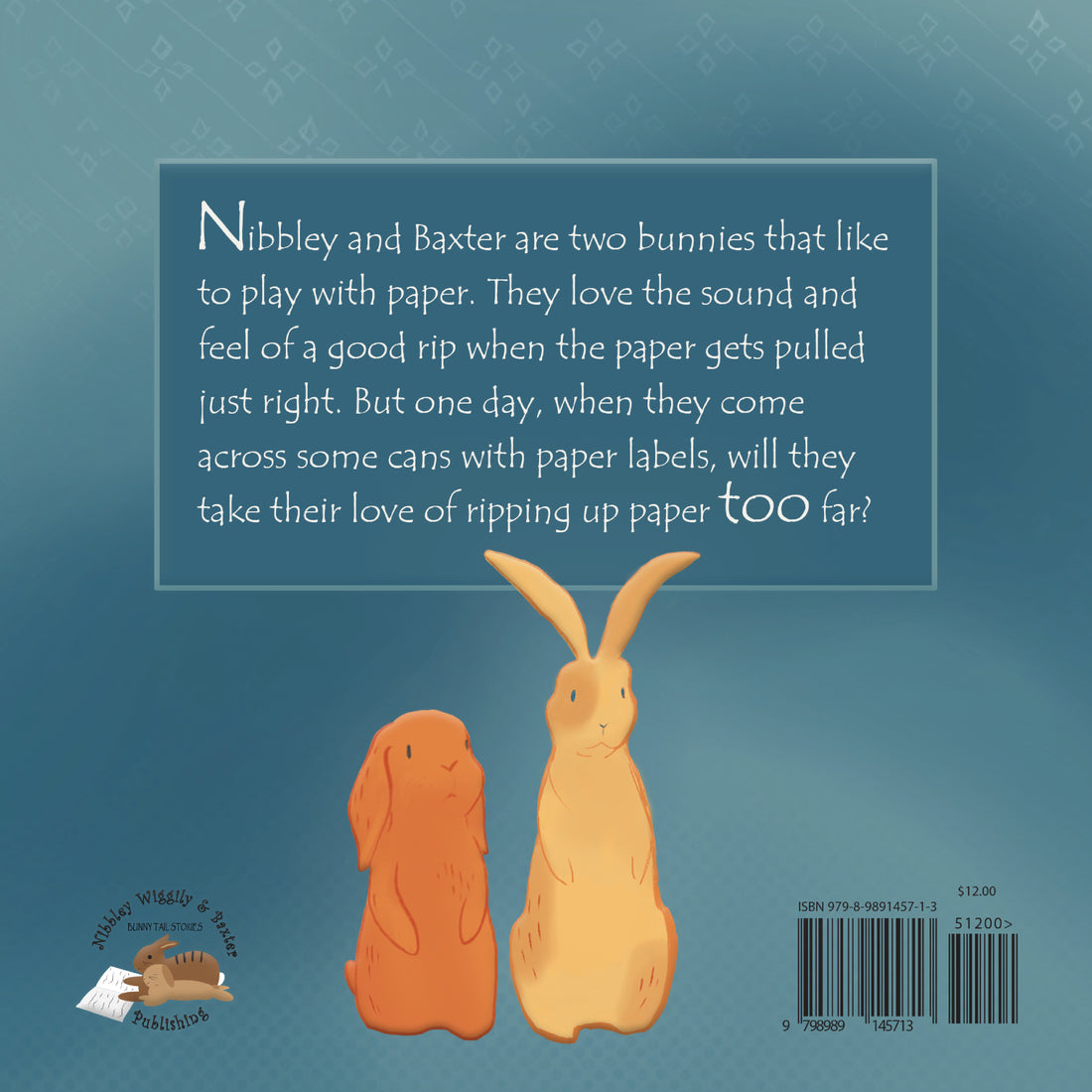


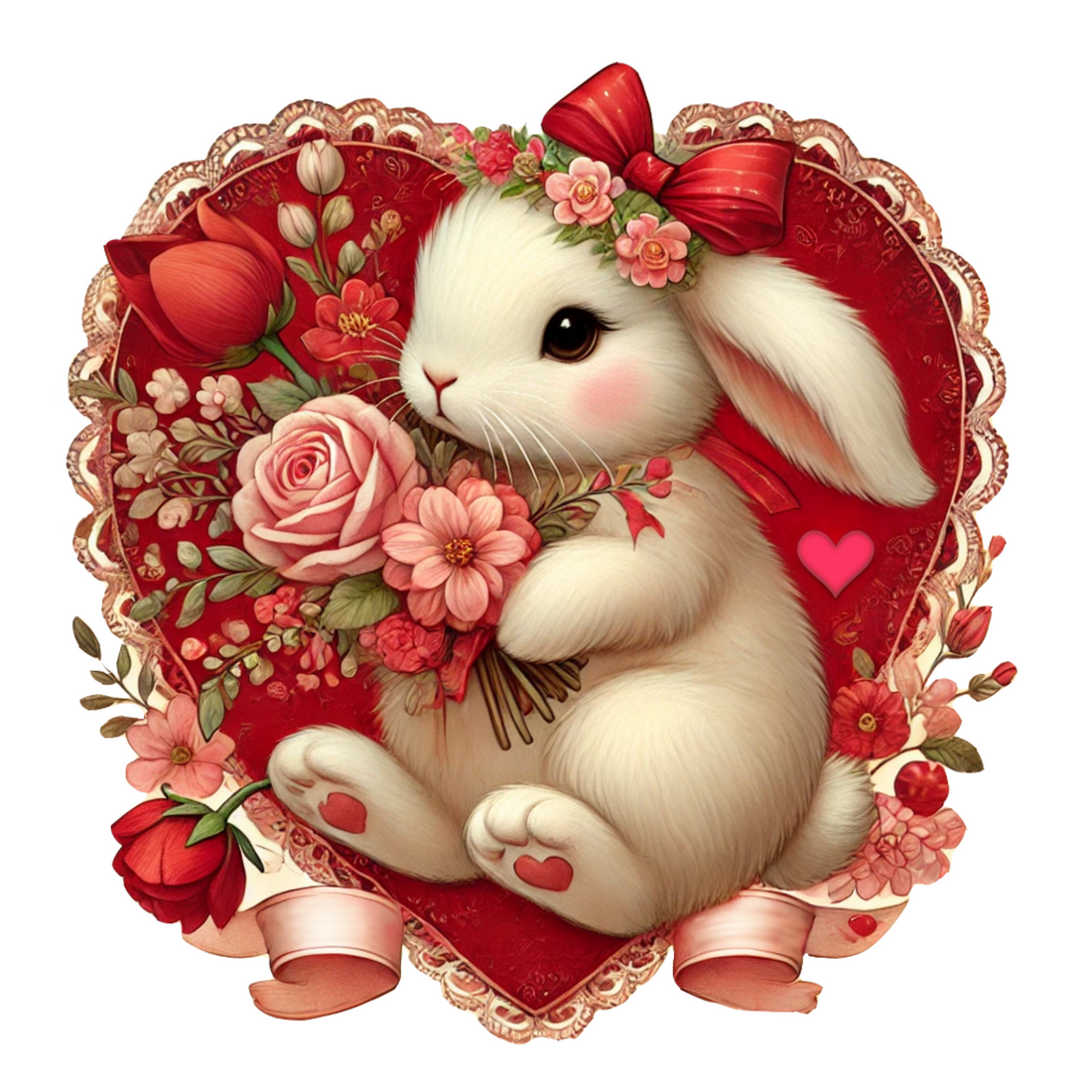





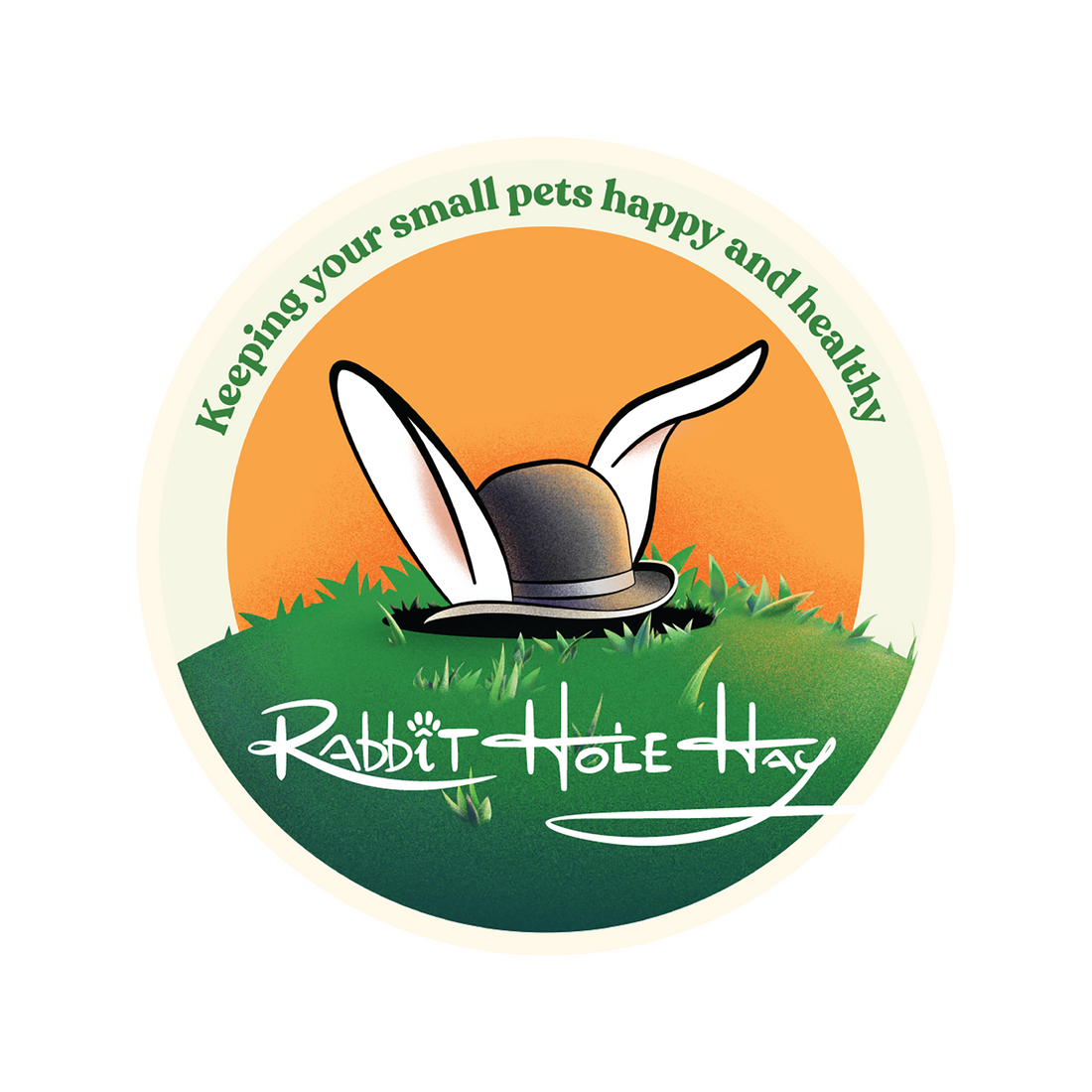
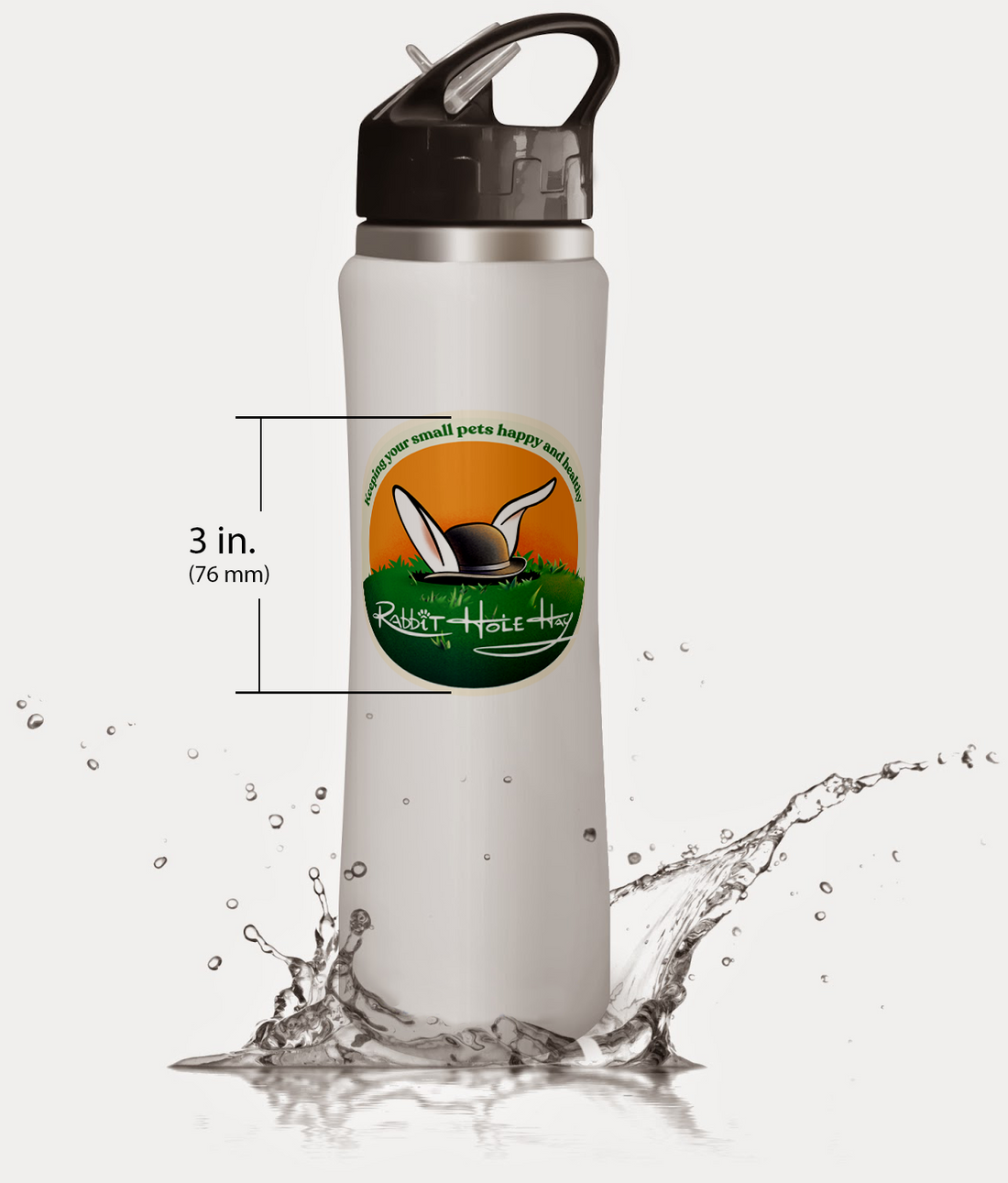






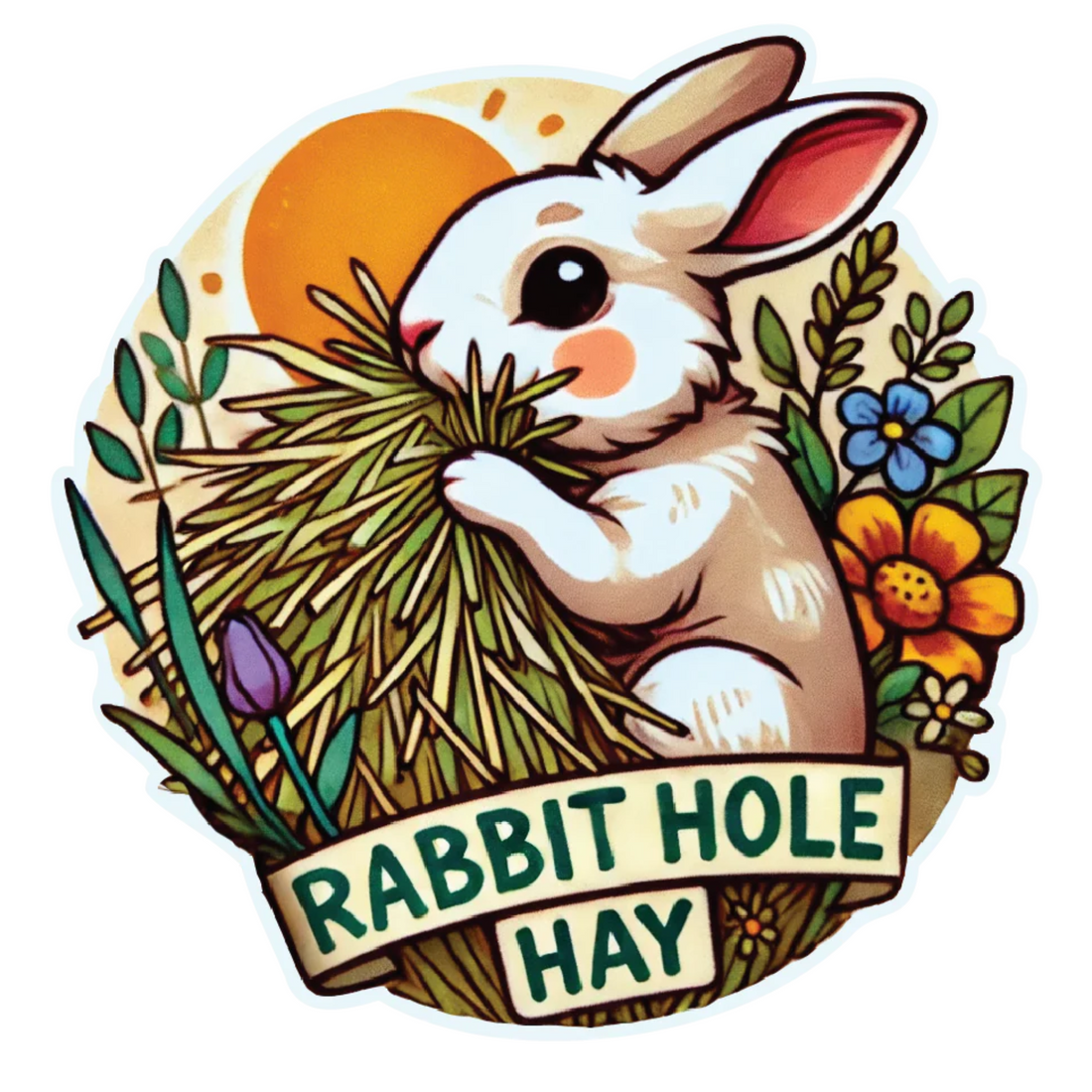
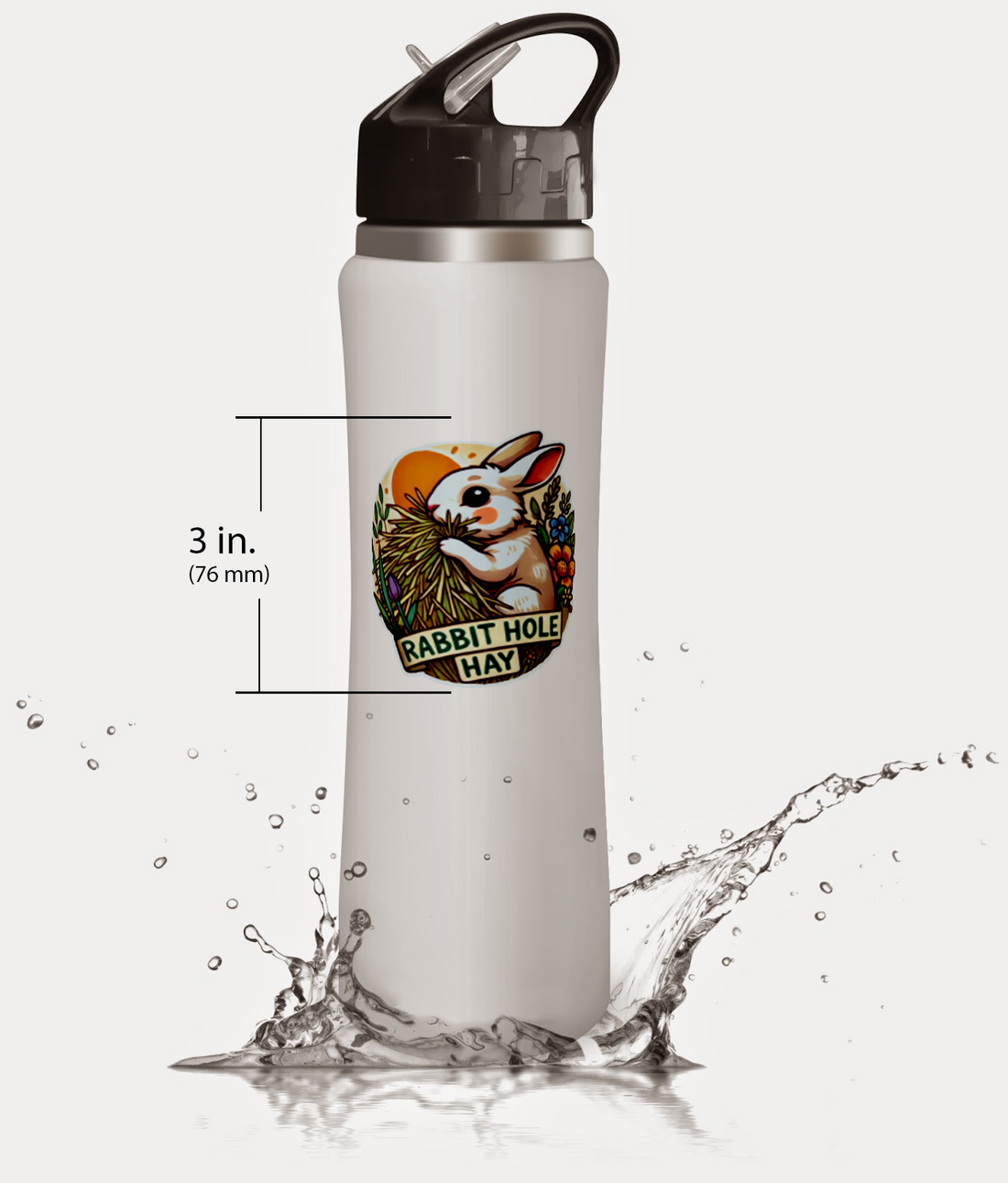
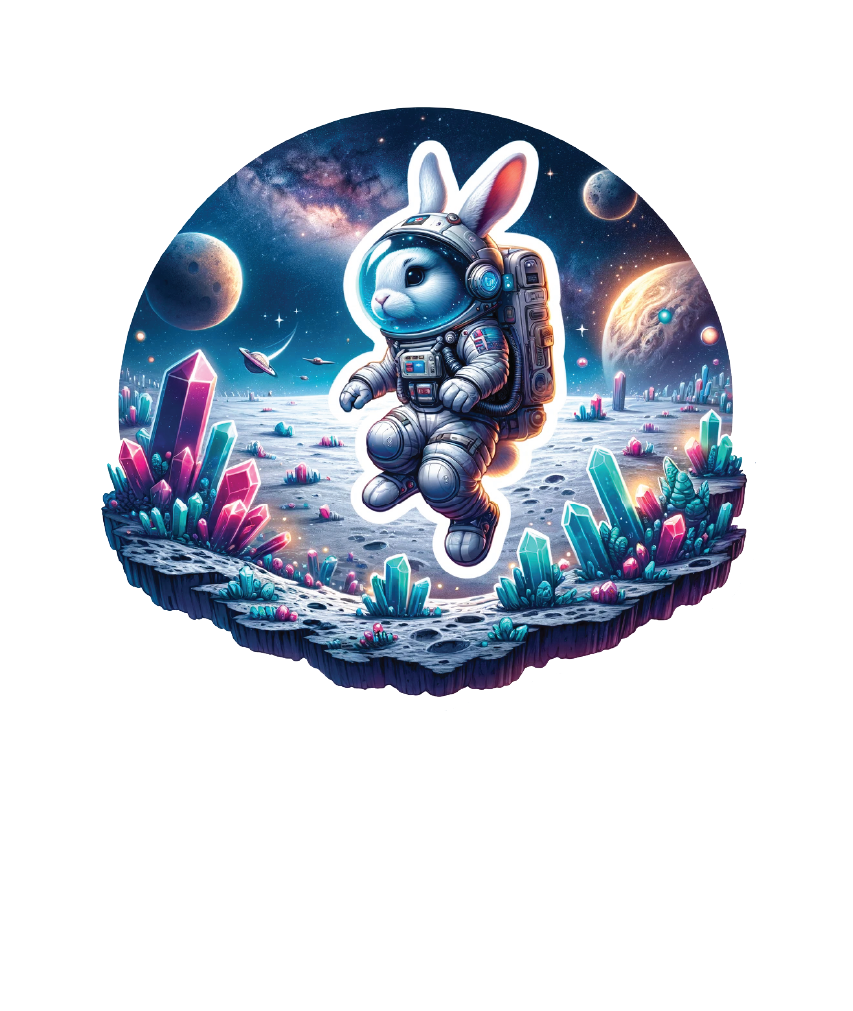
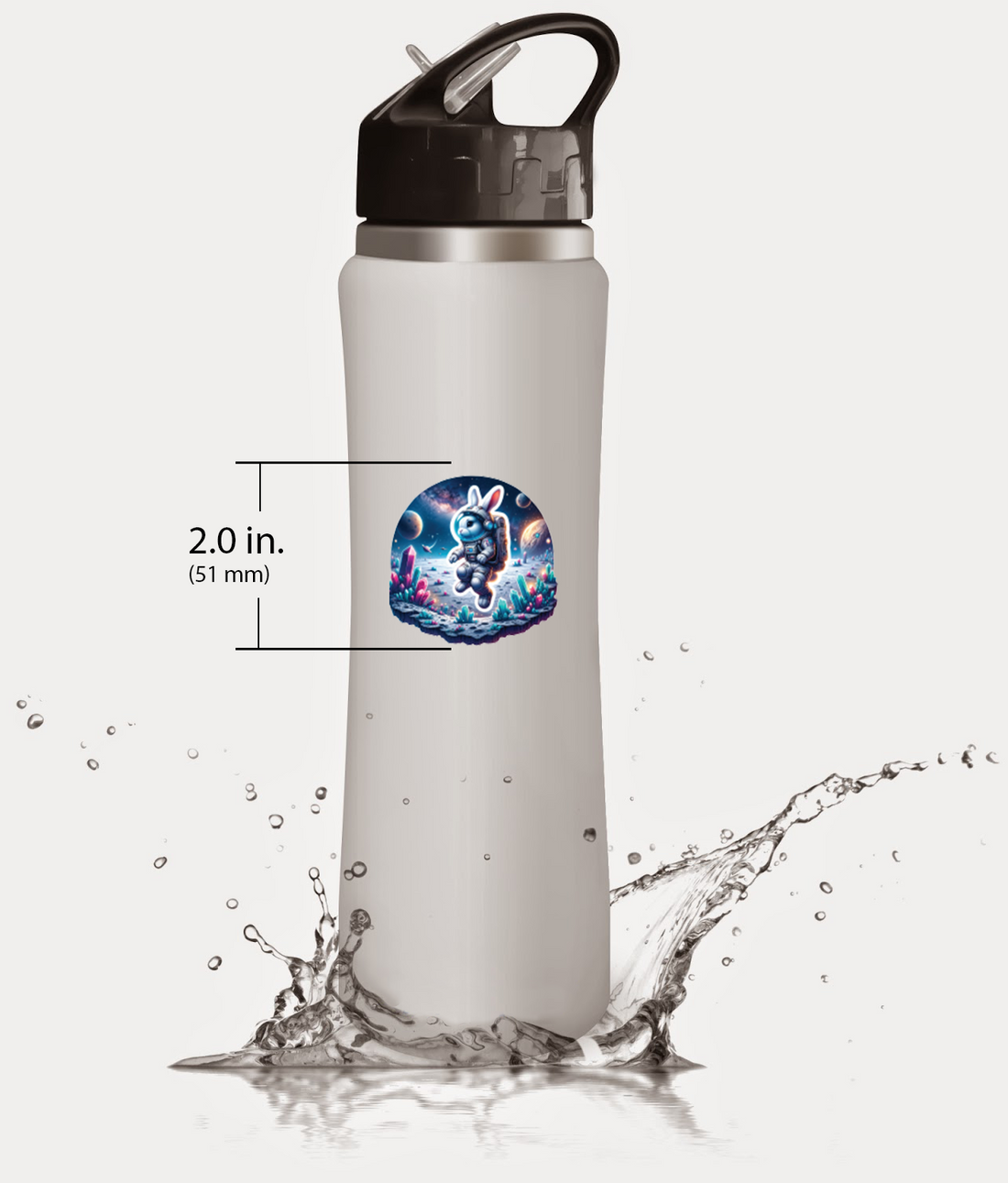
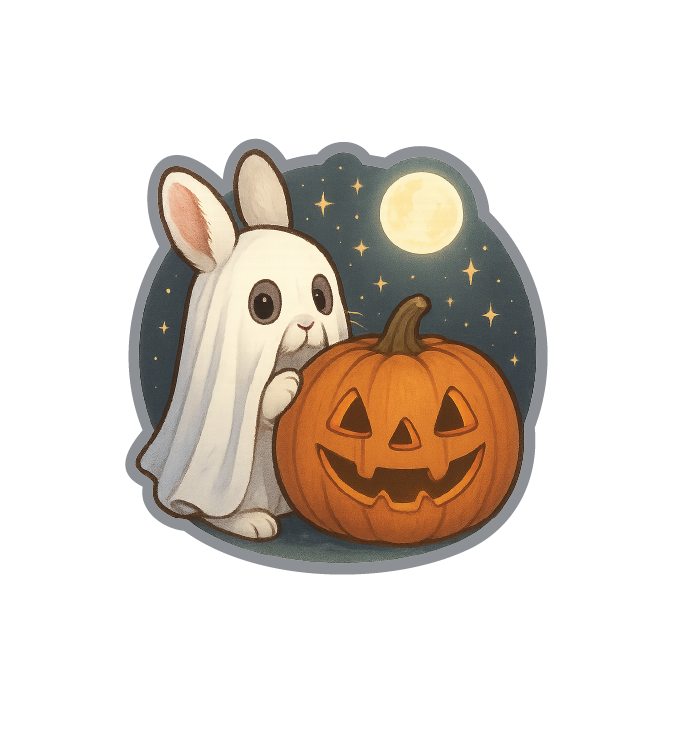
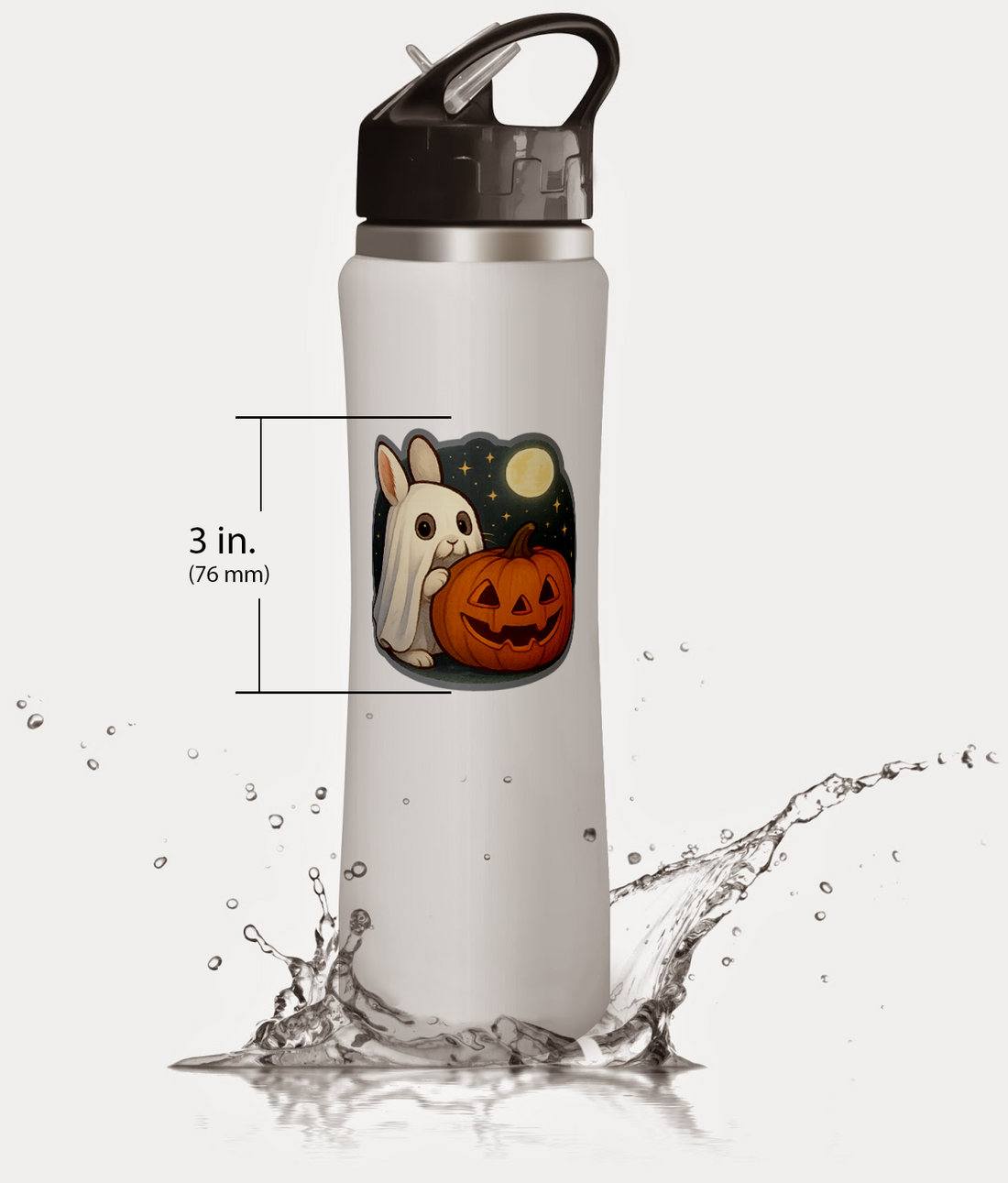
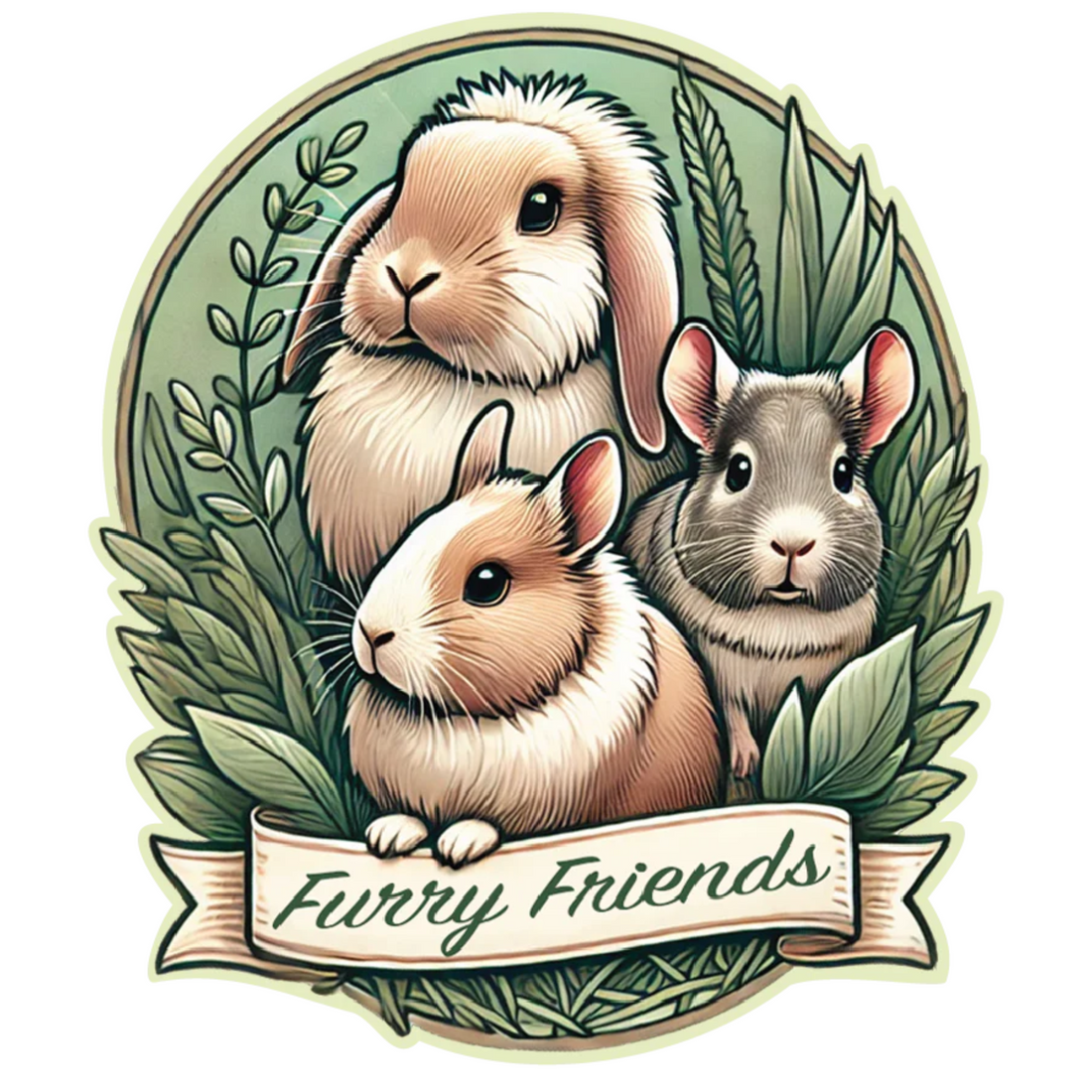
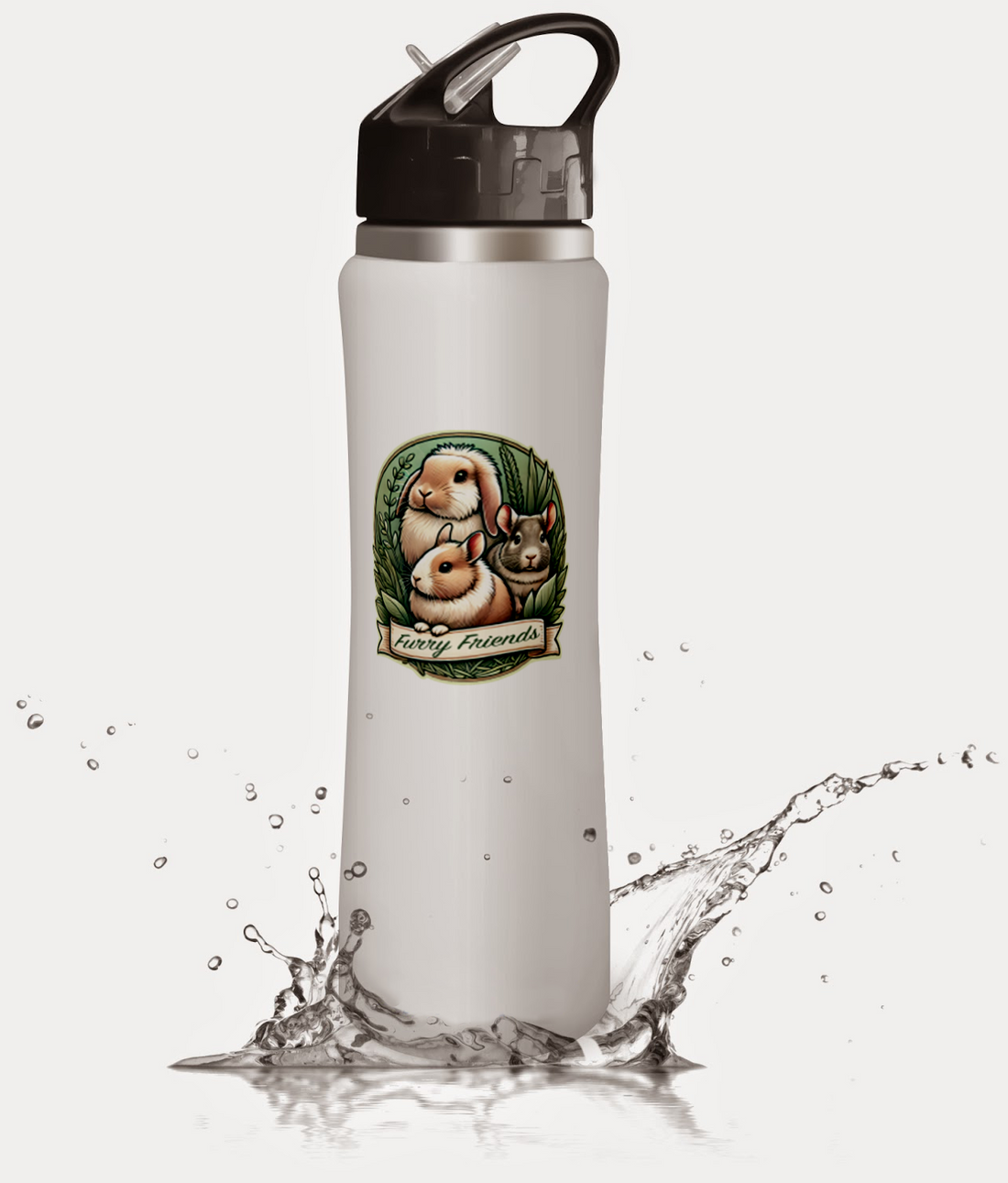




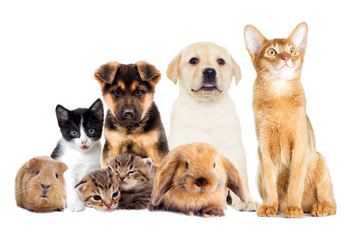


Comments